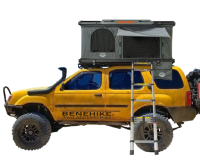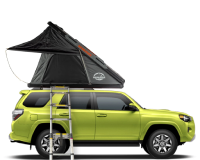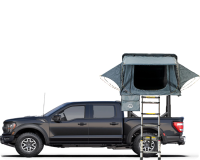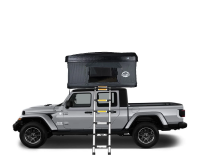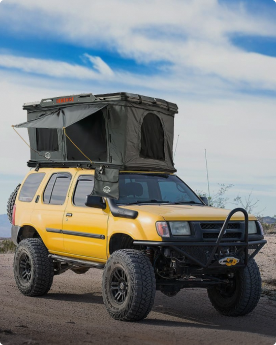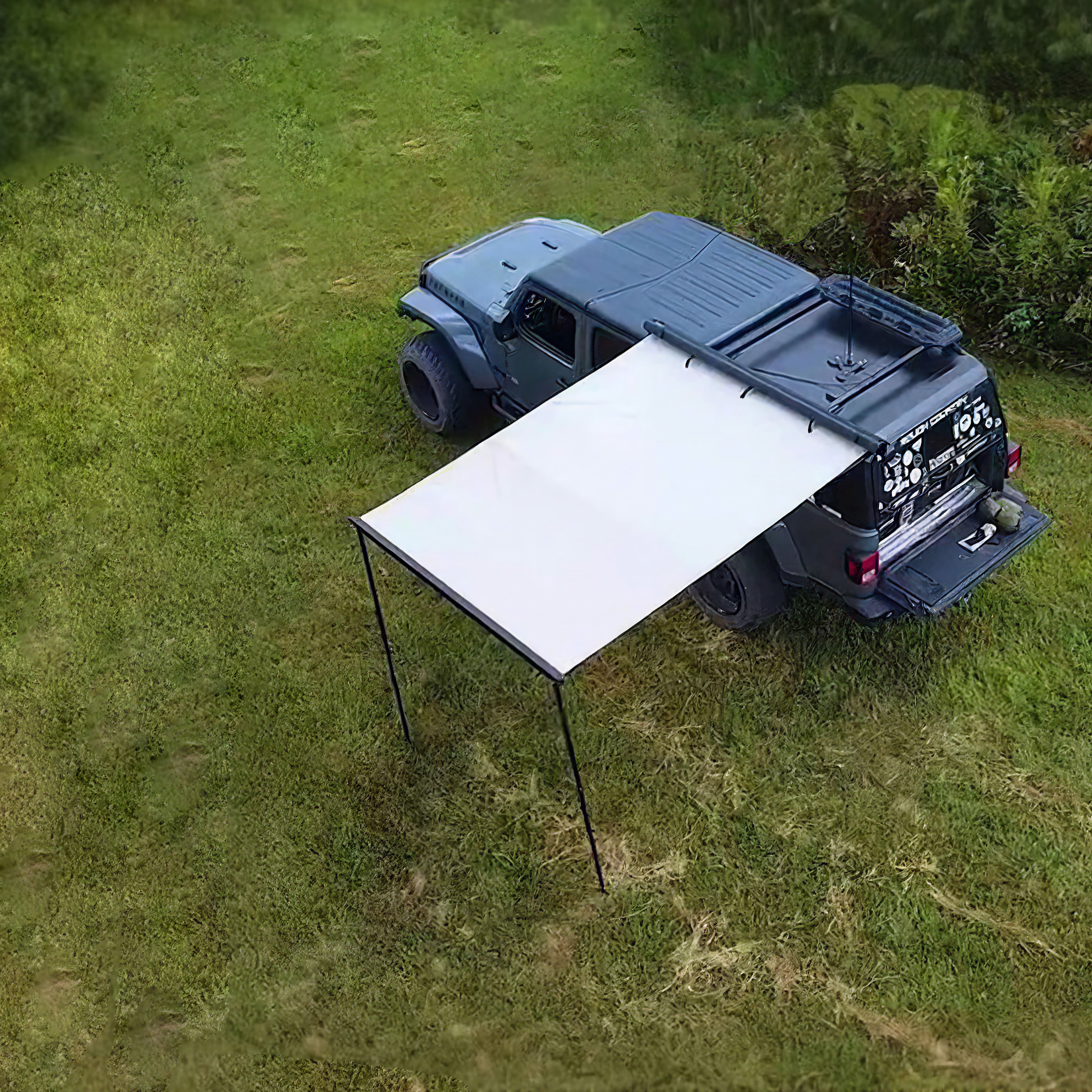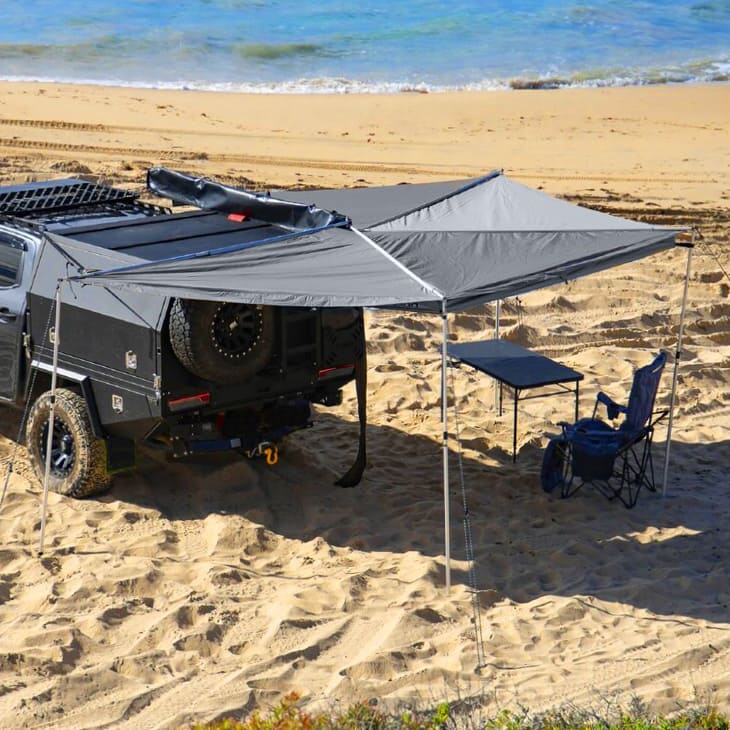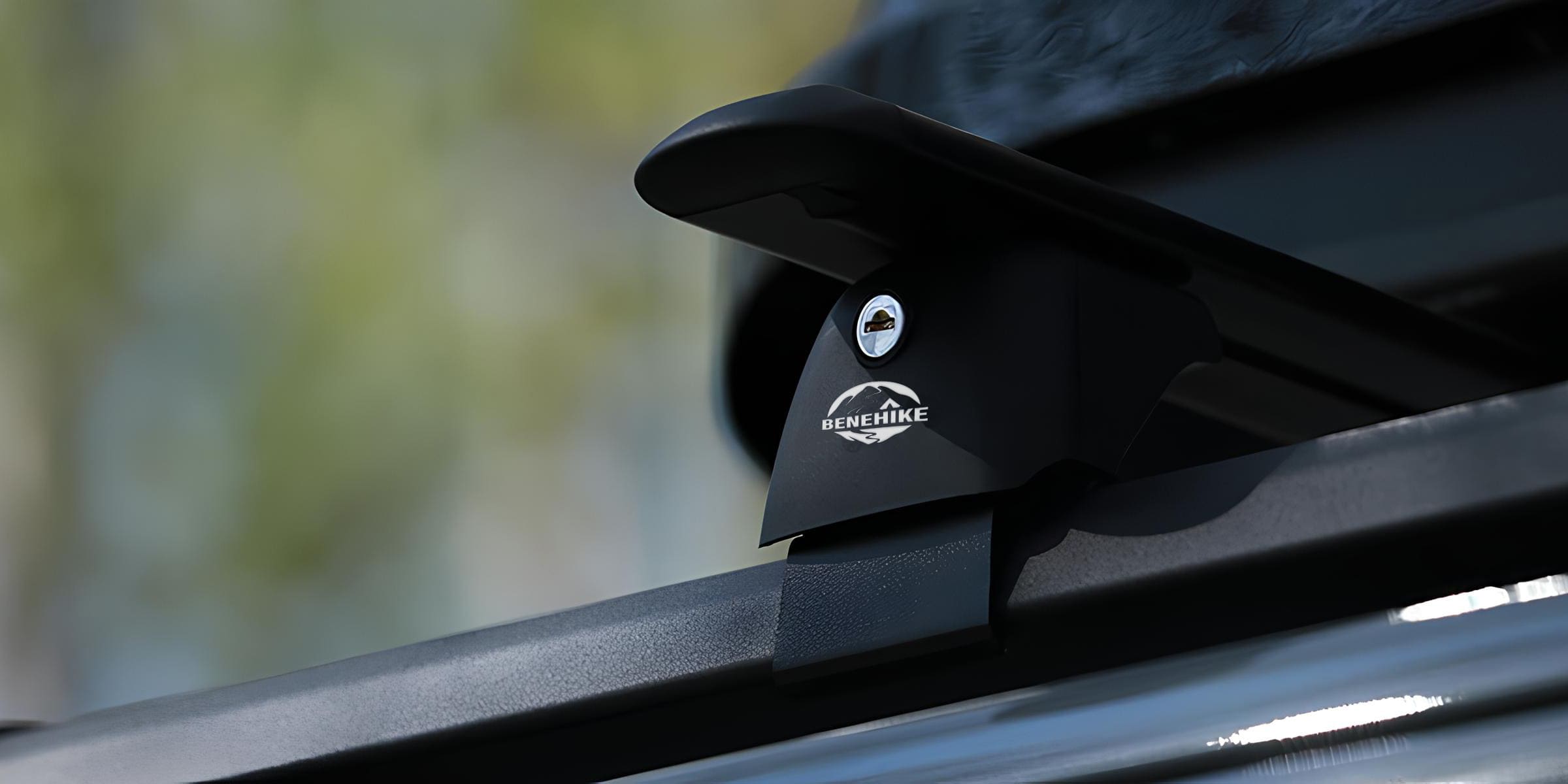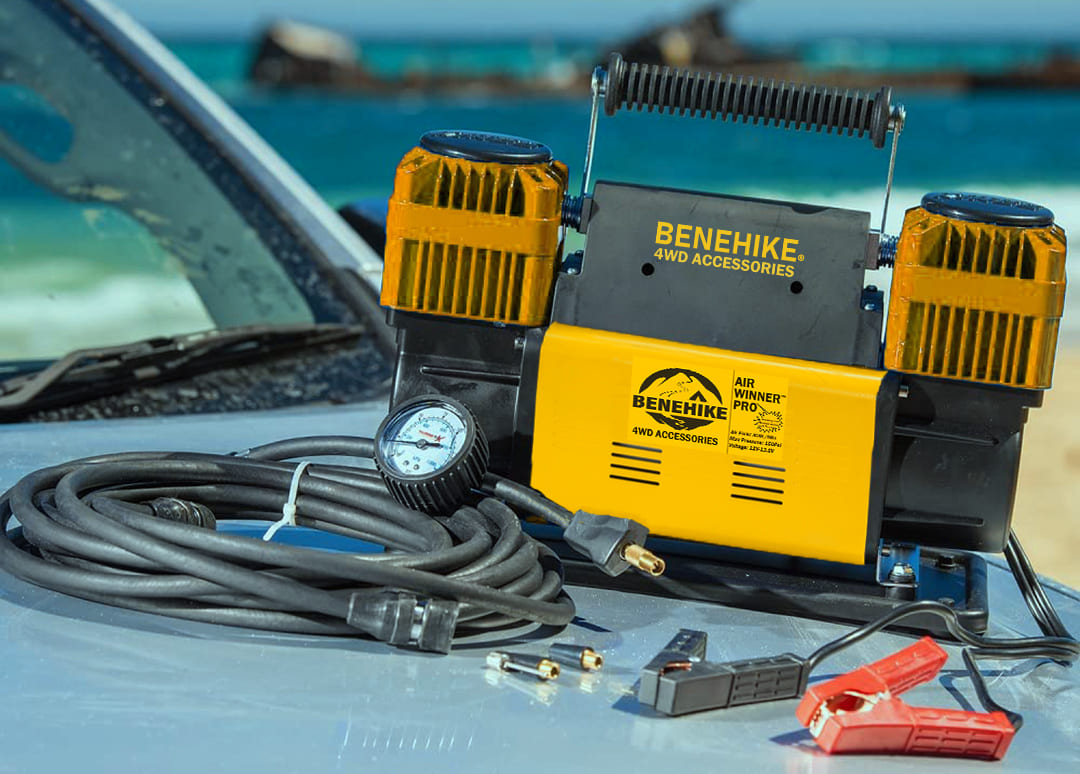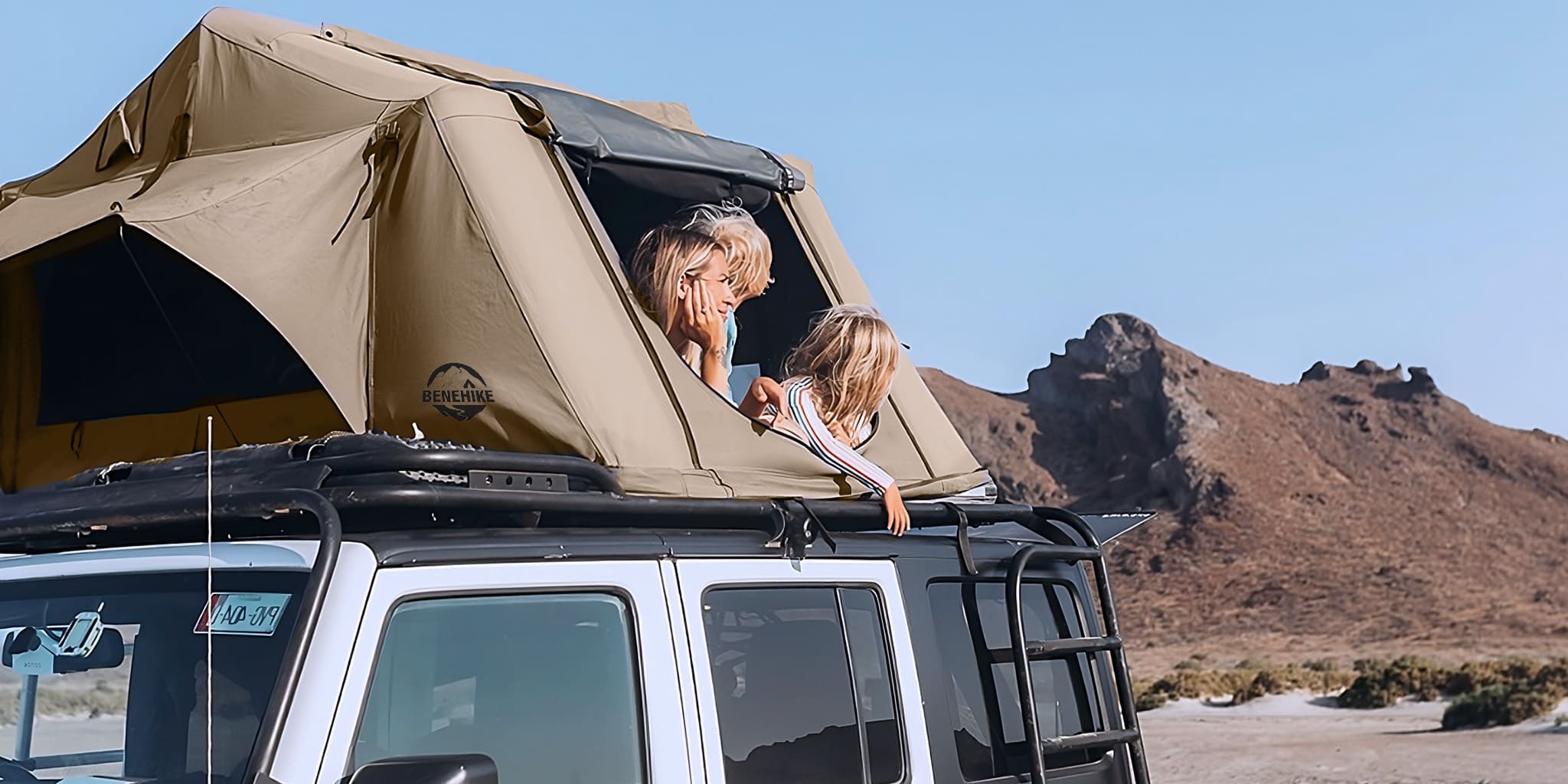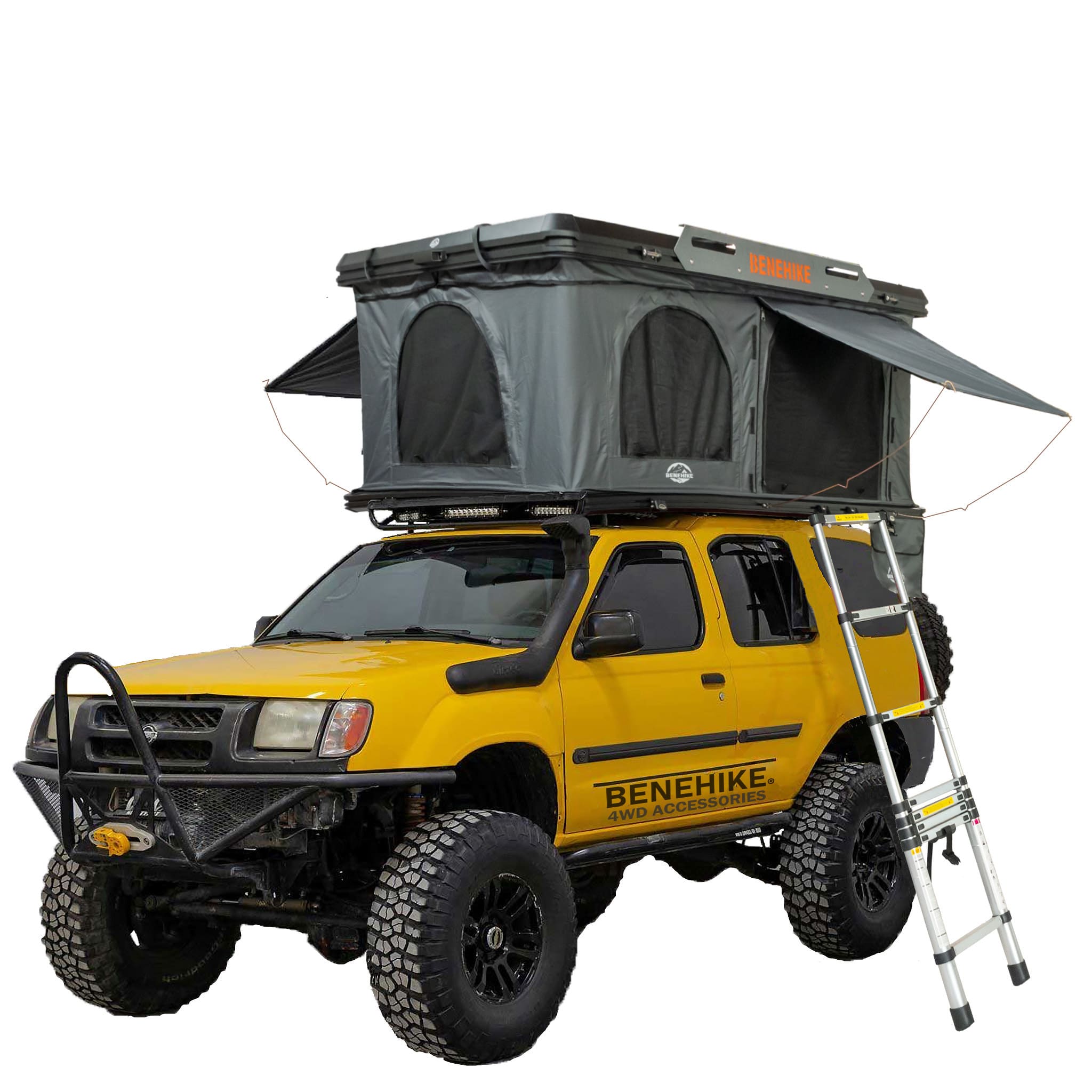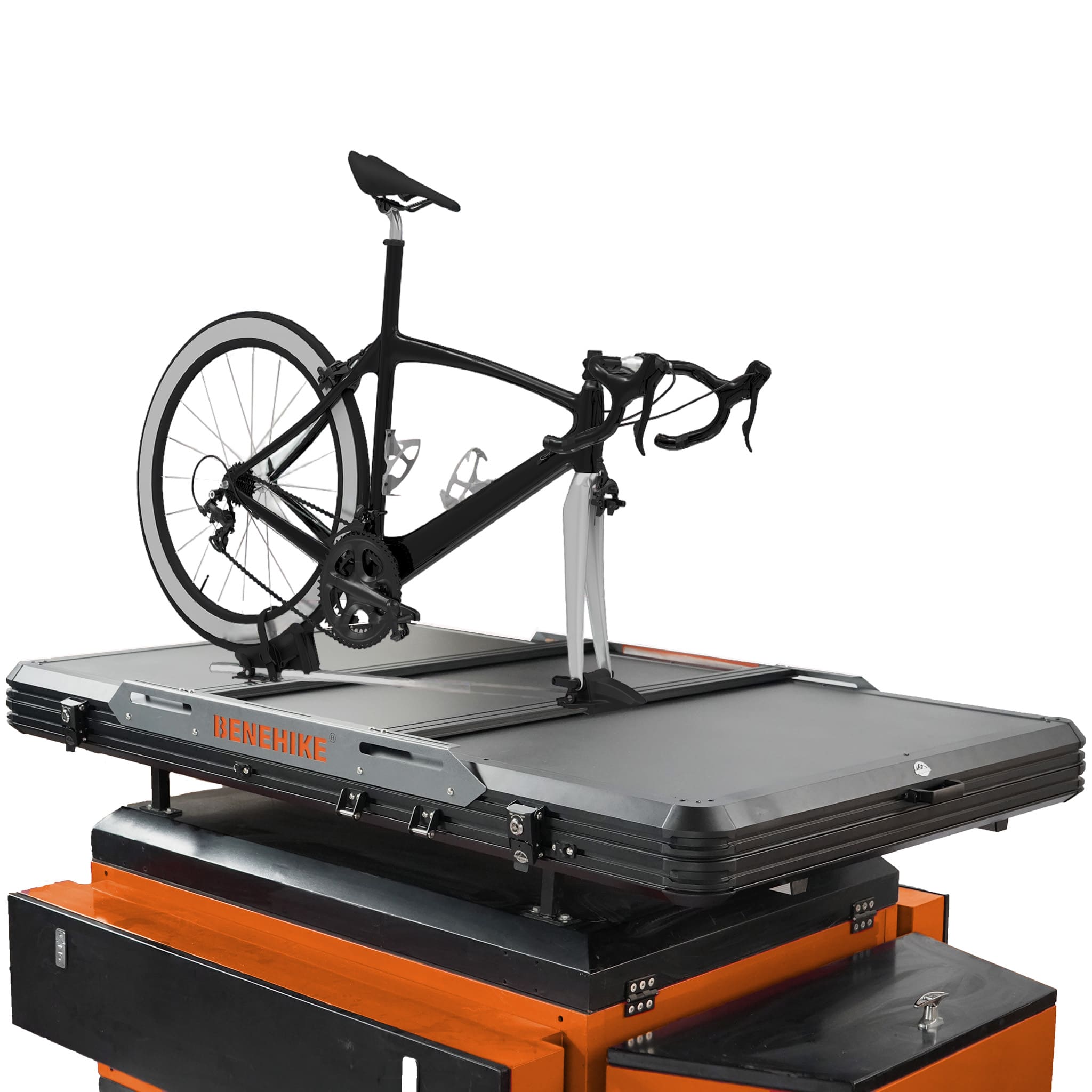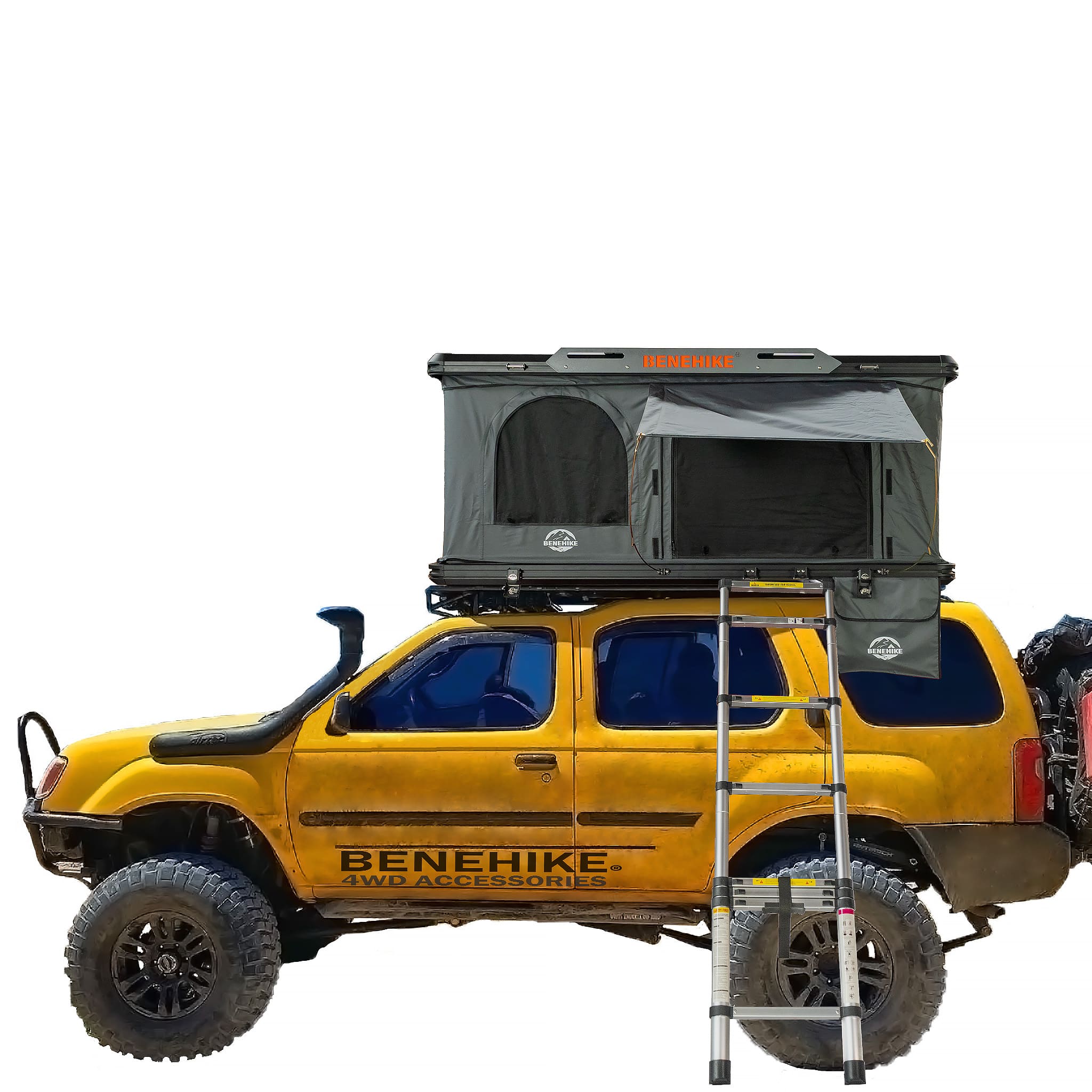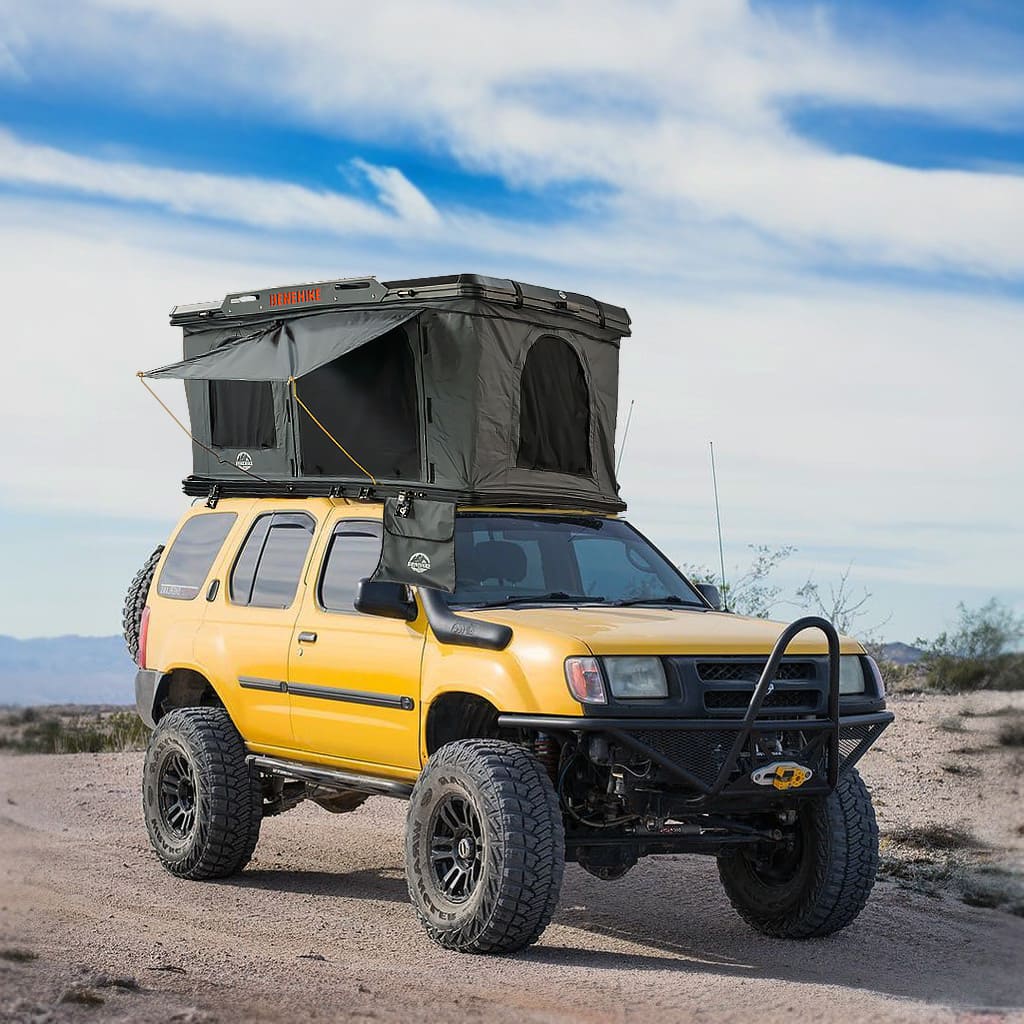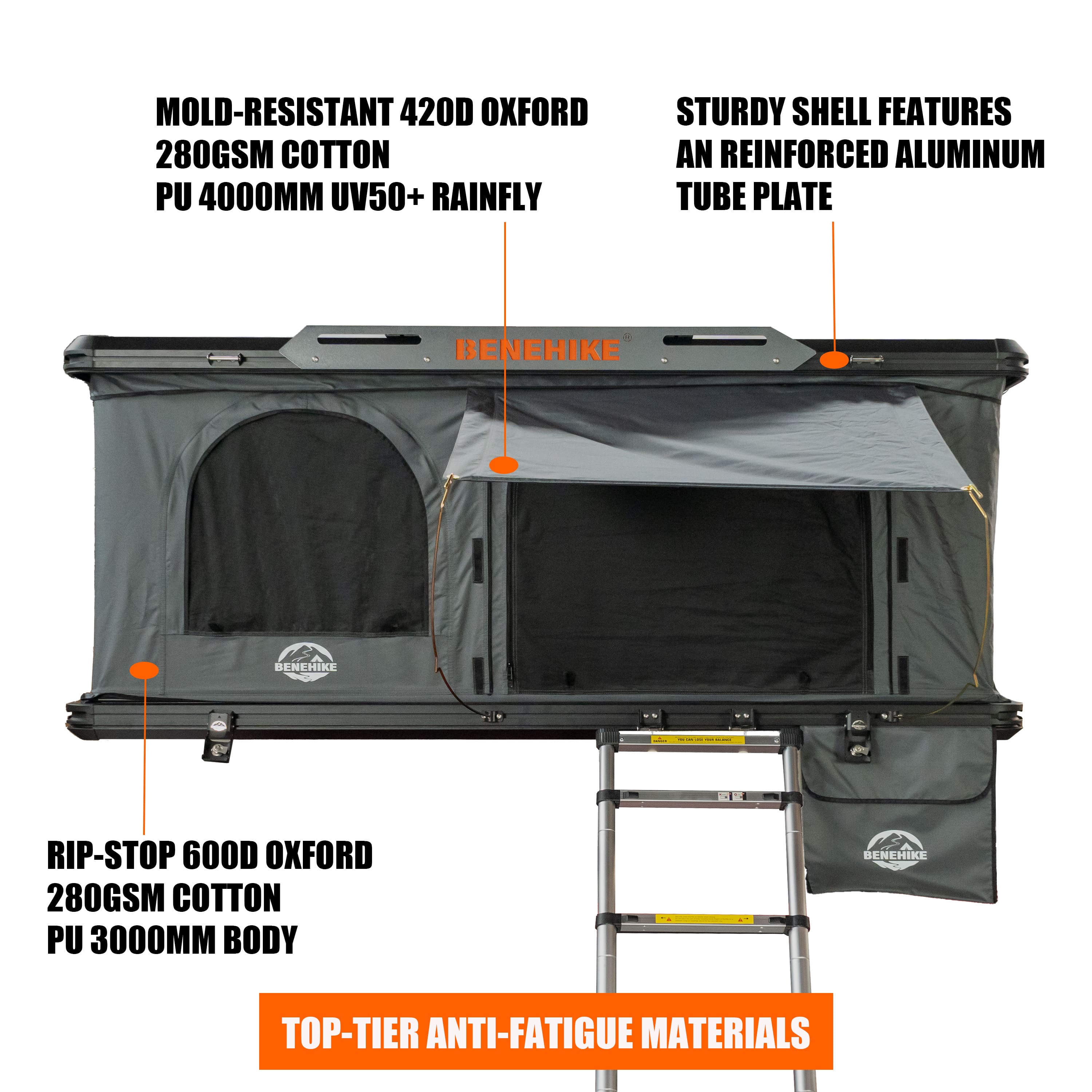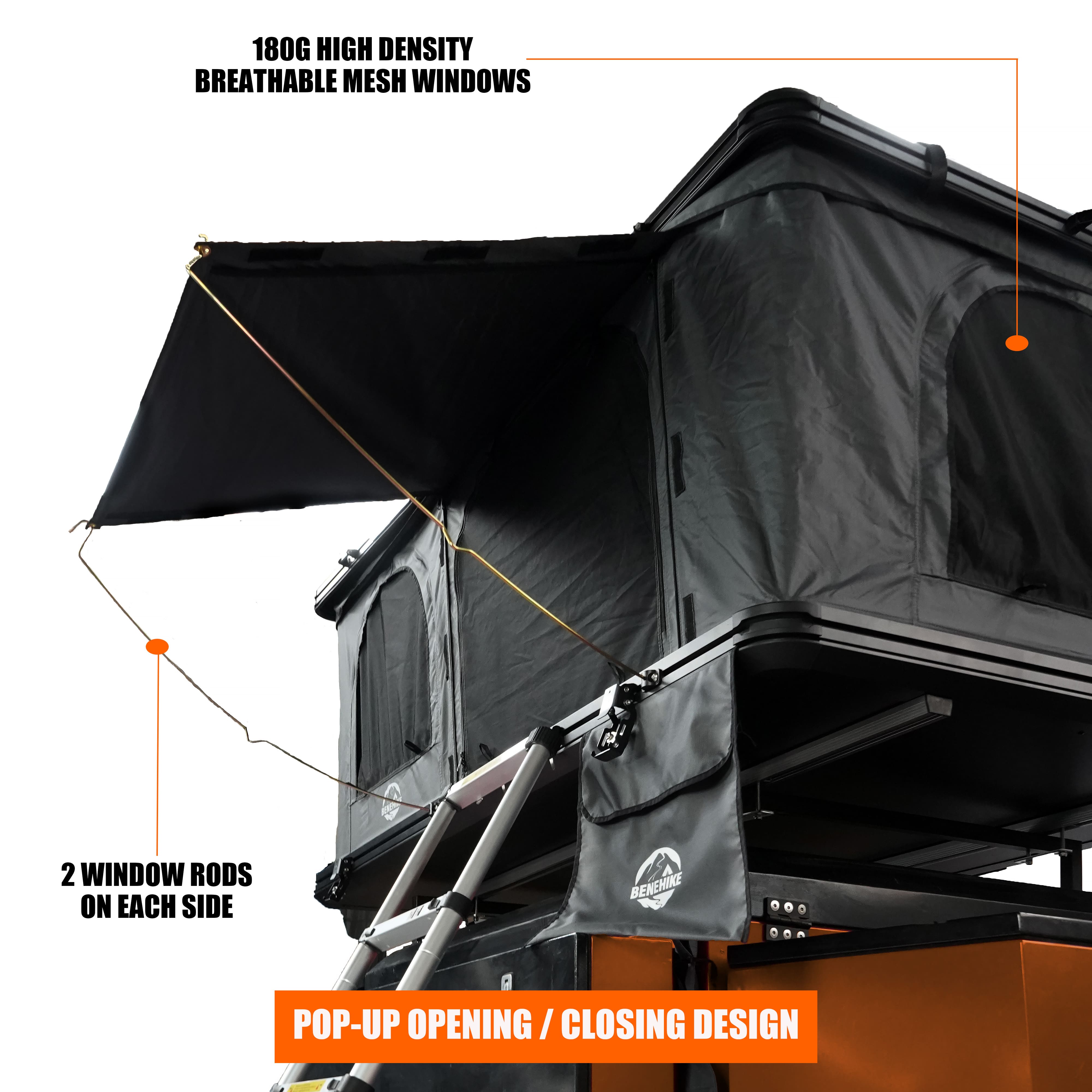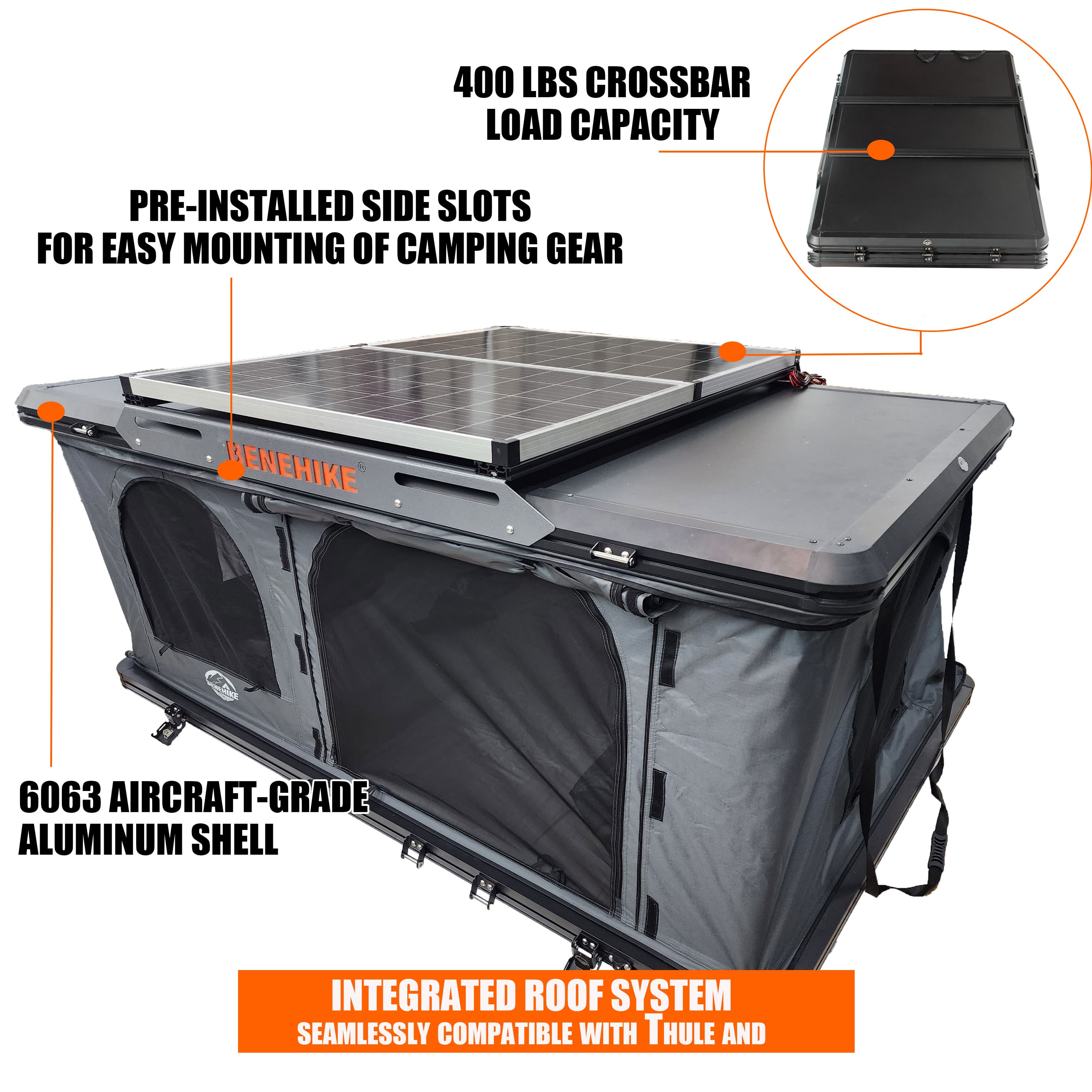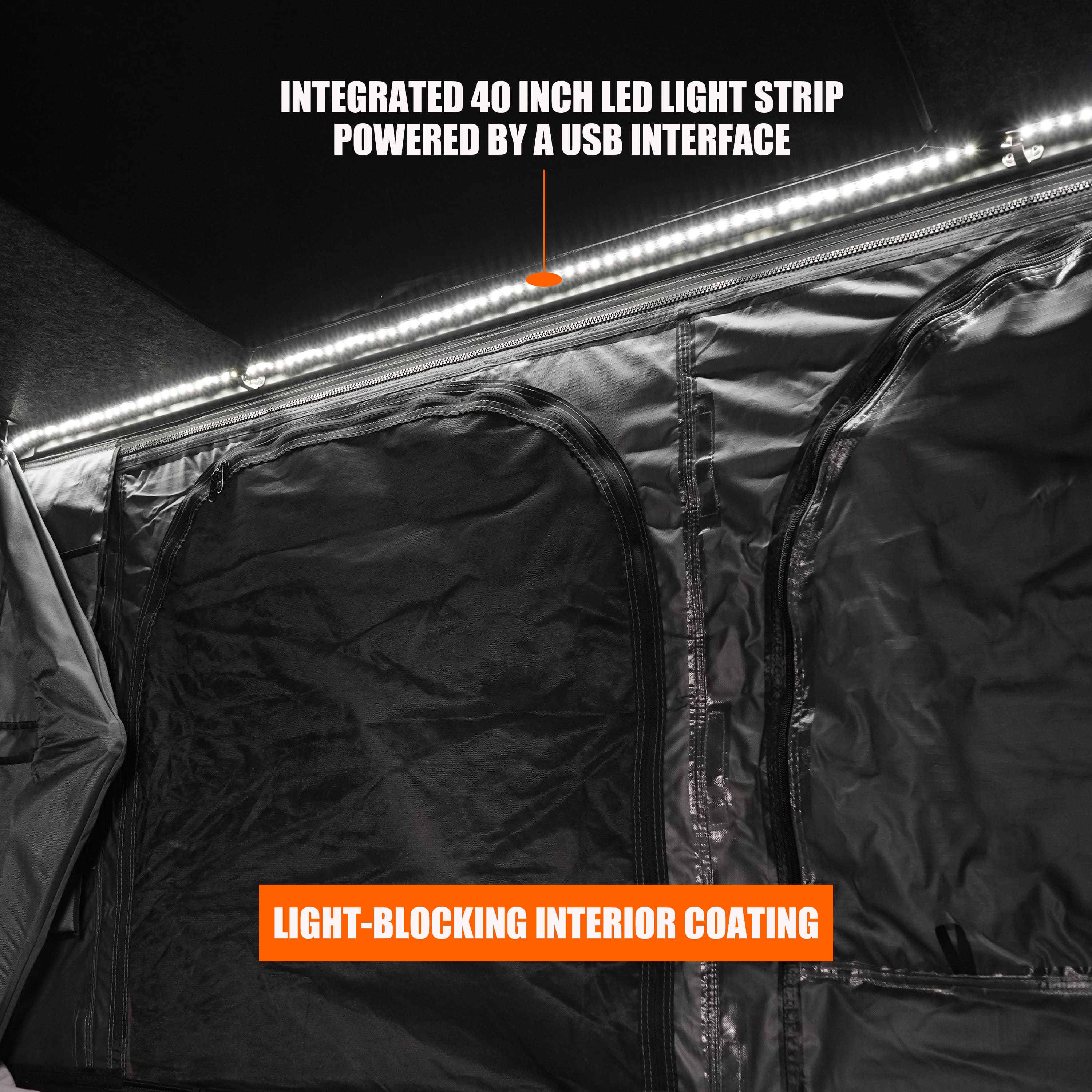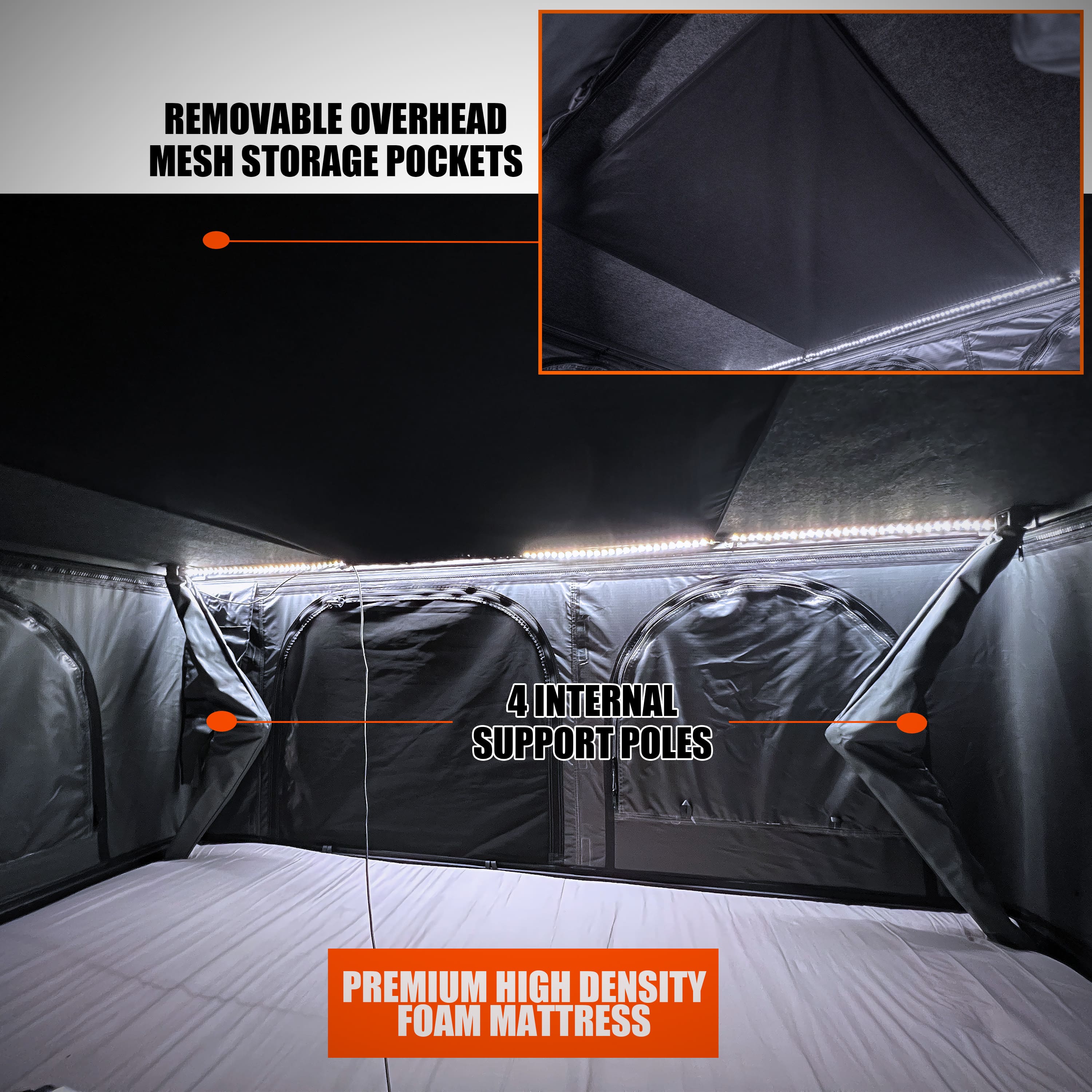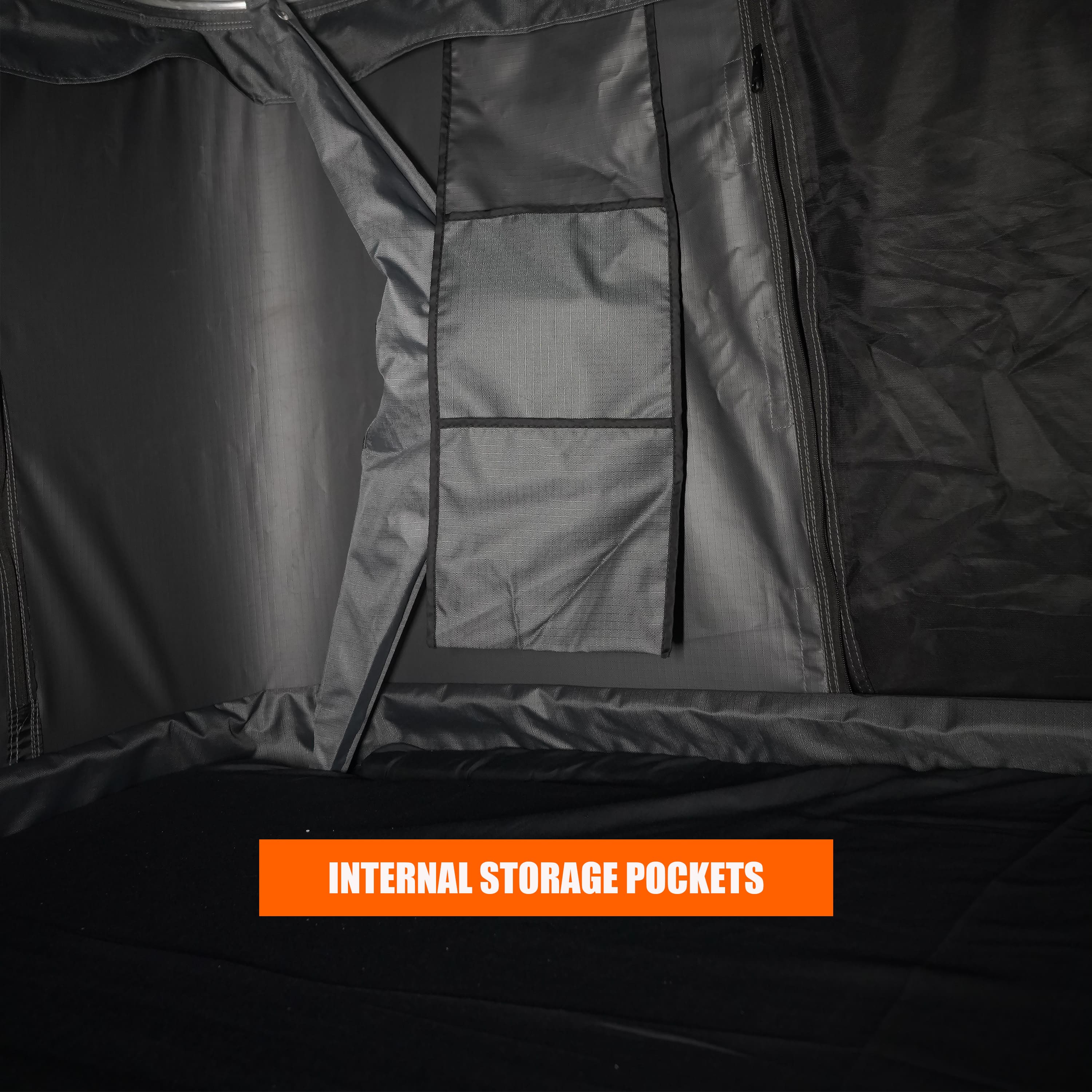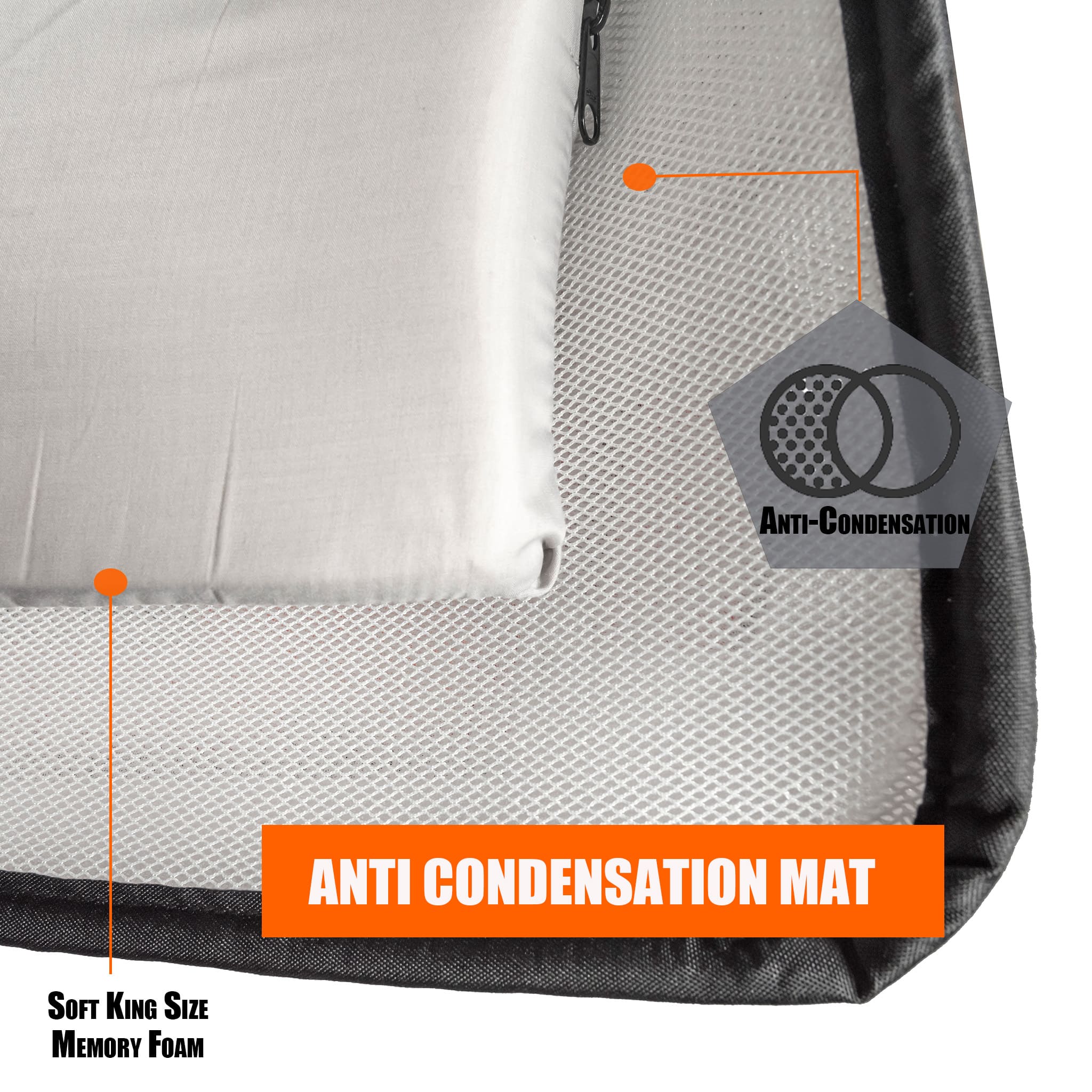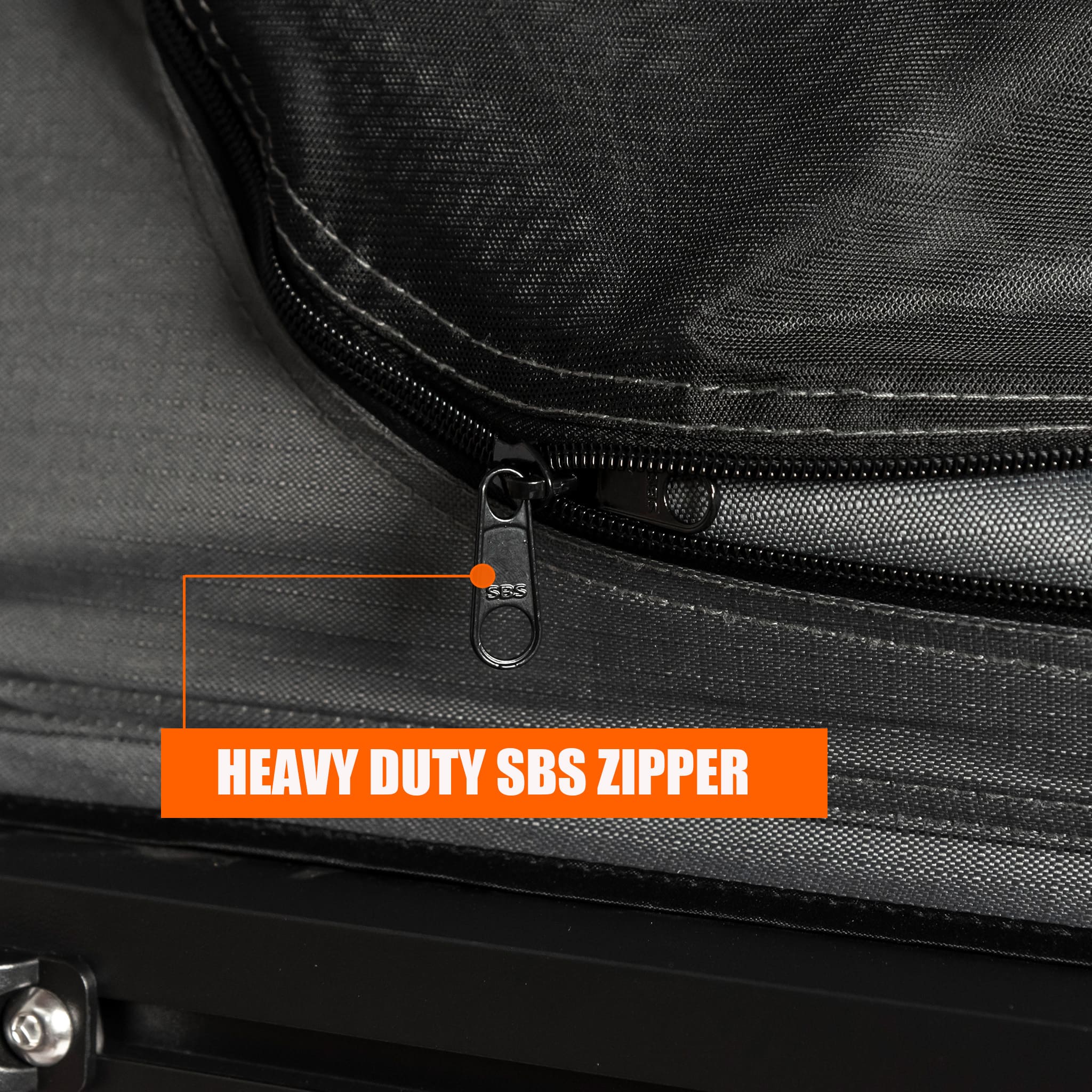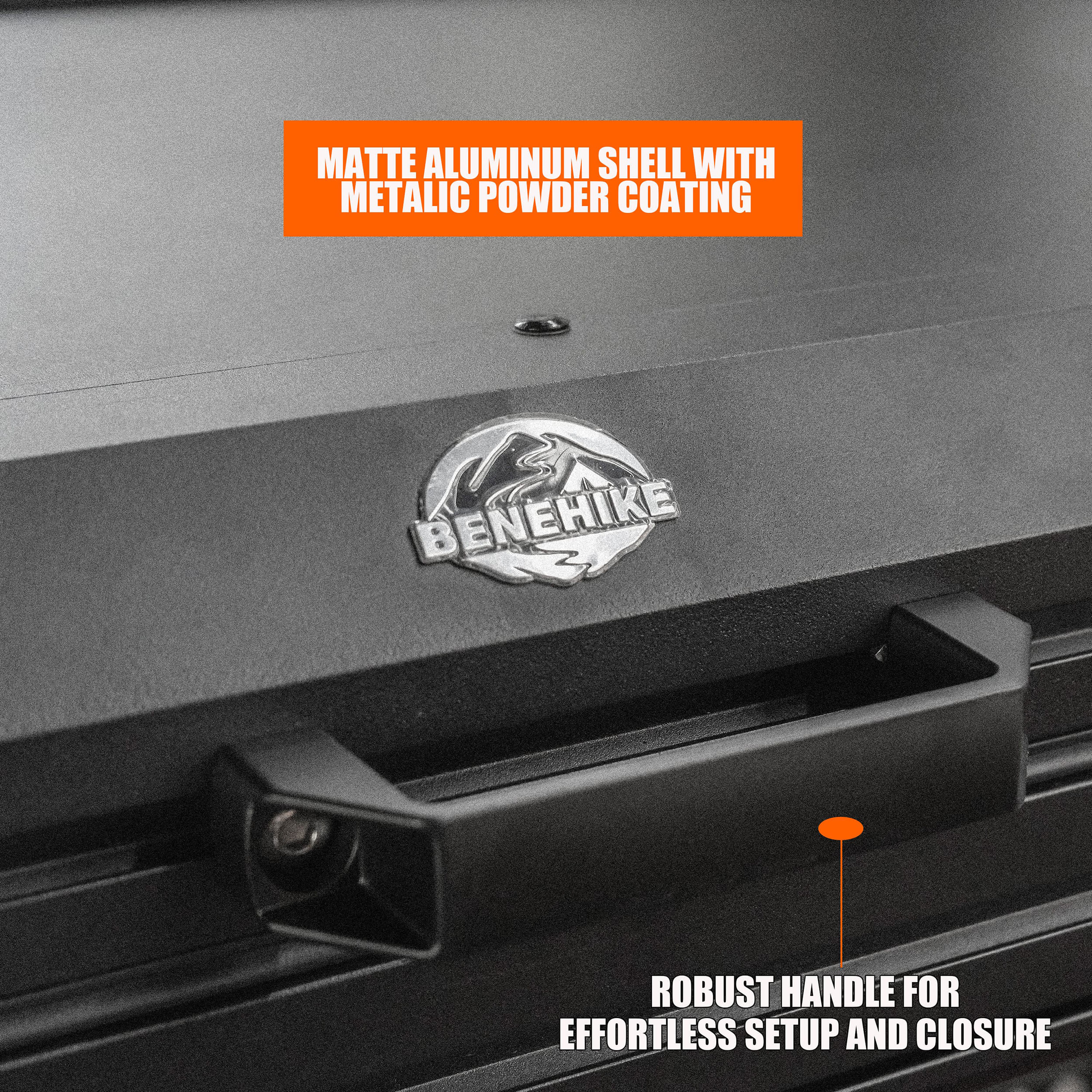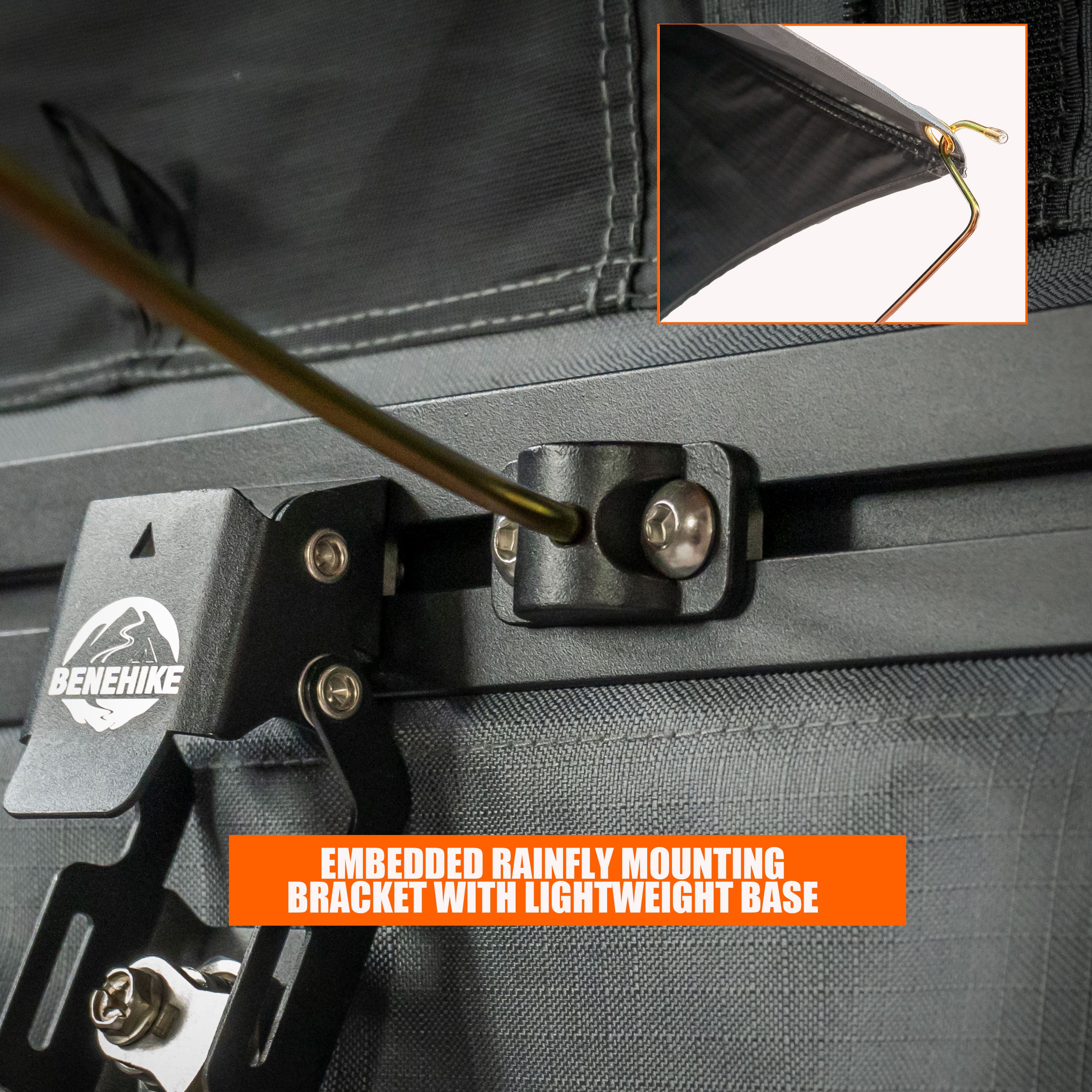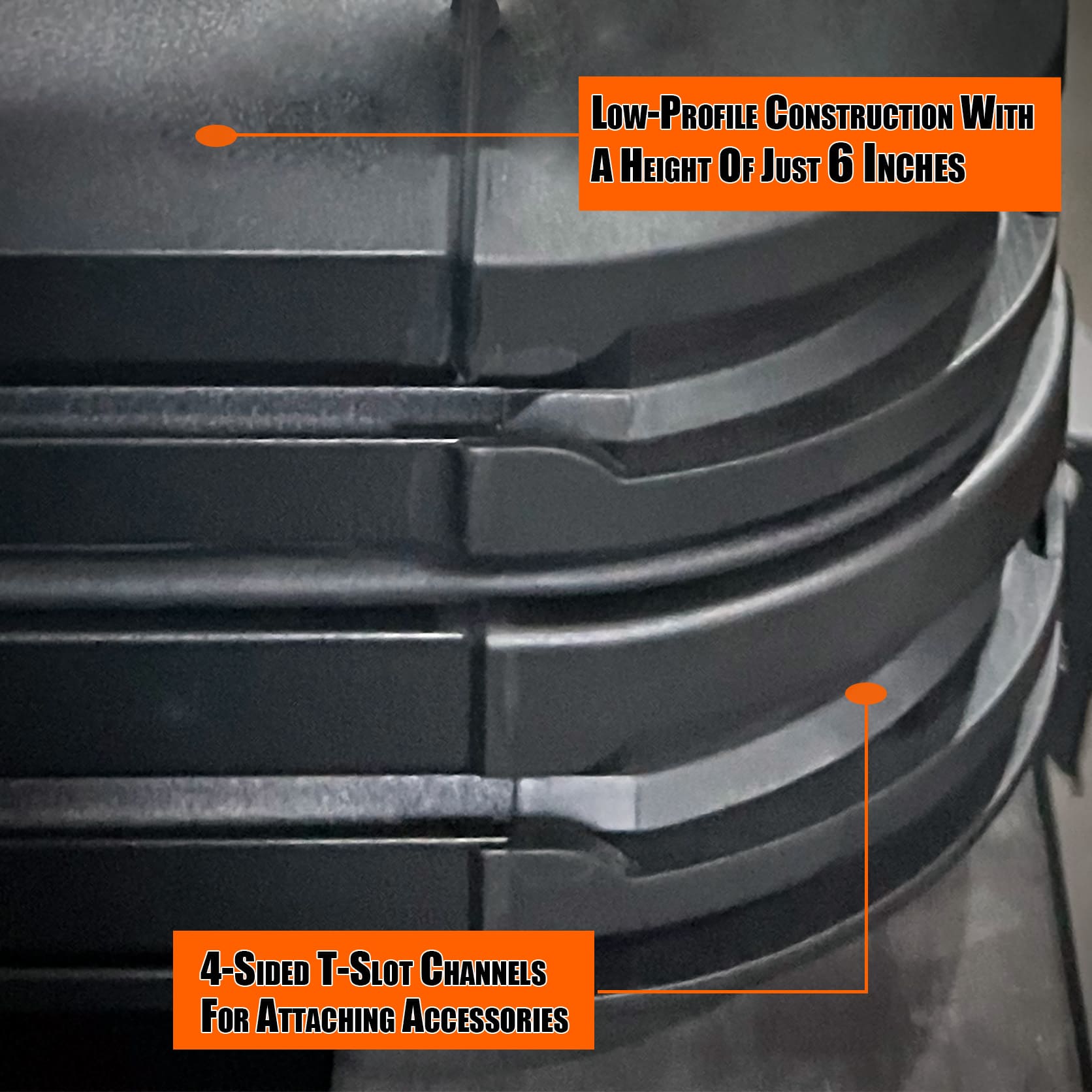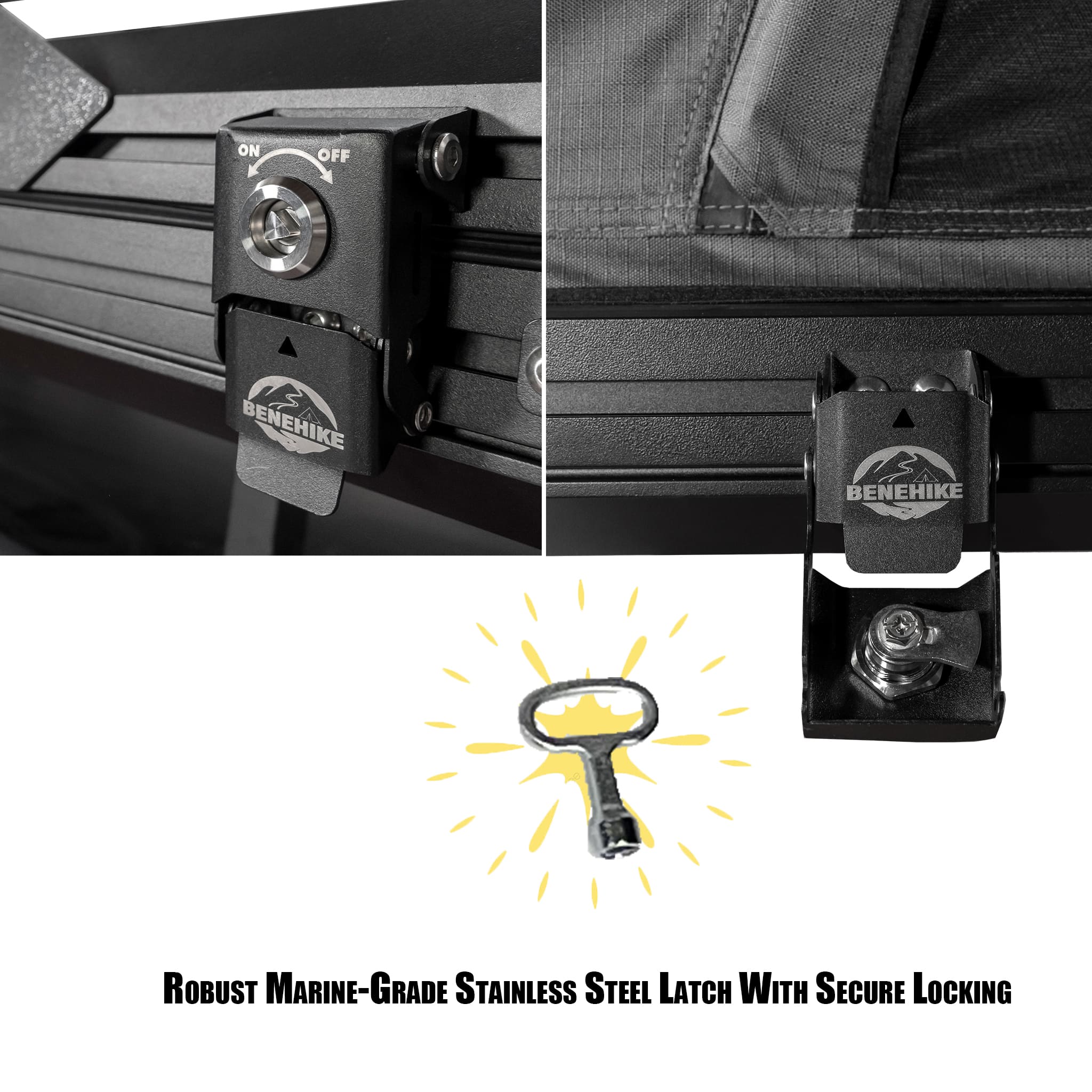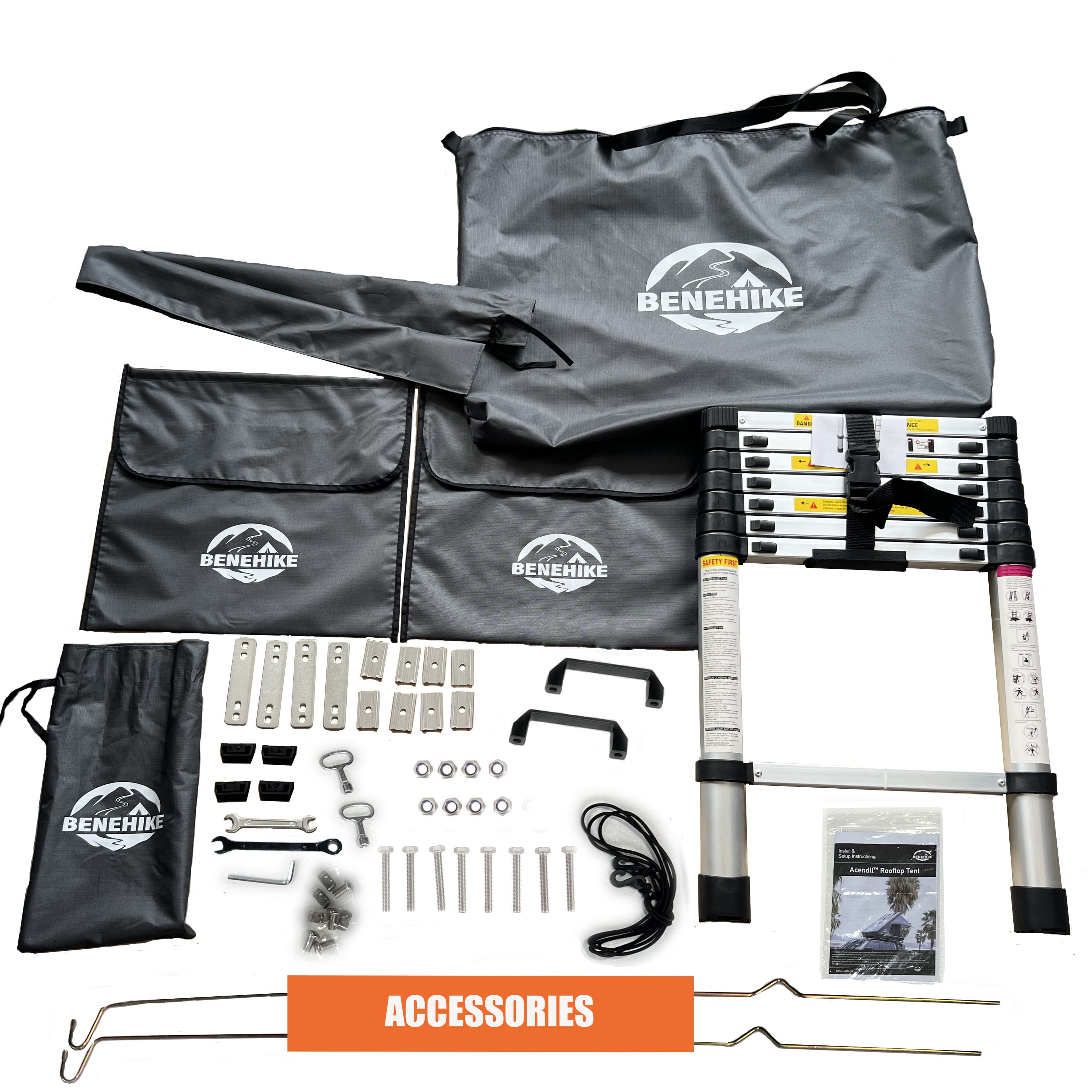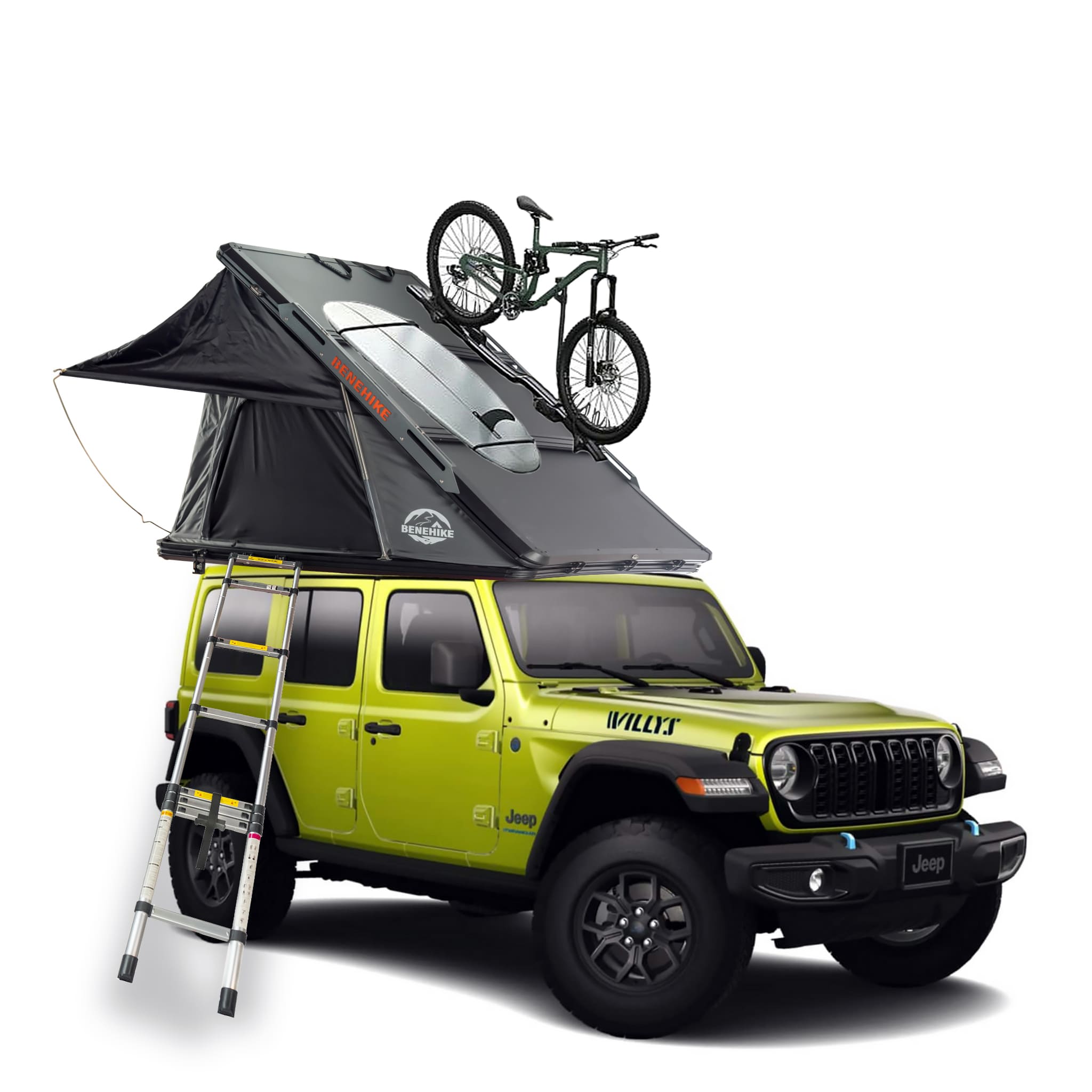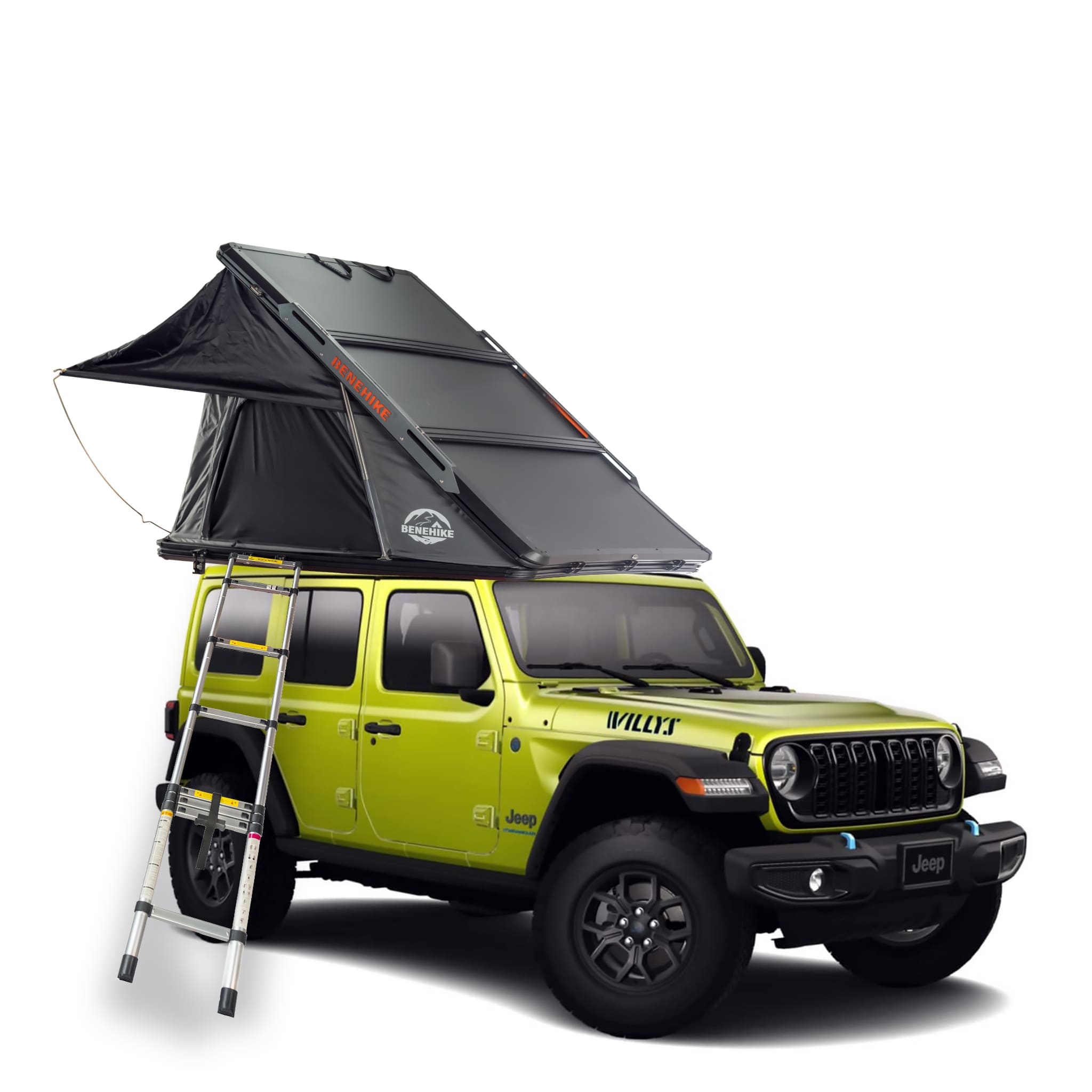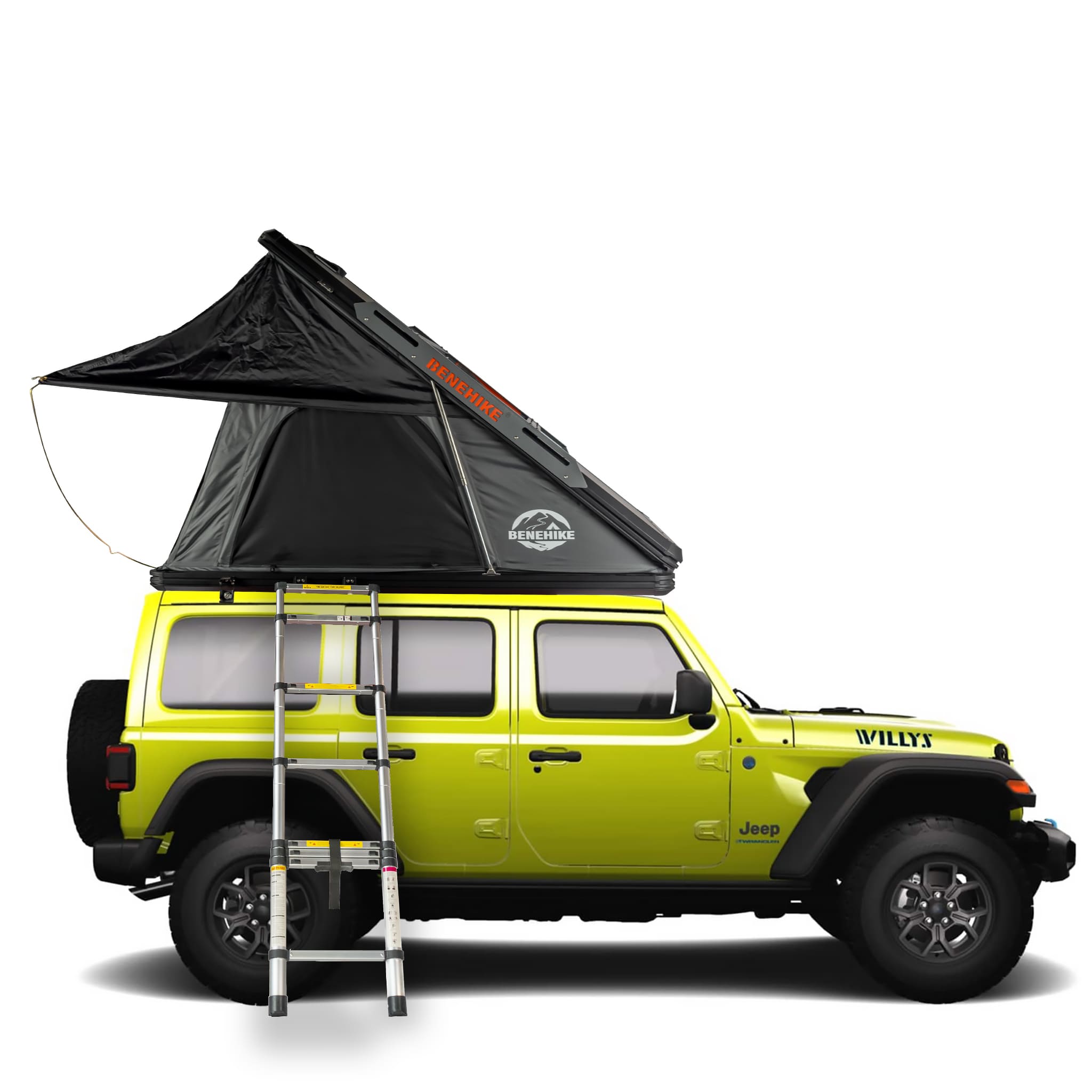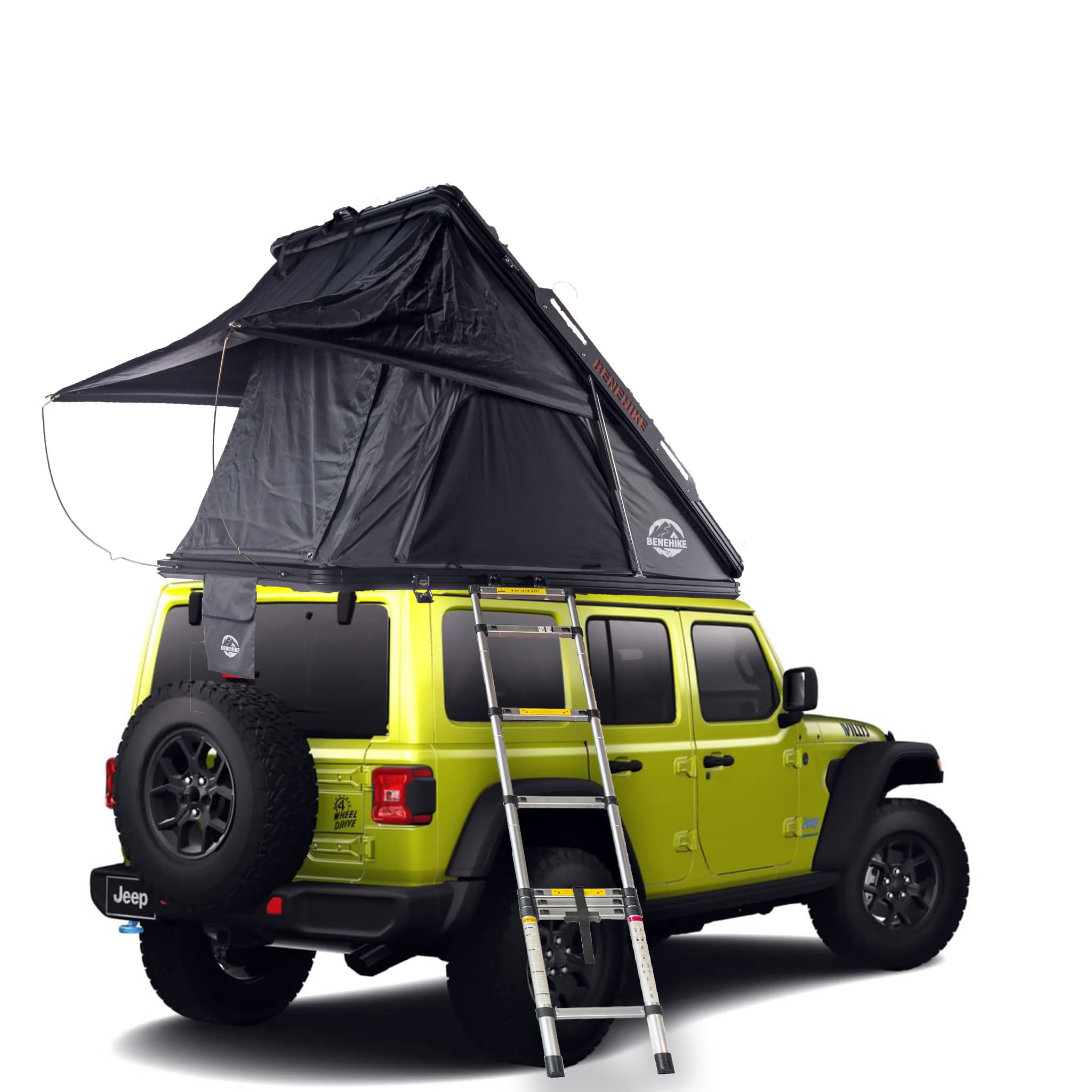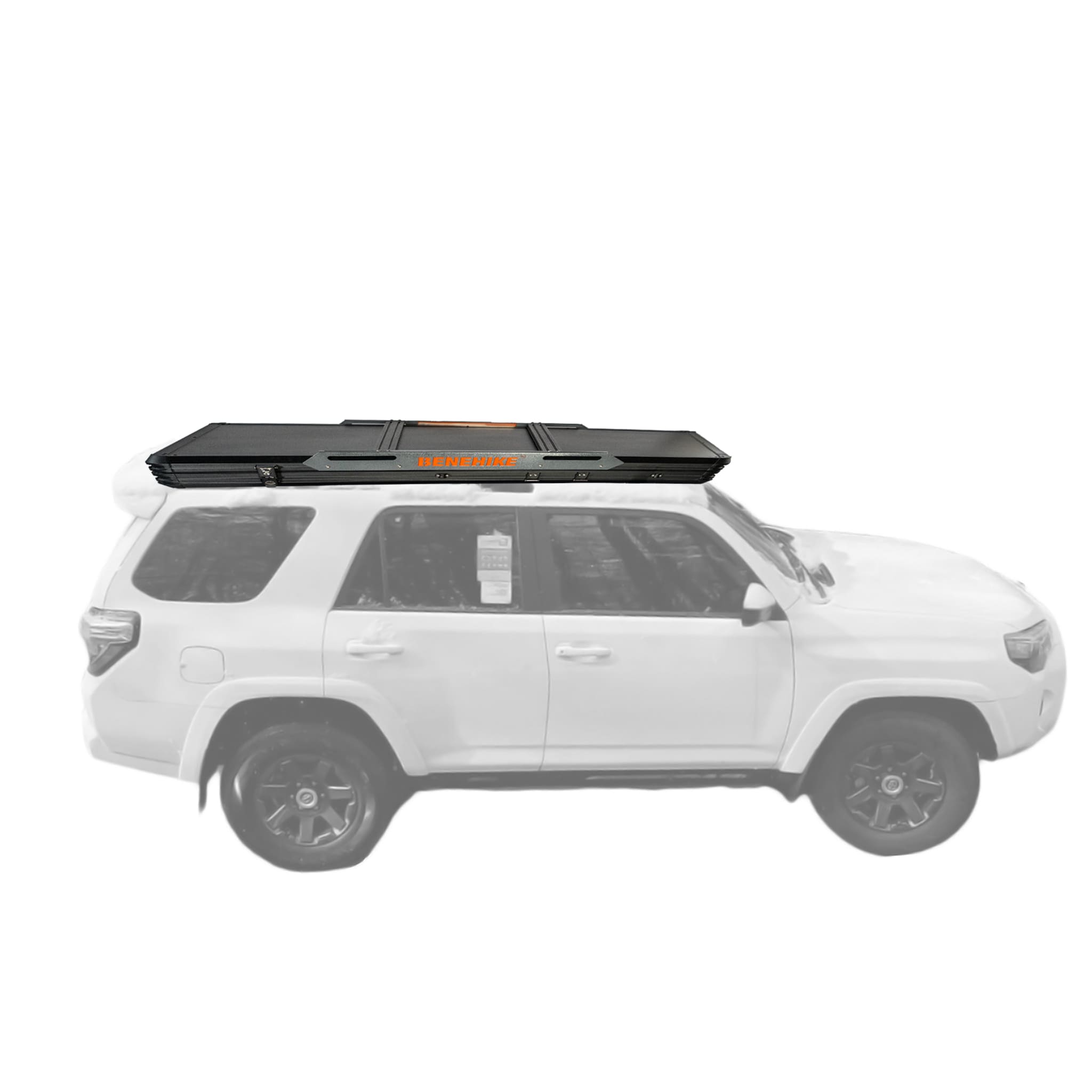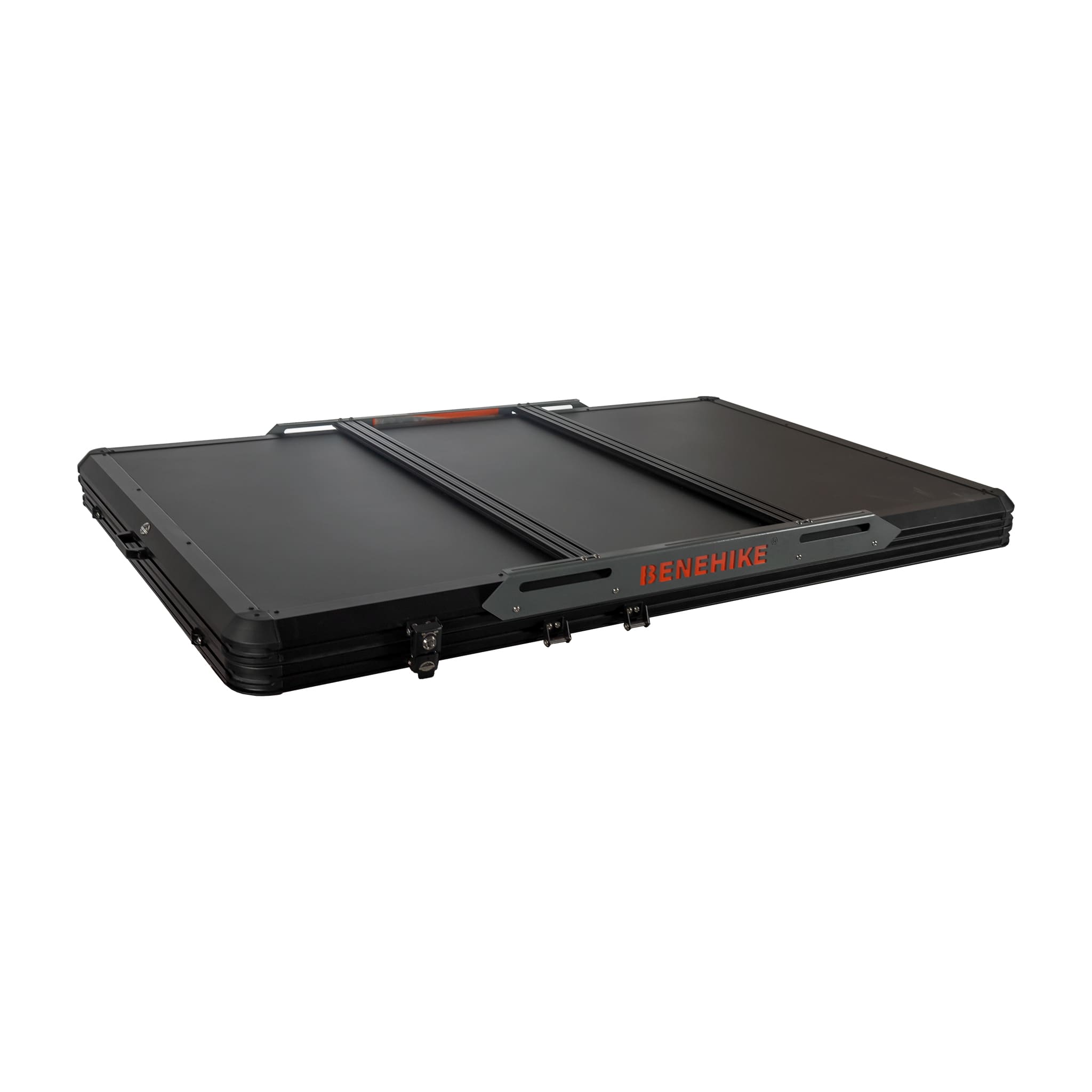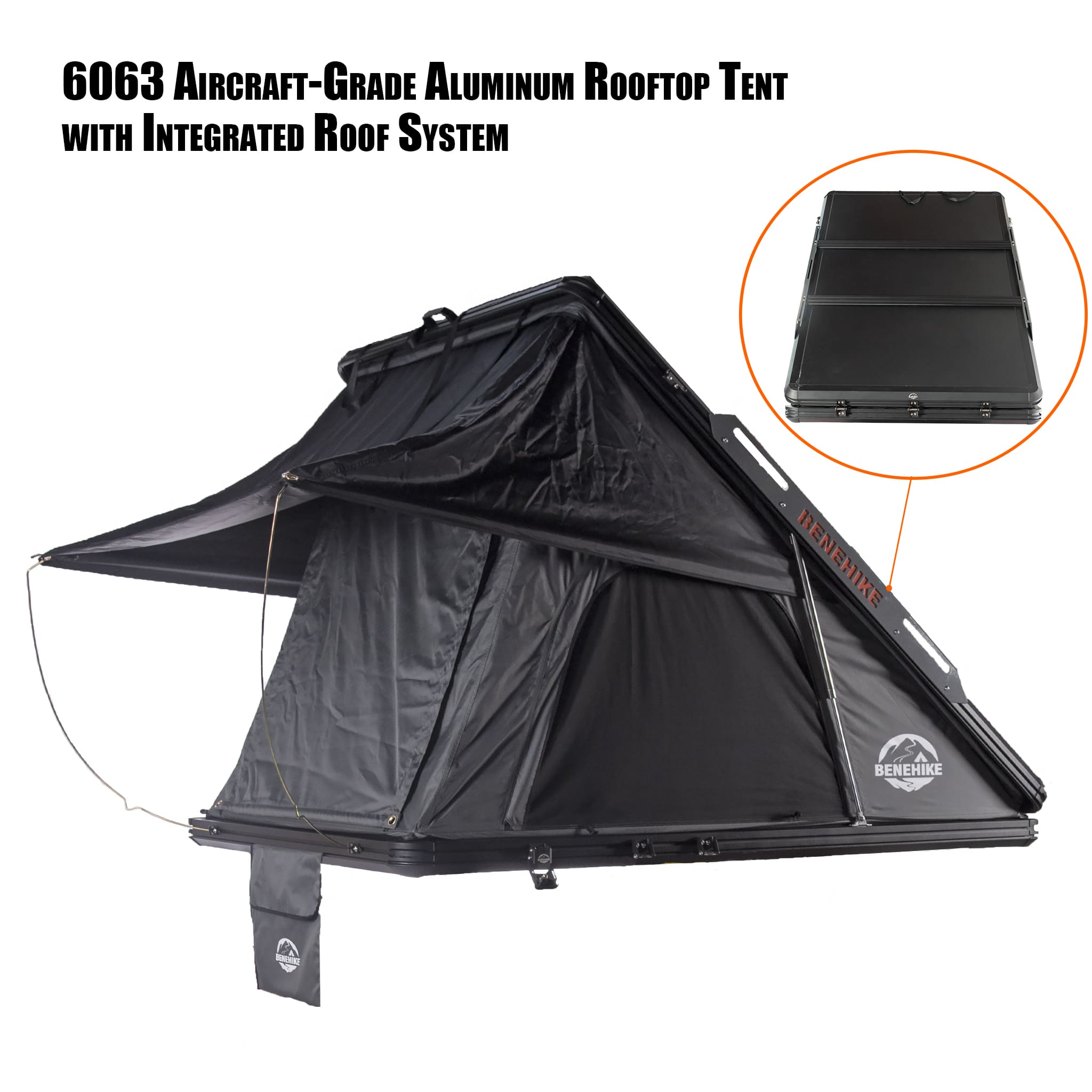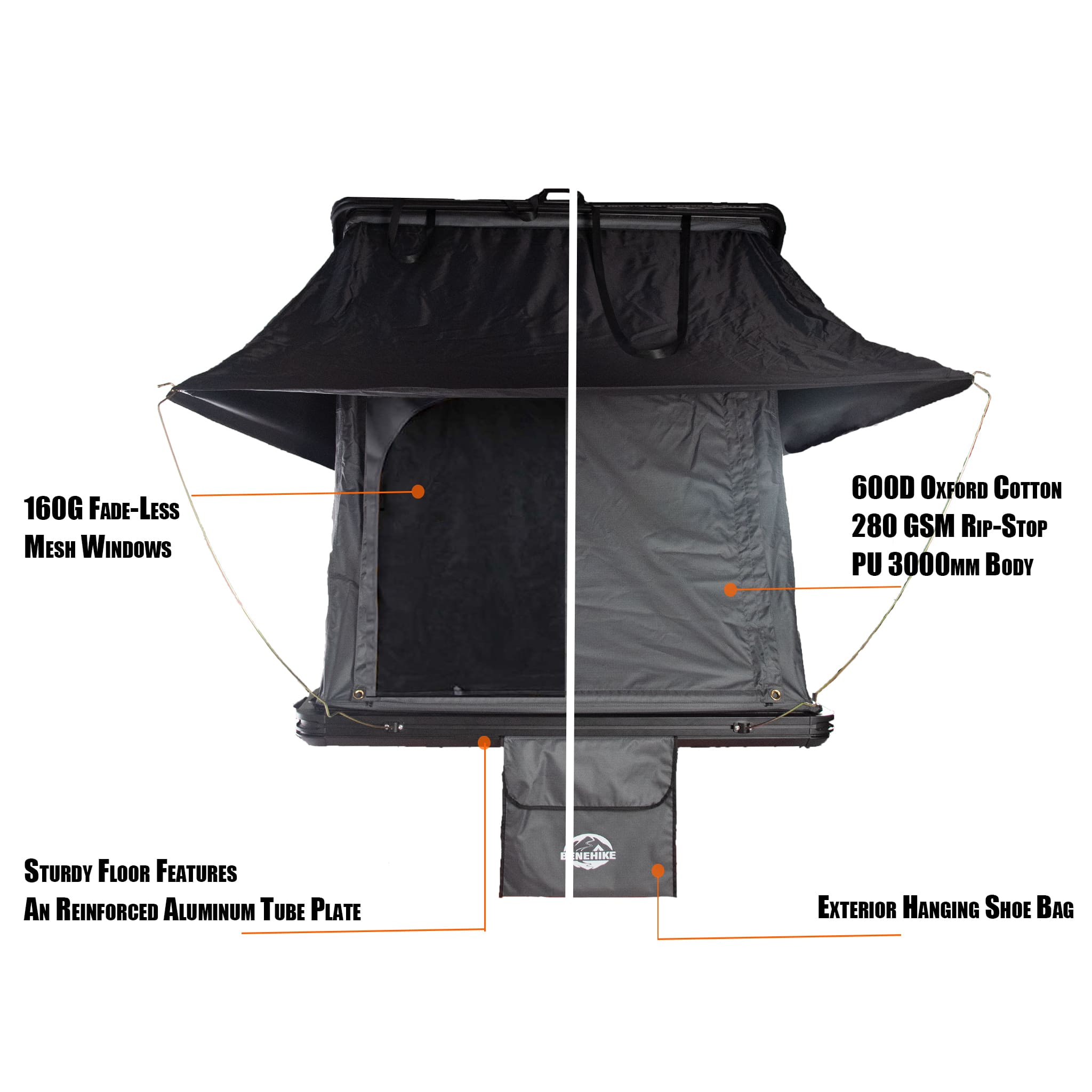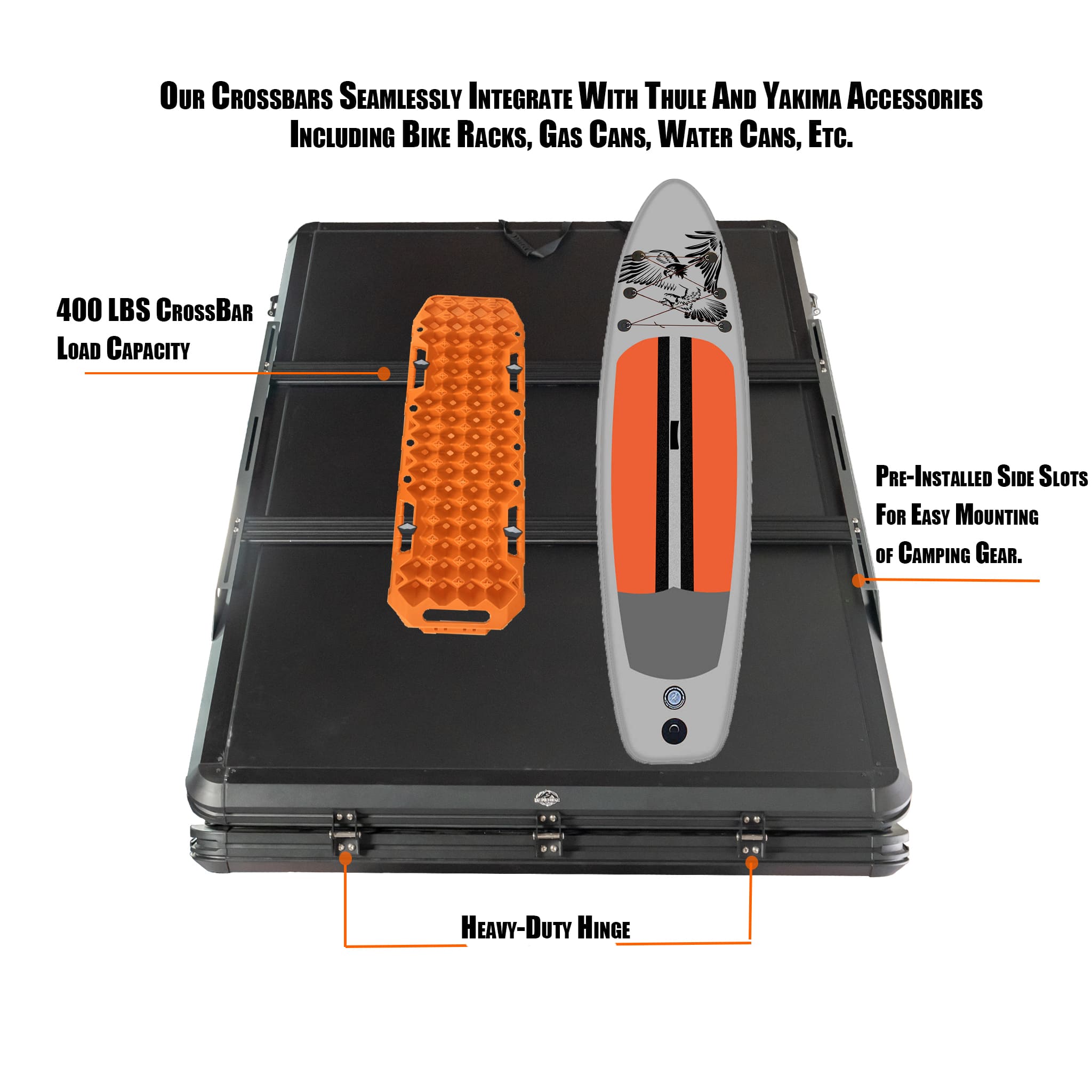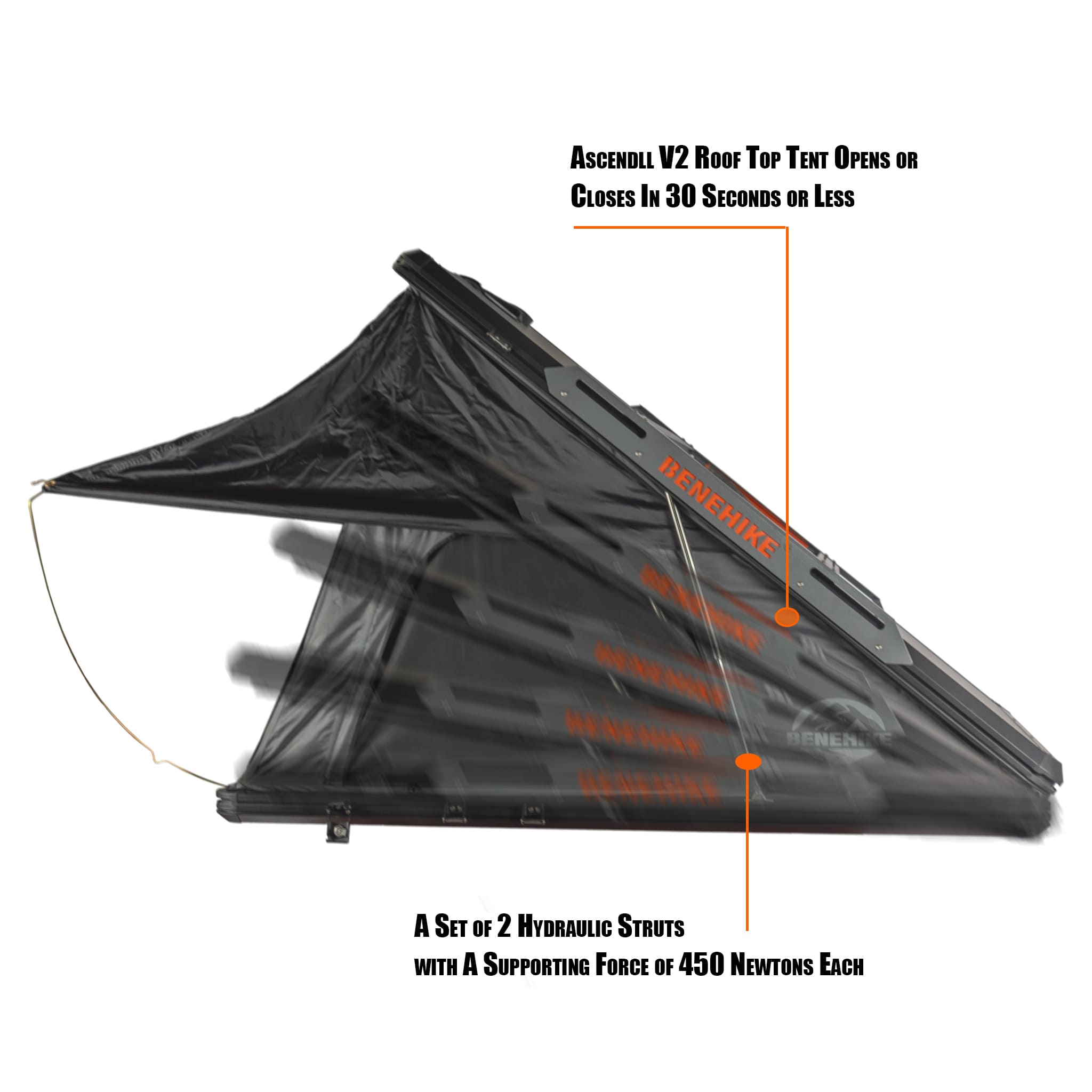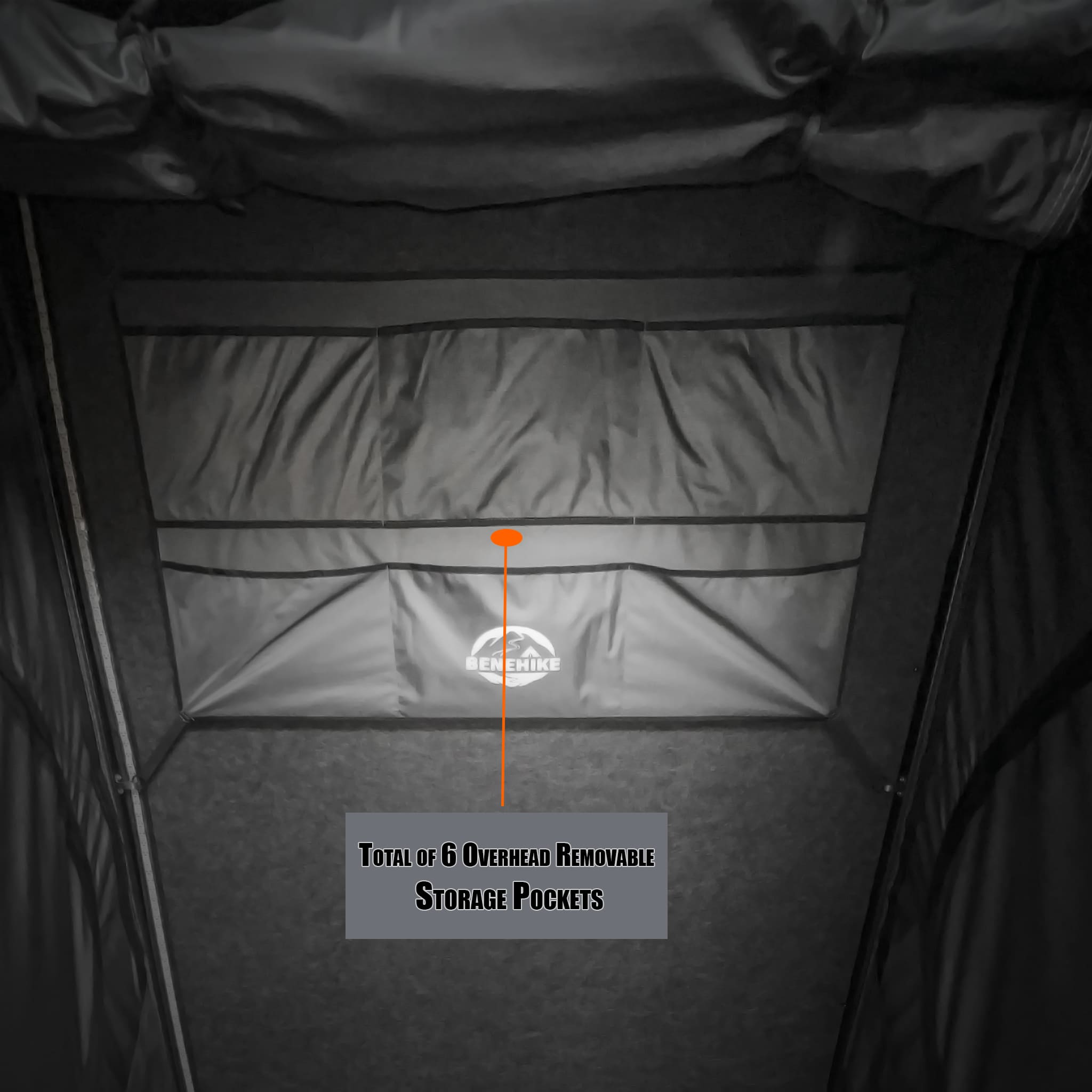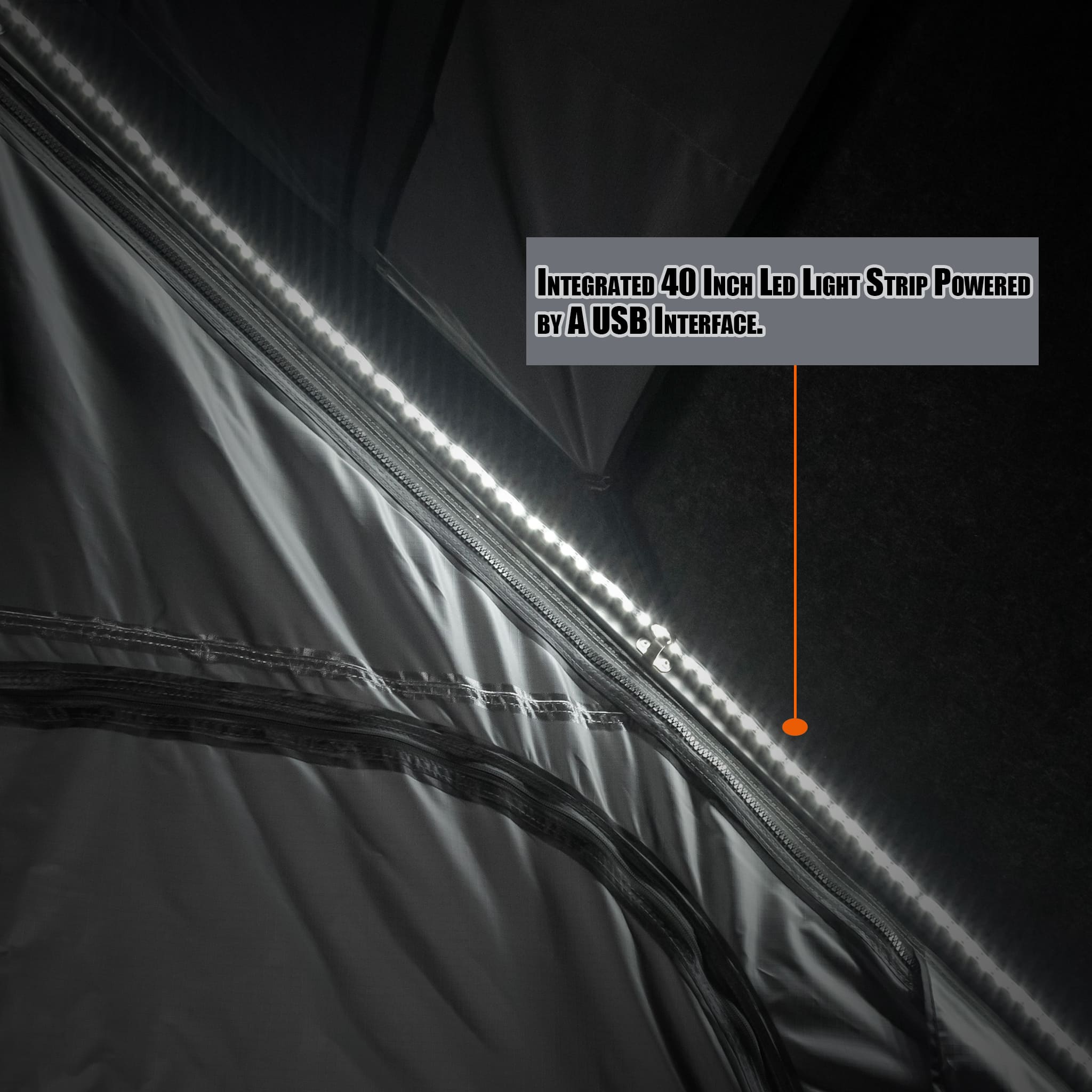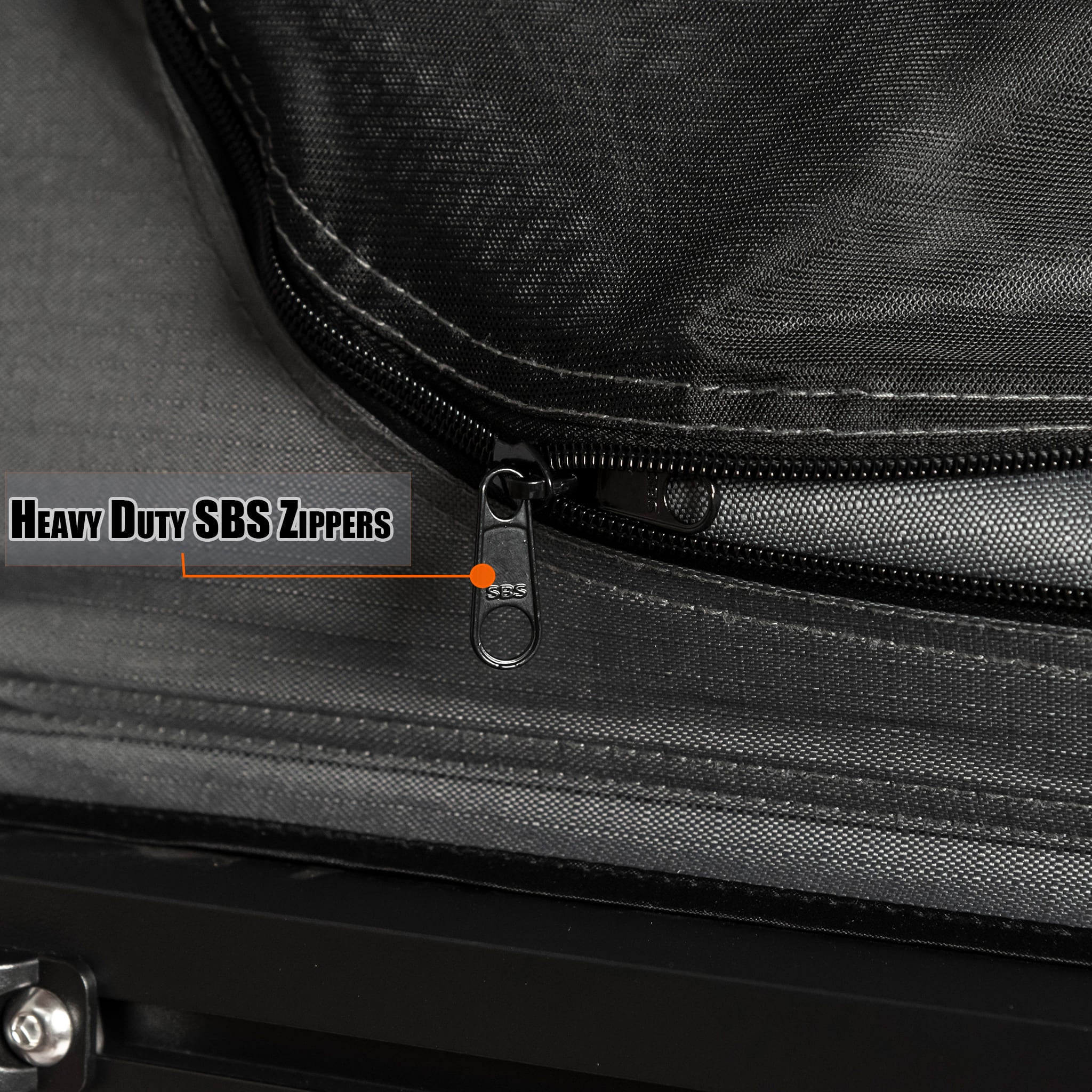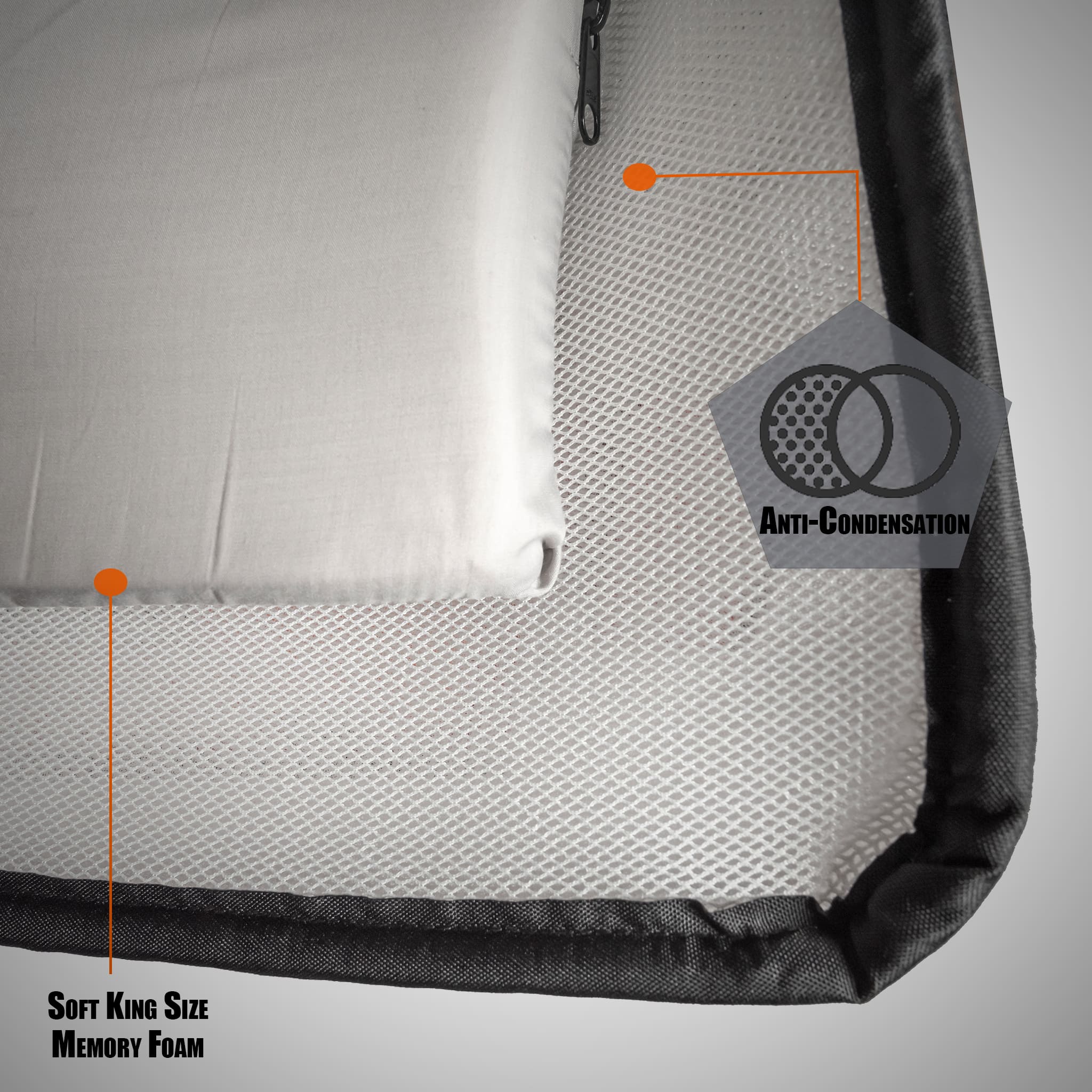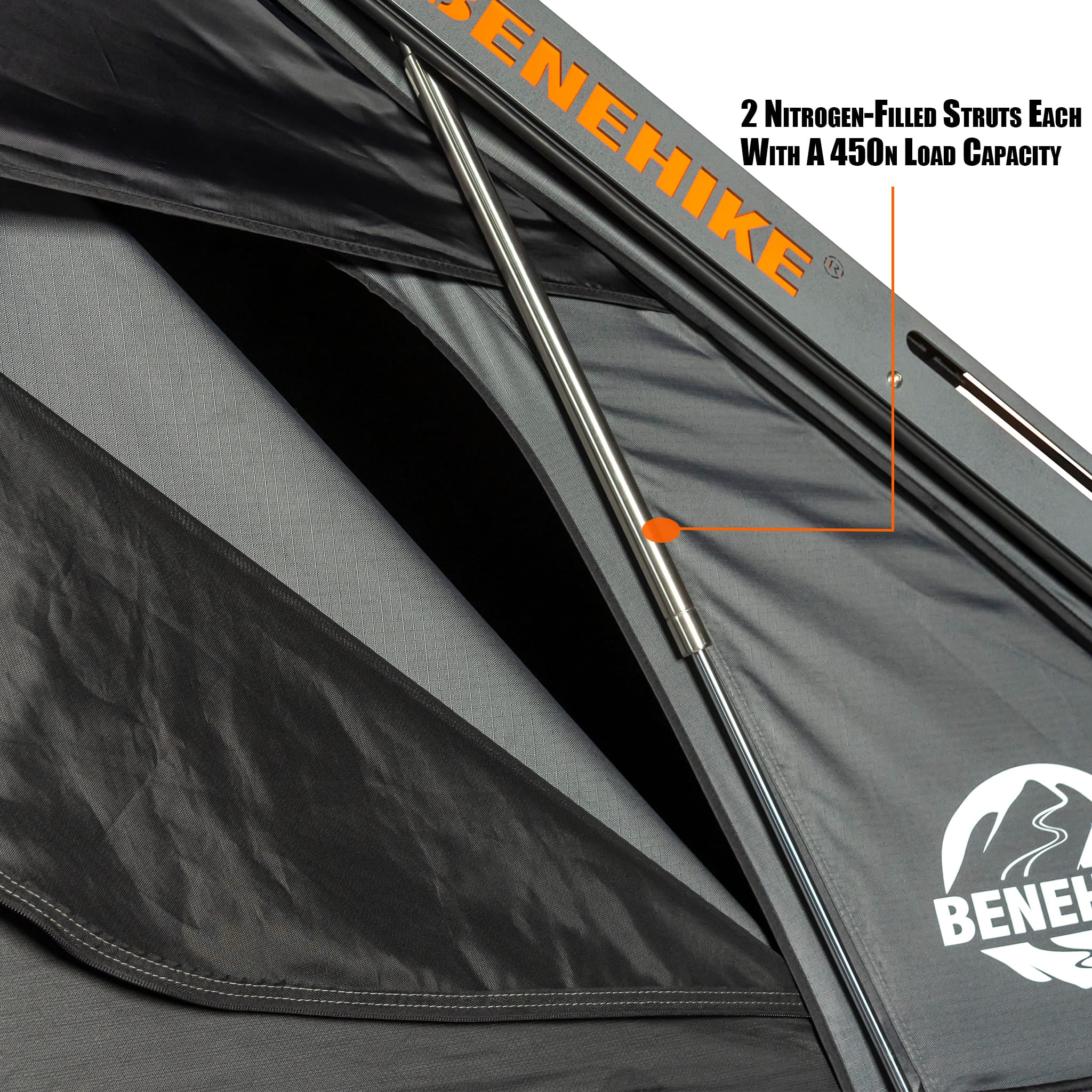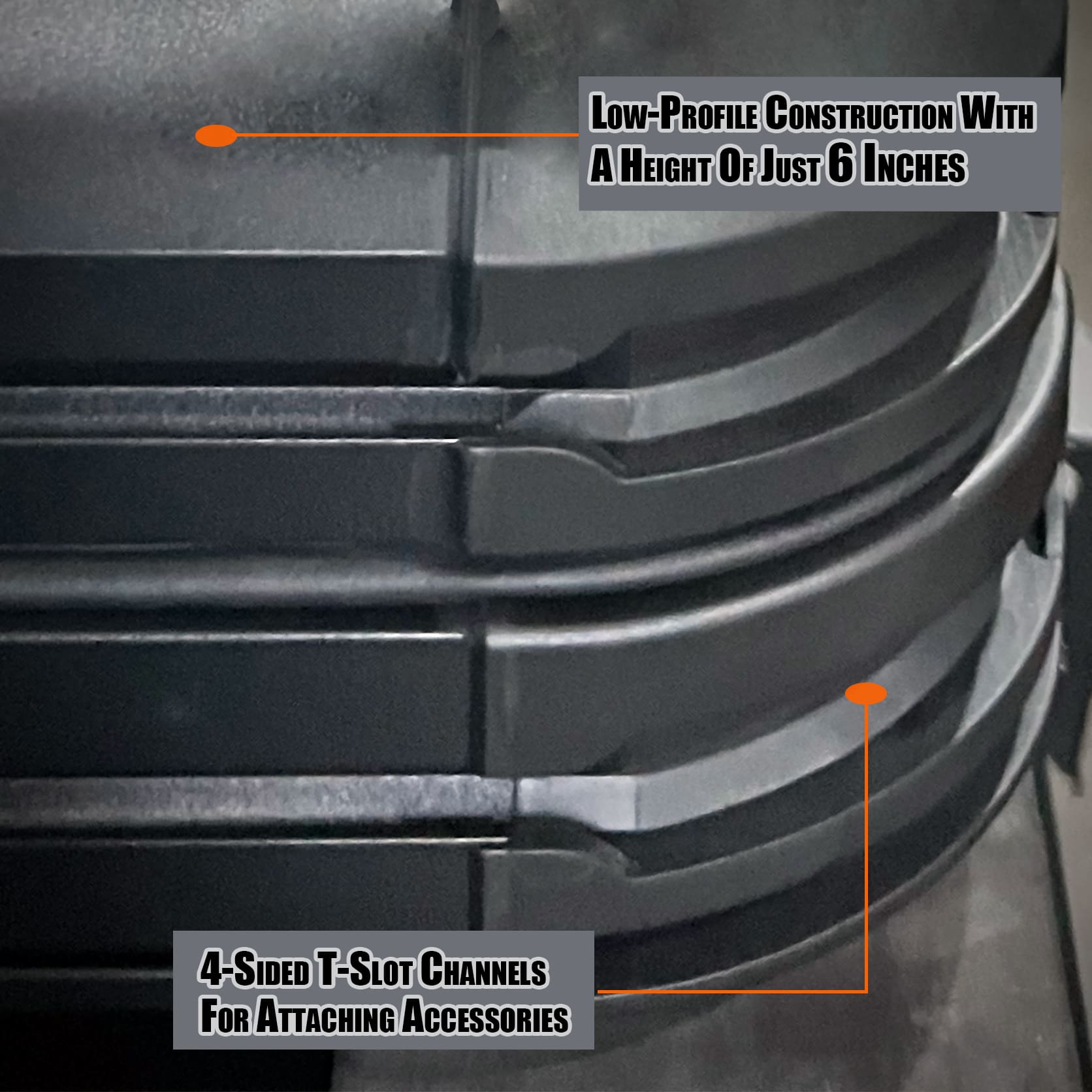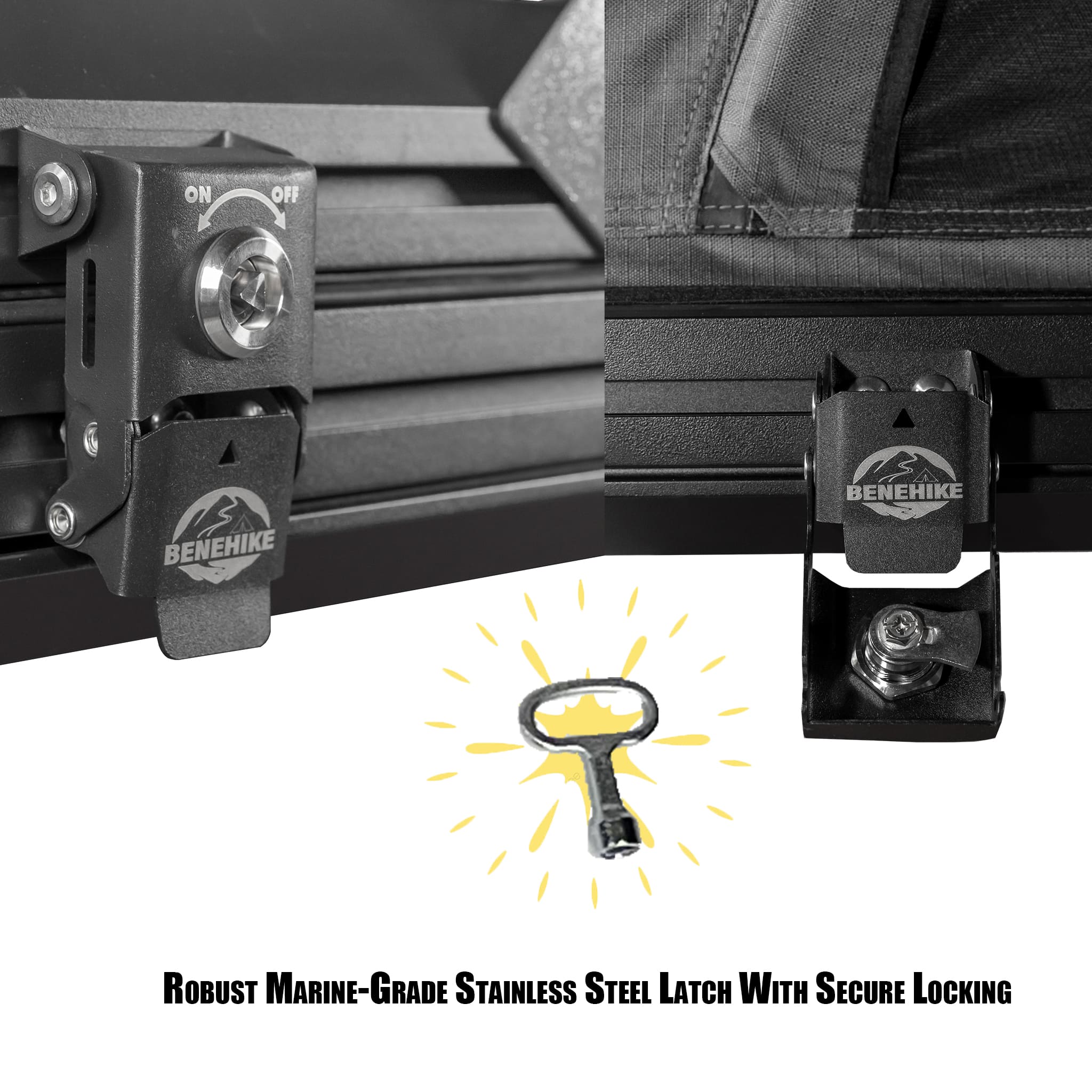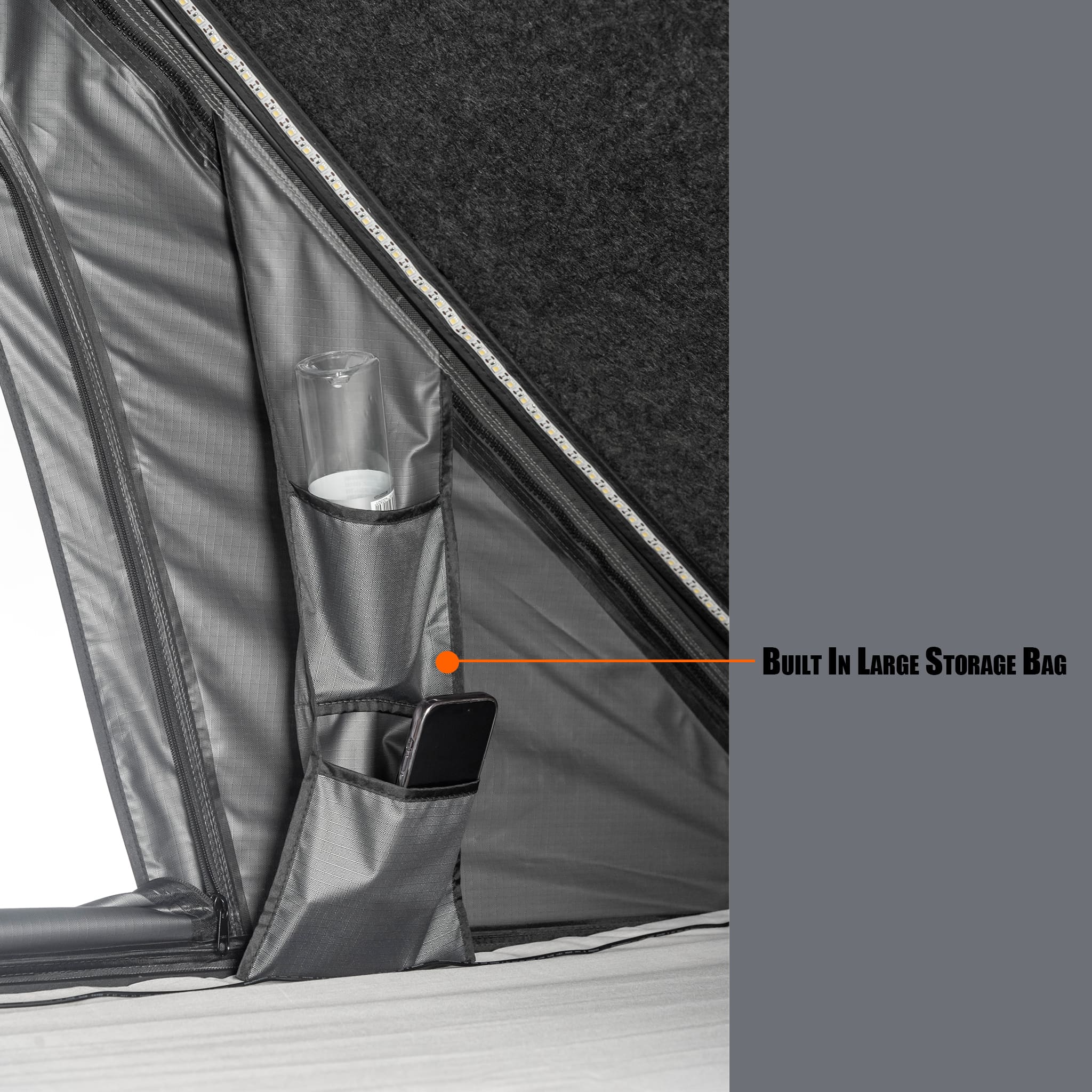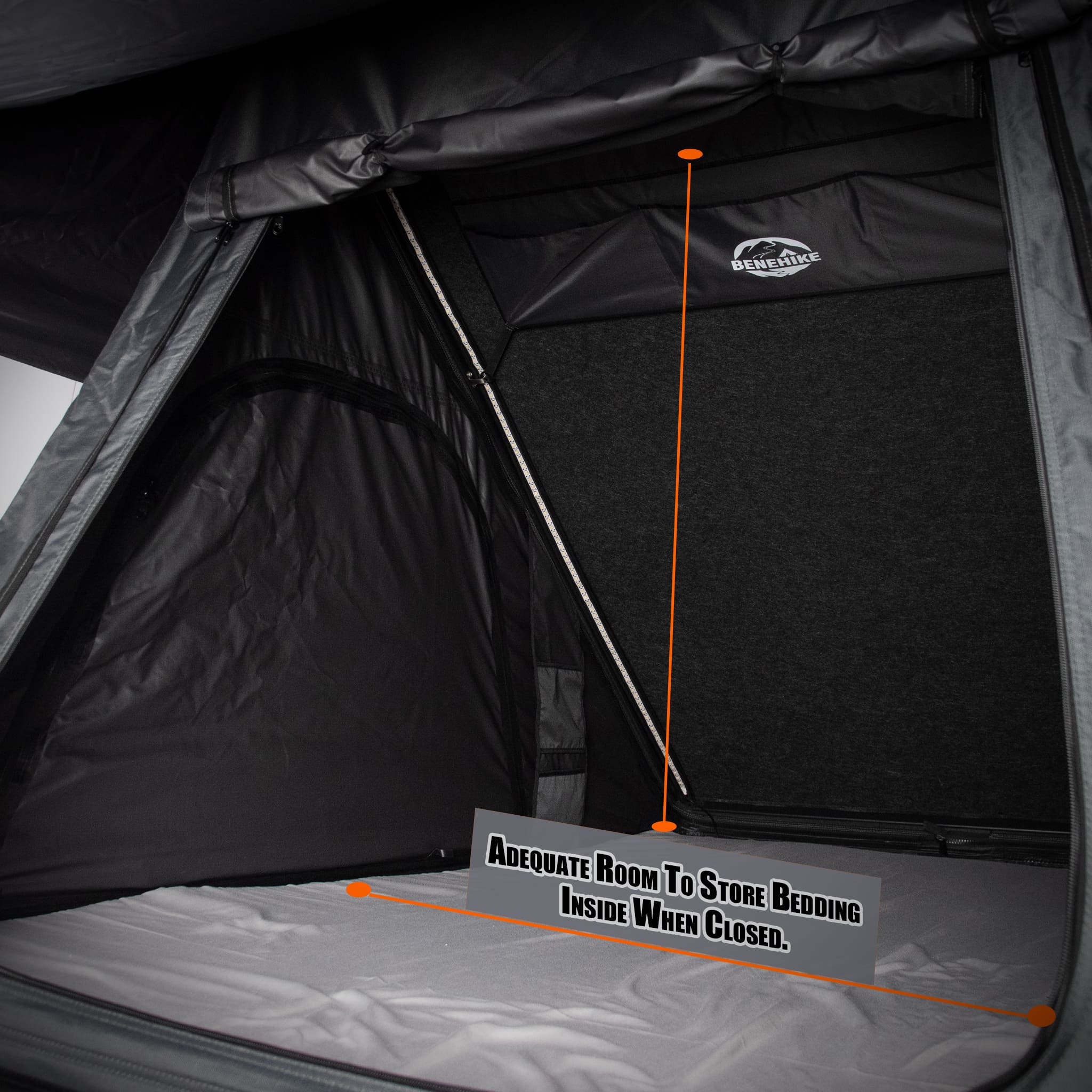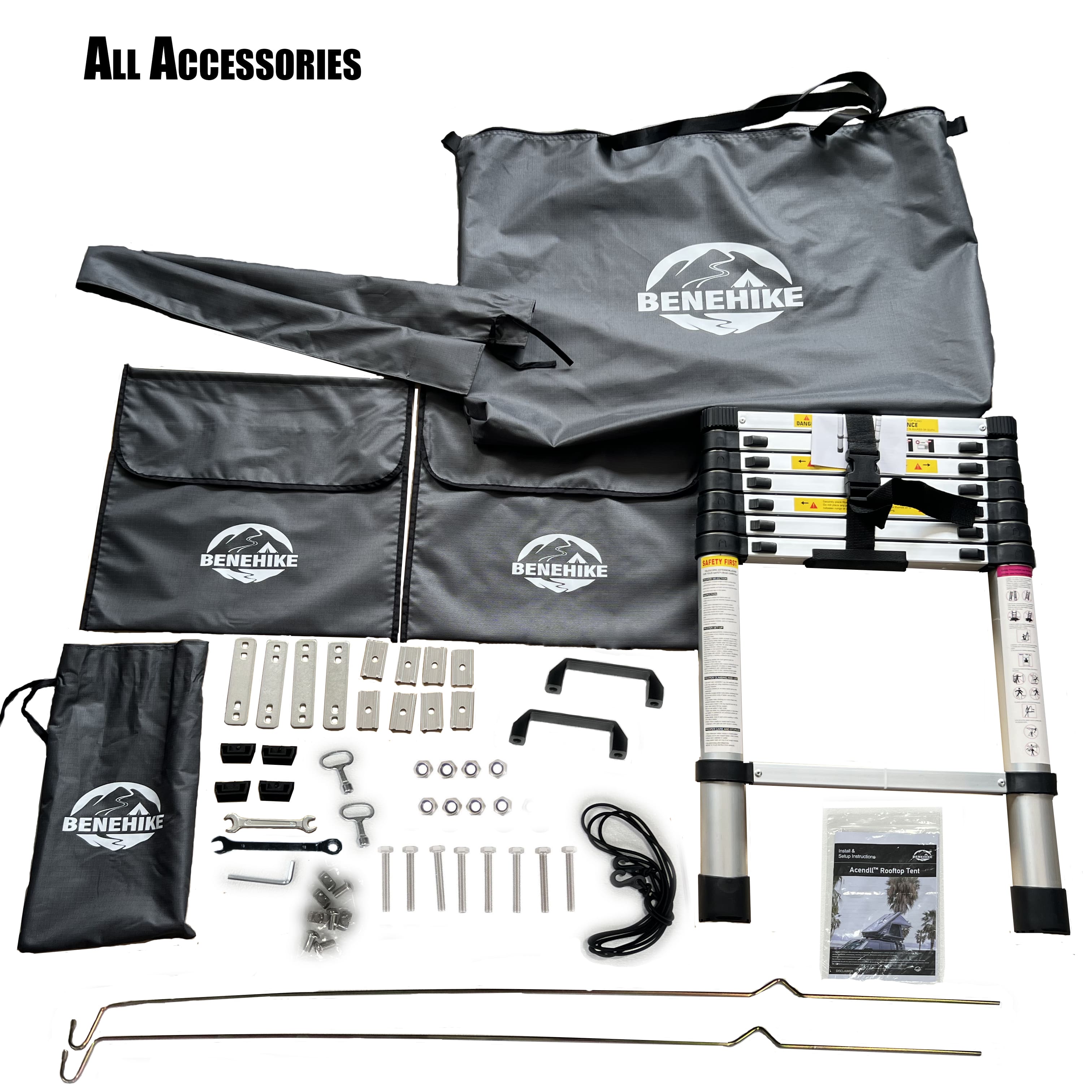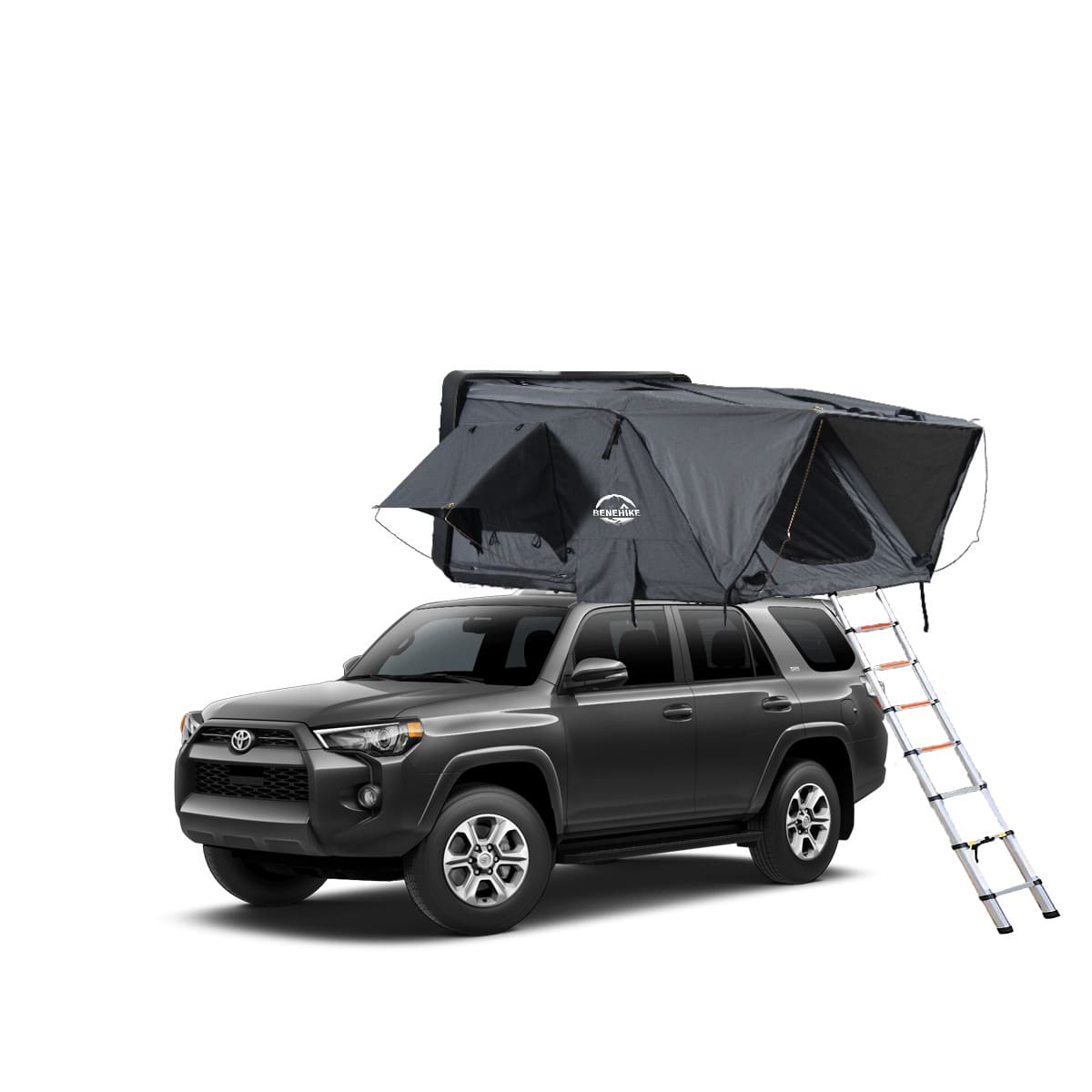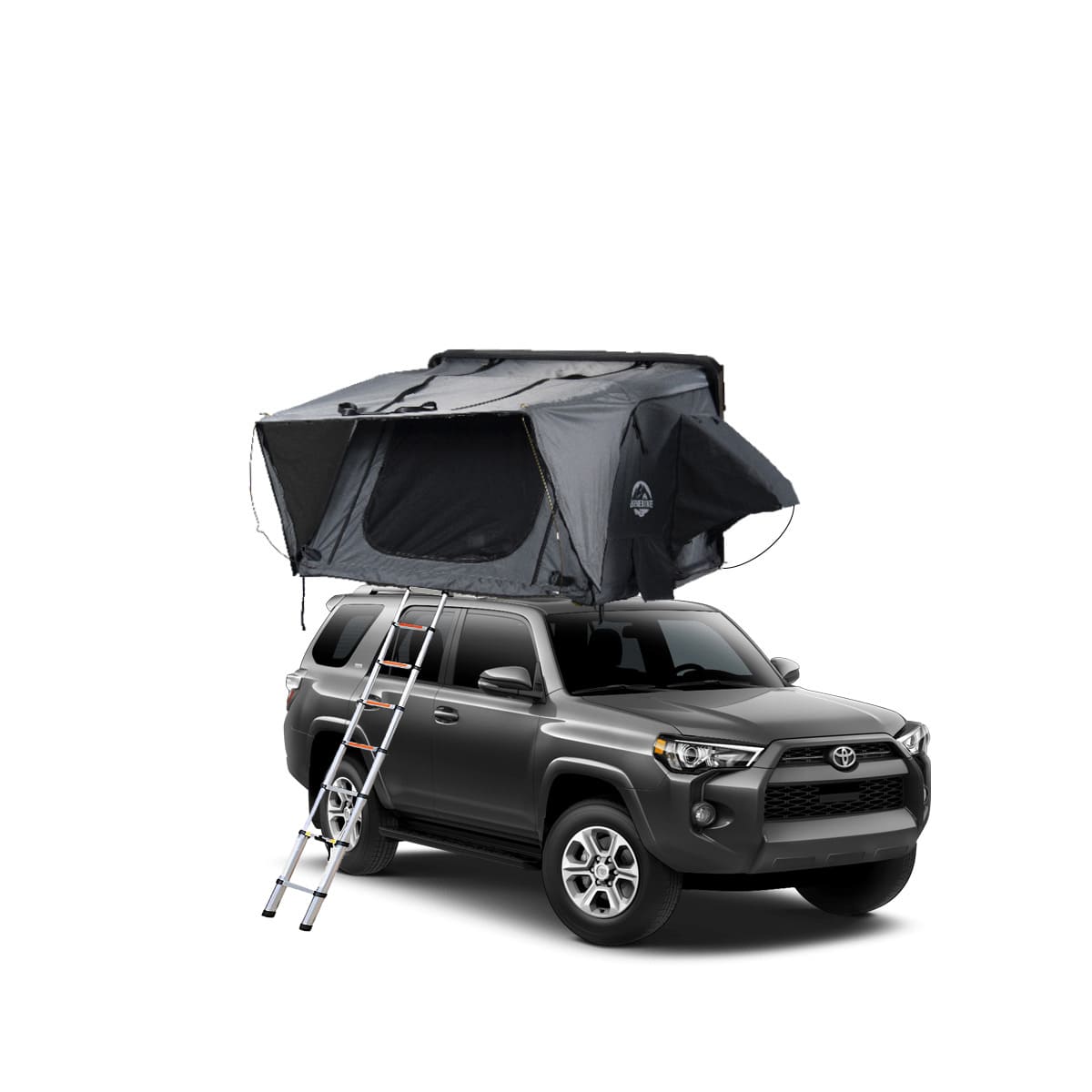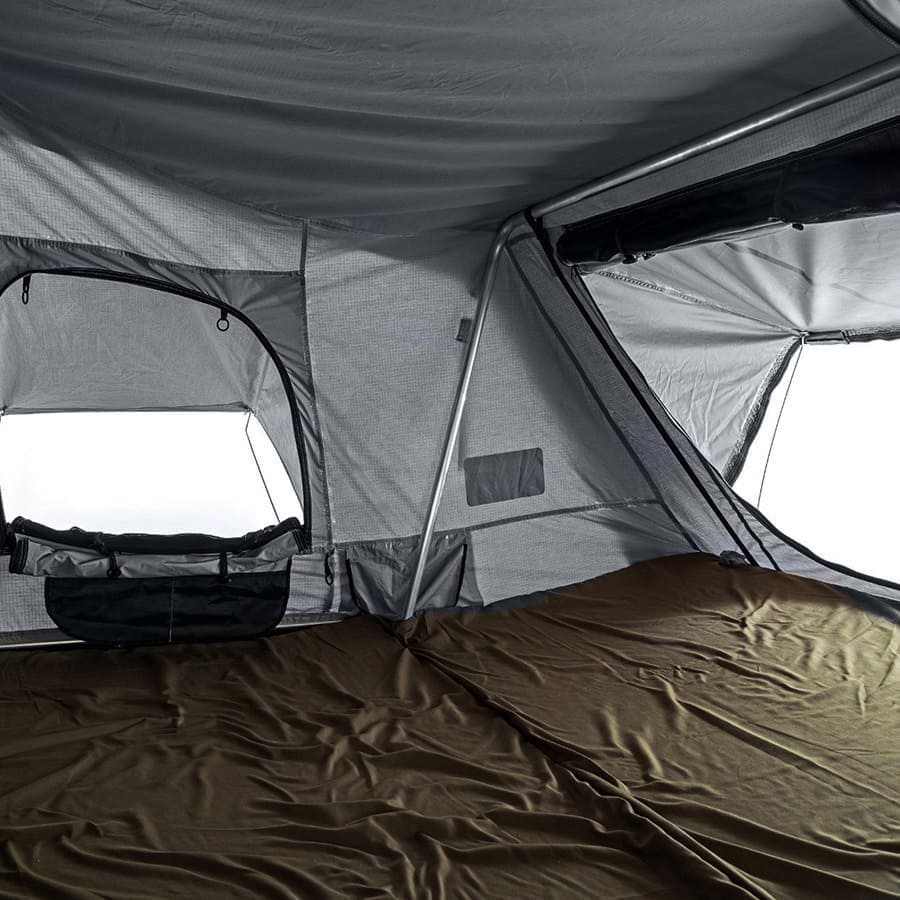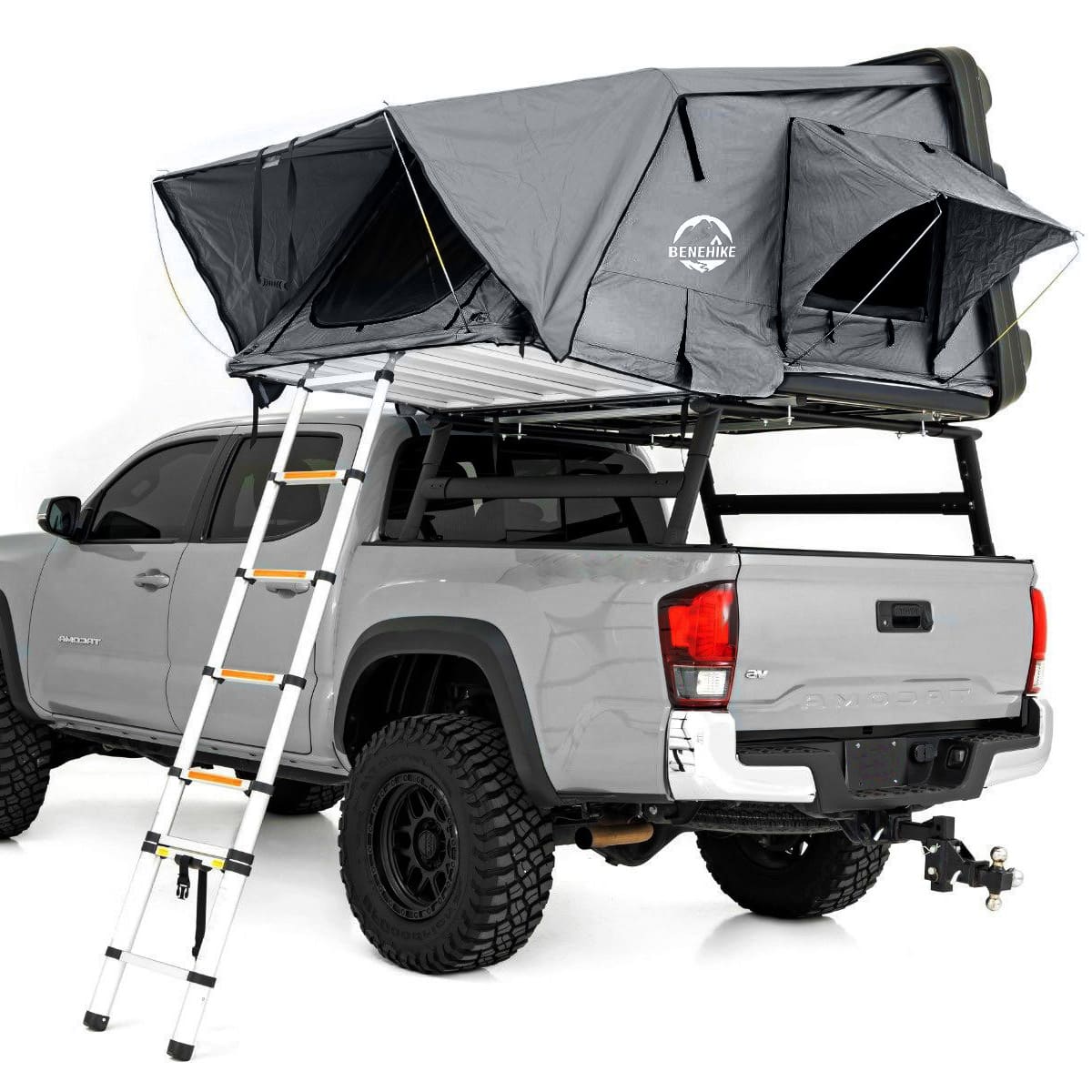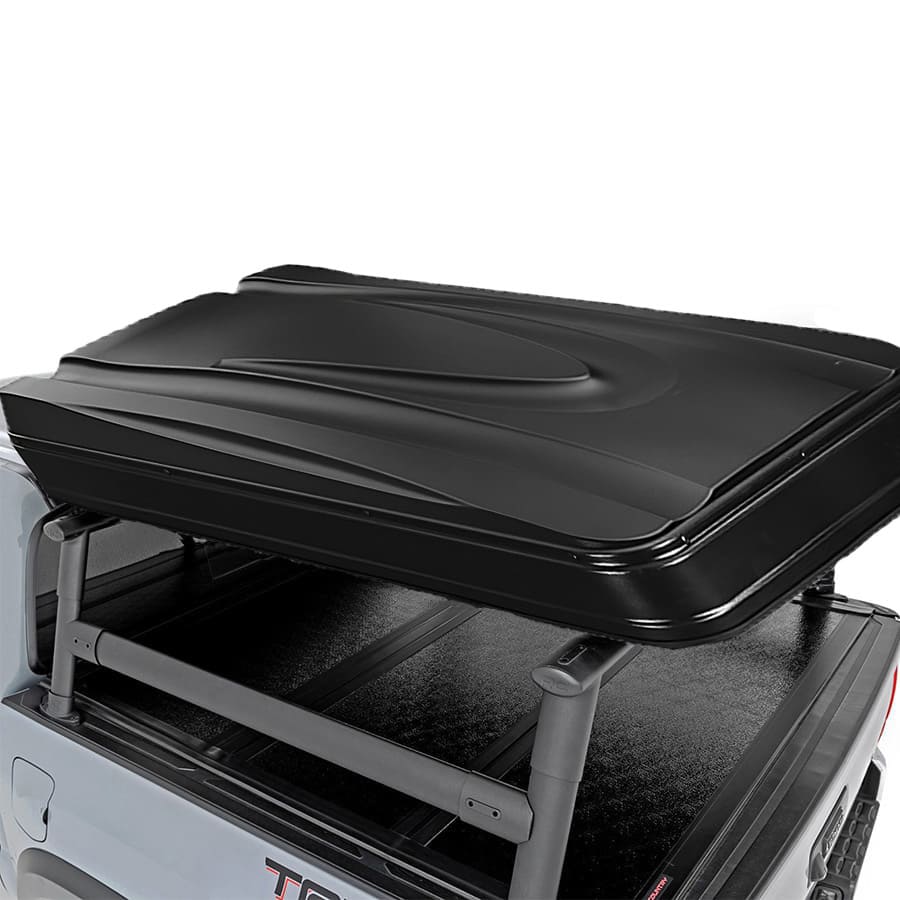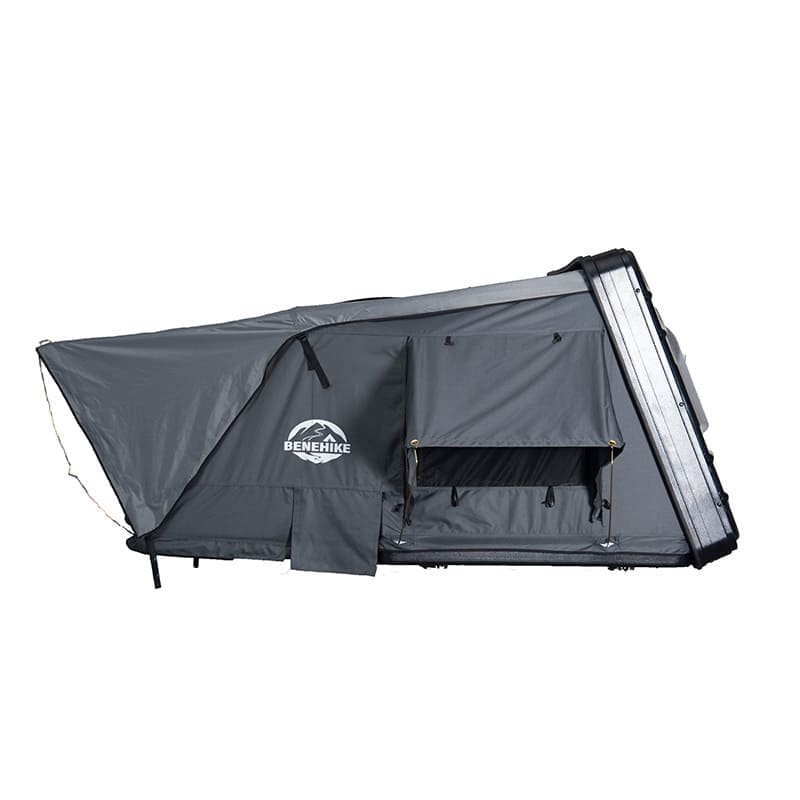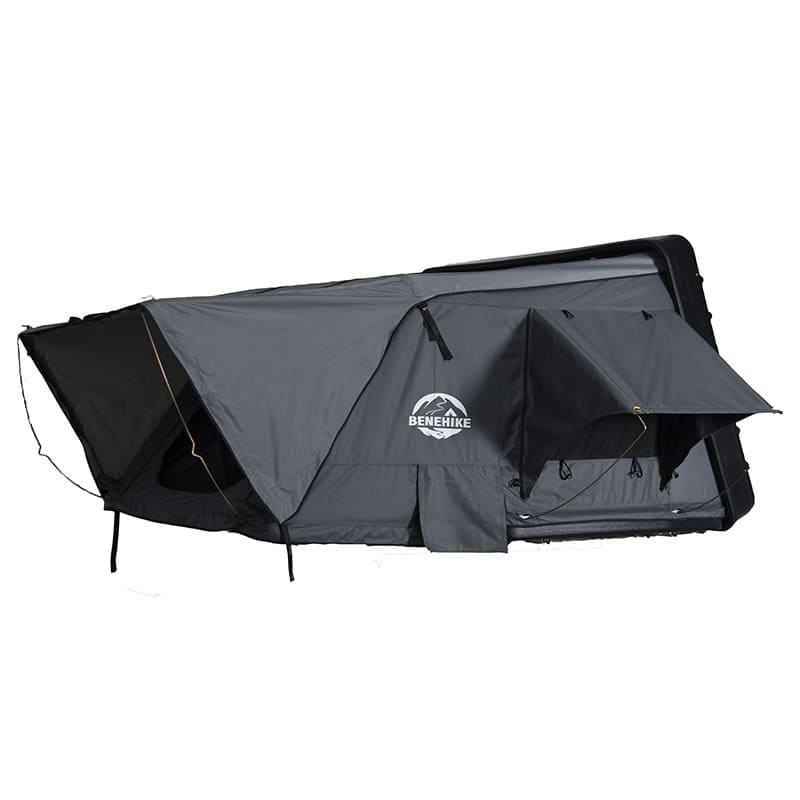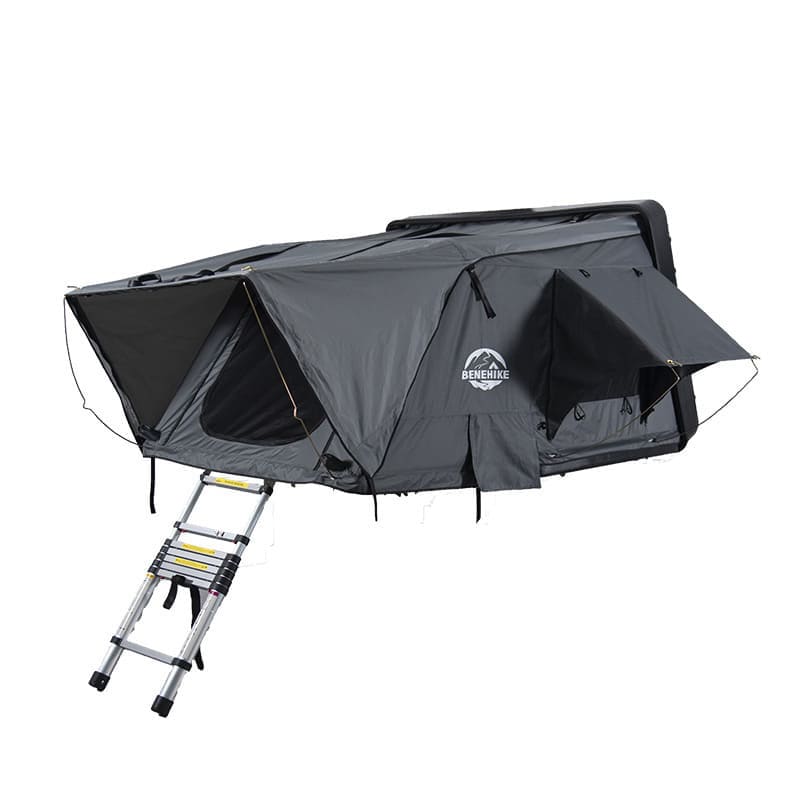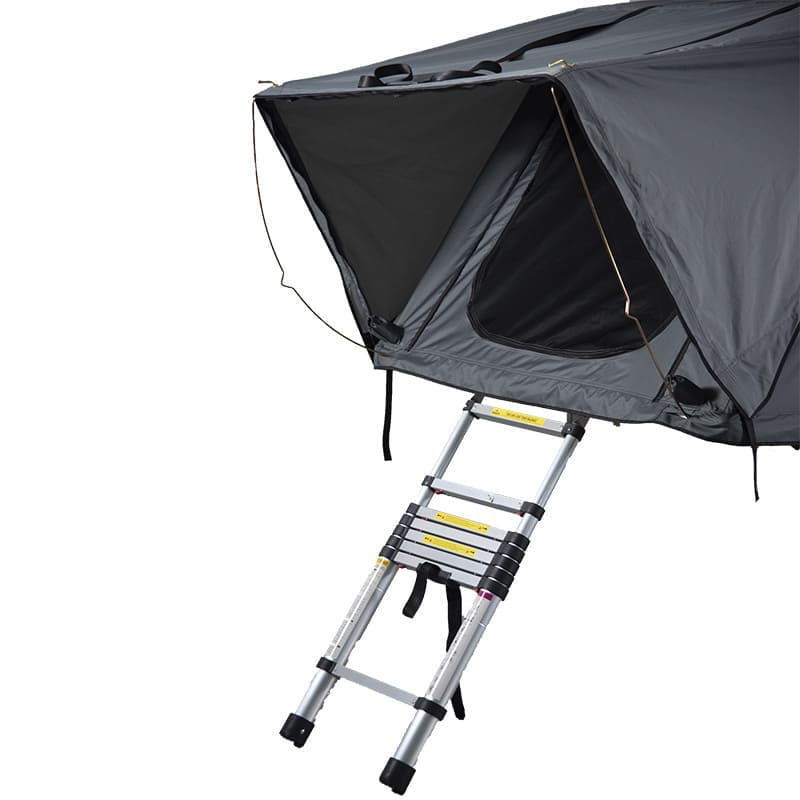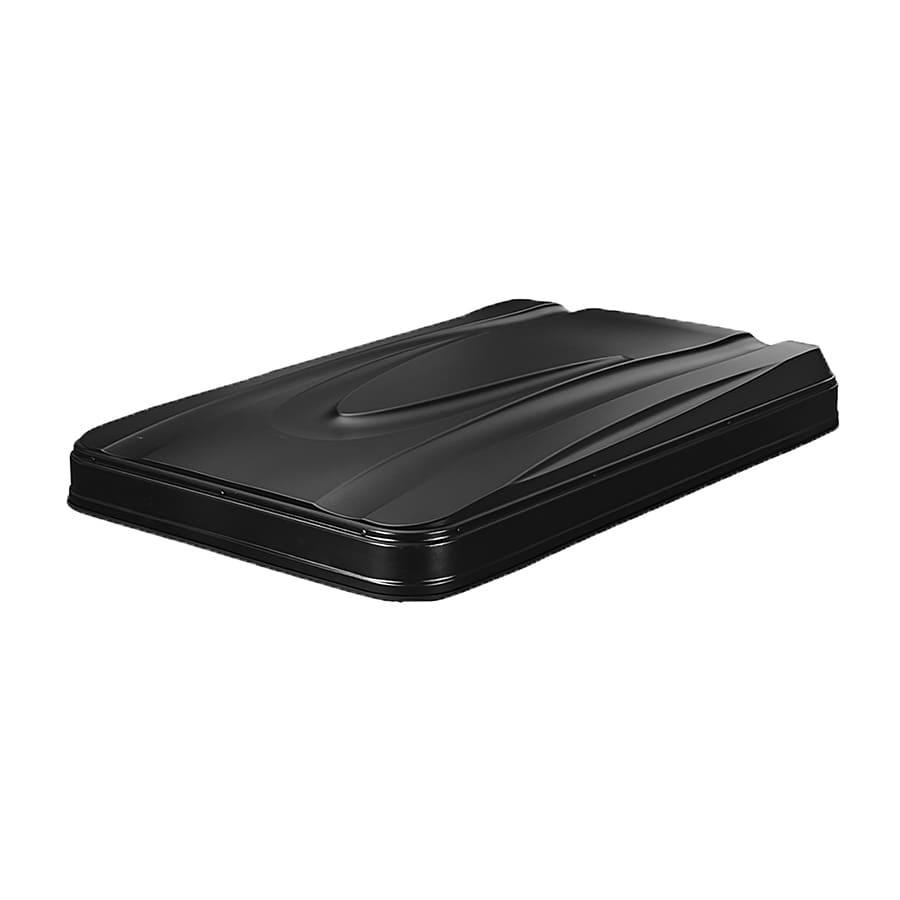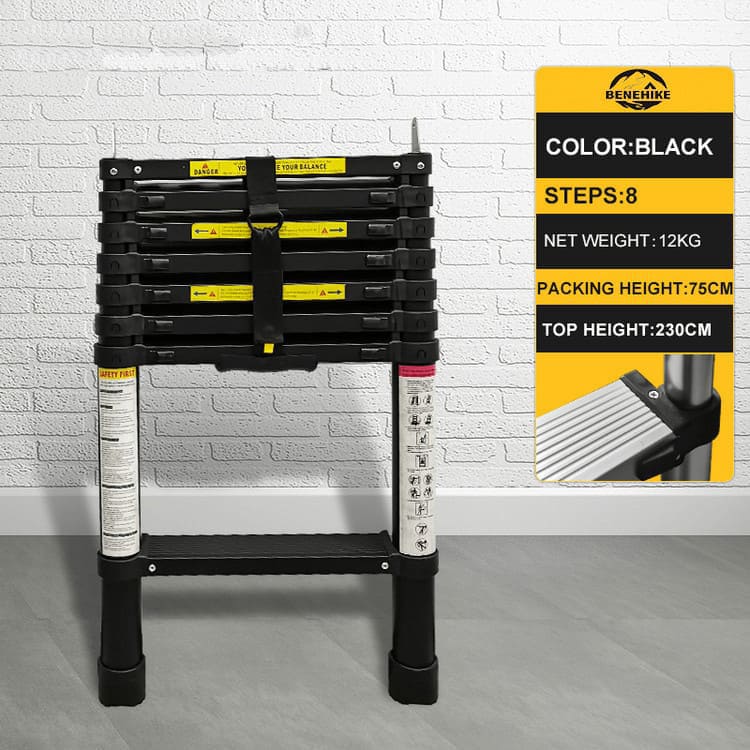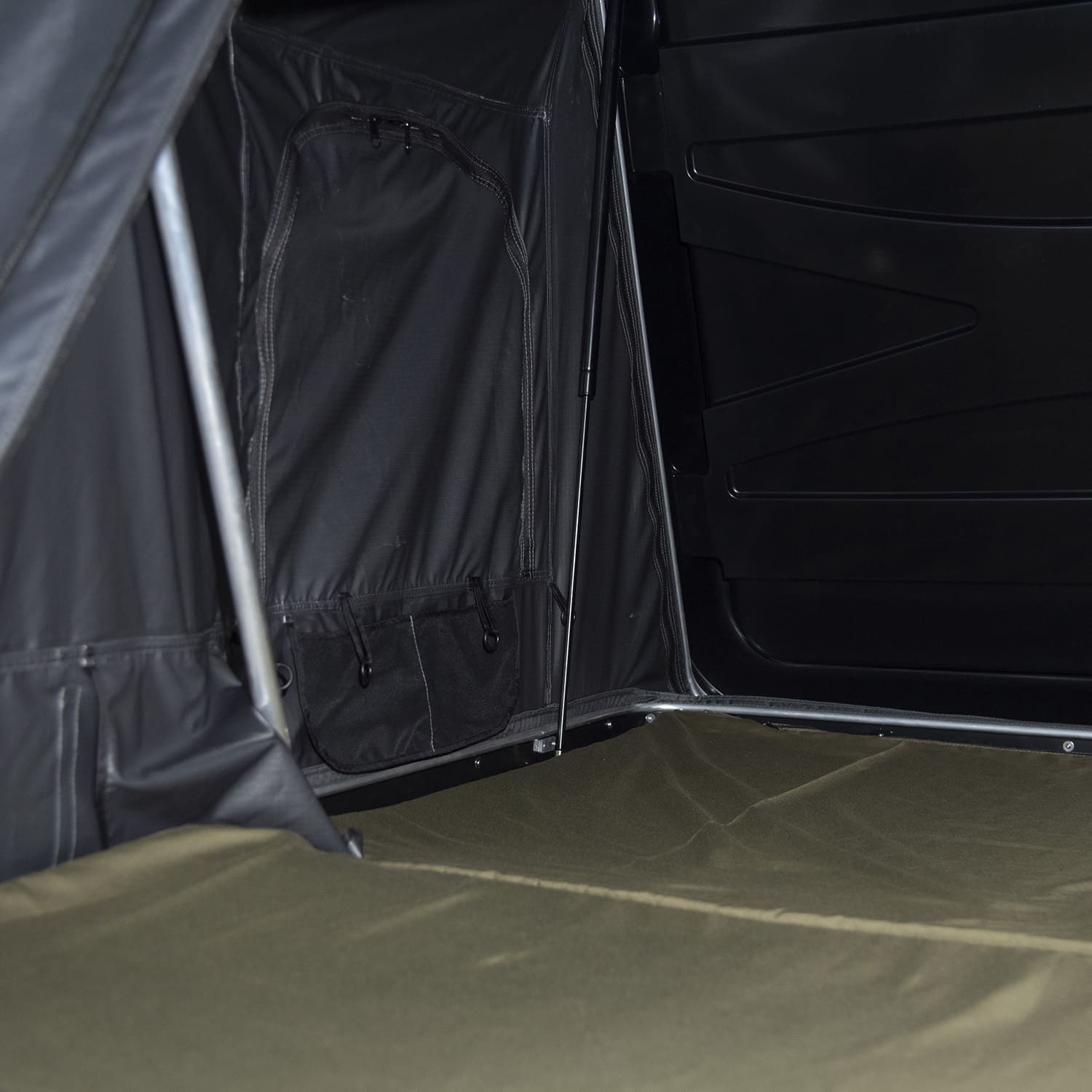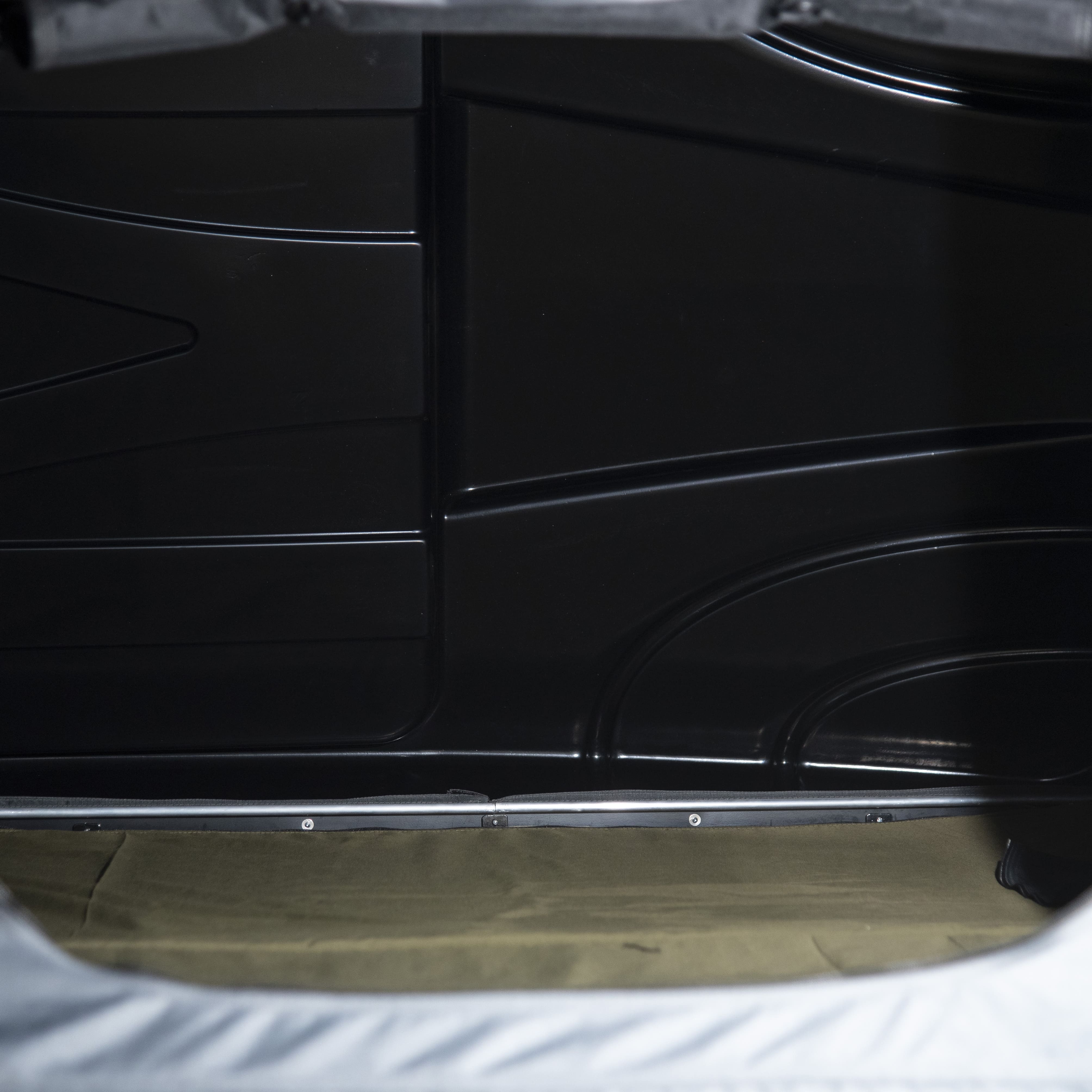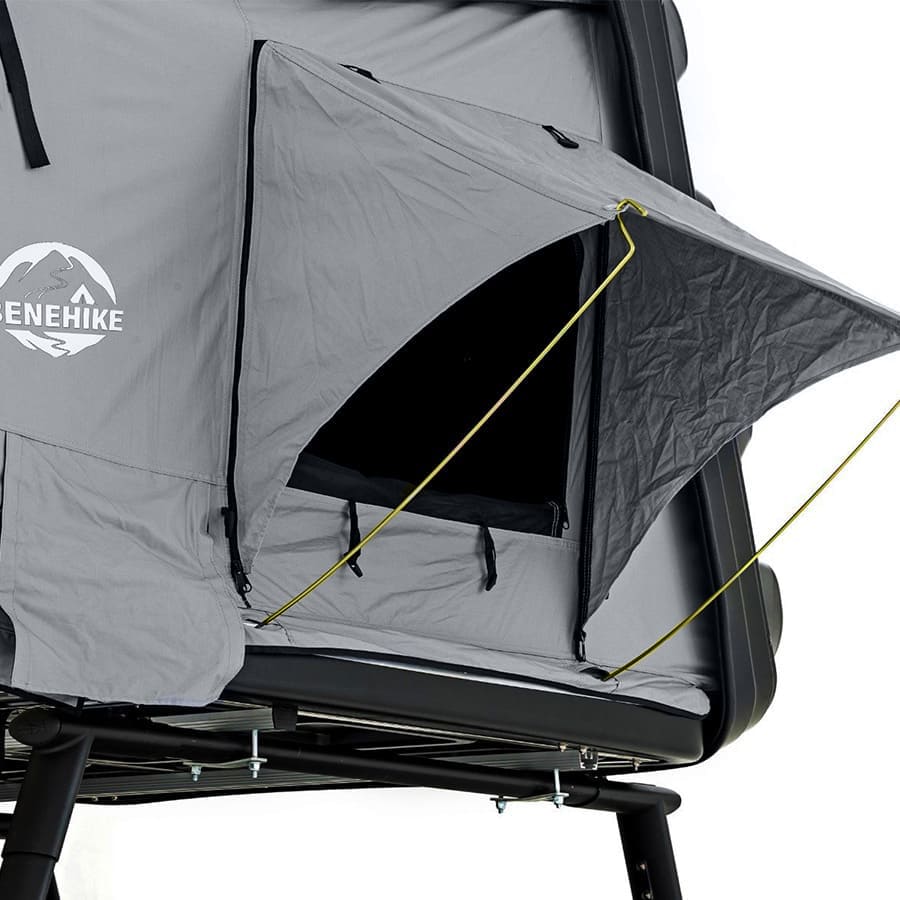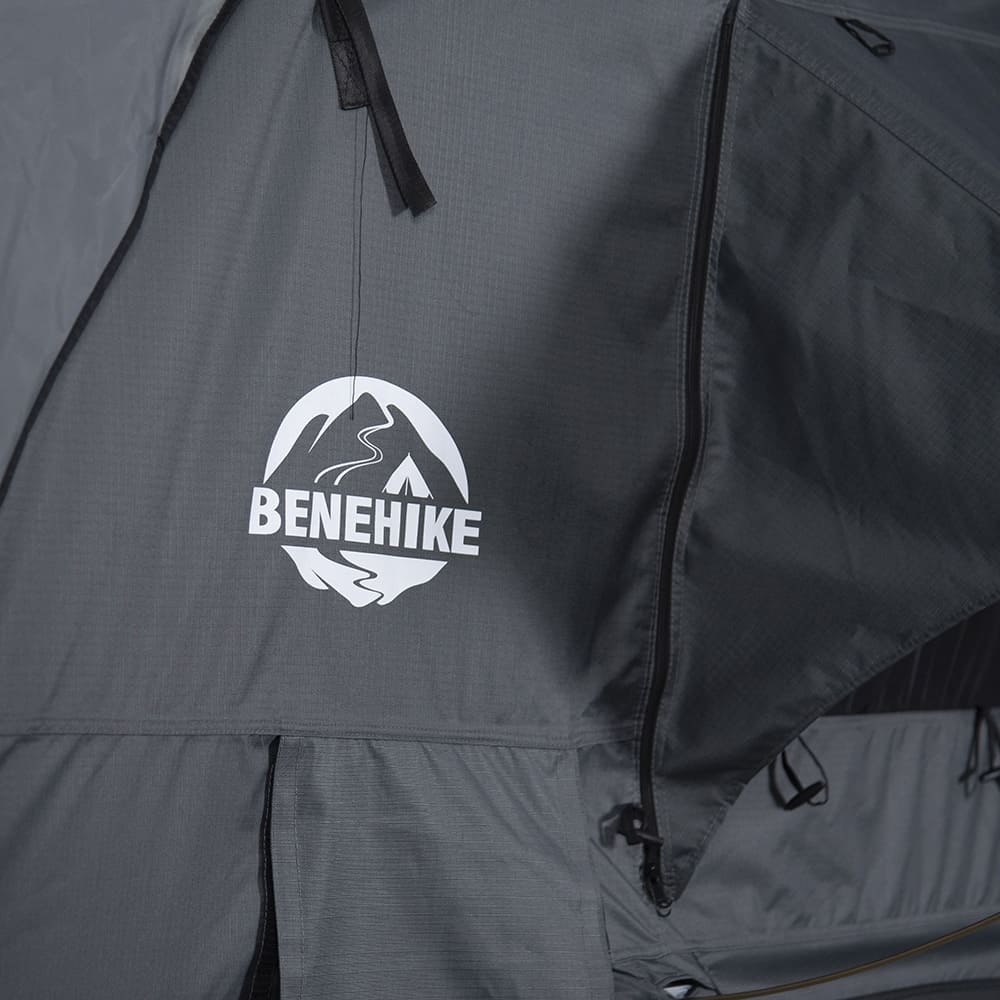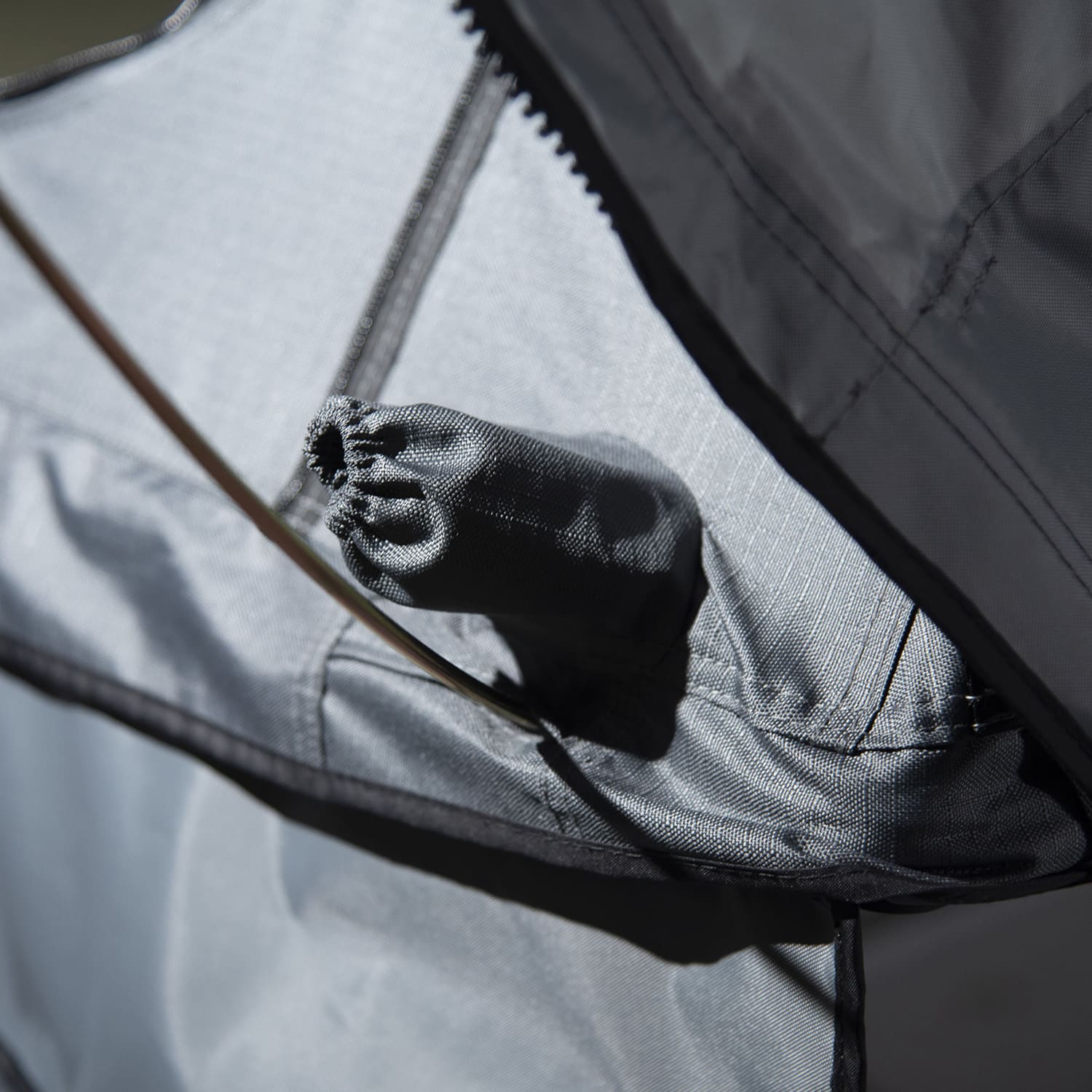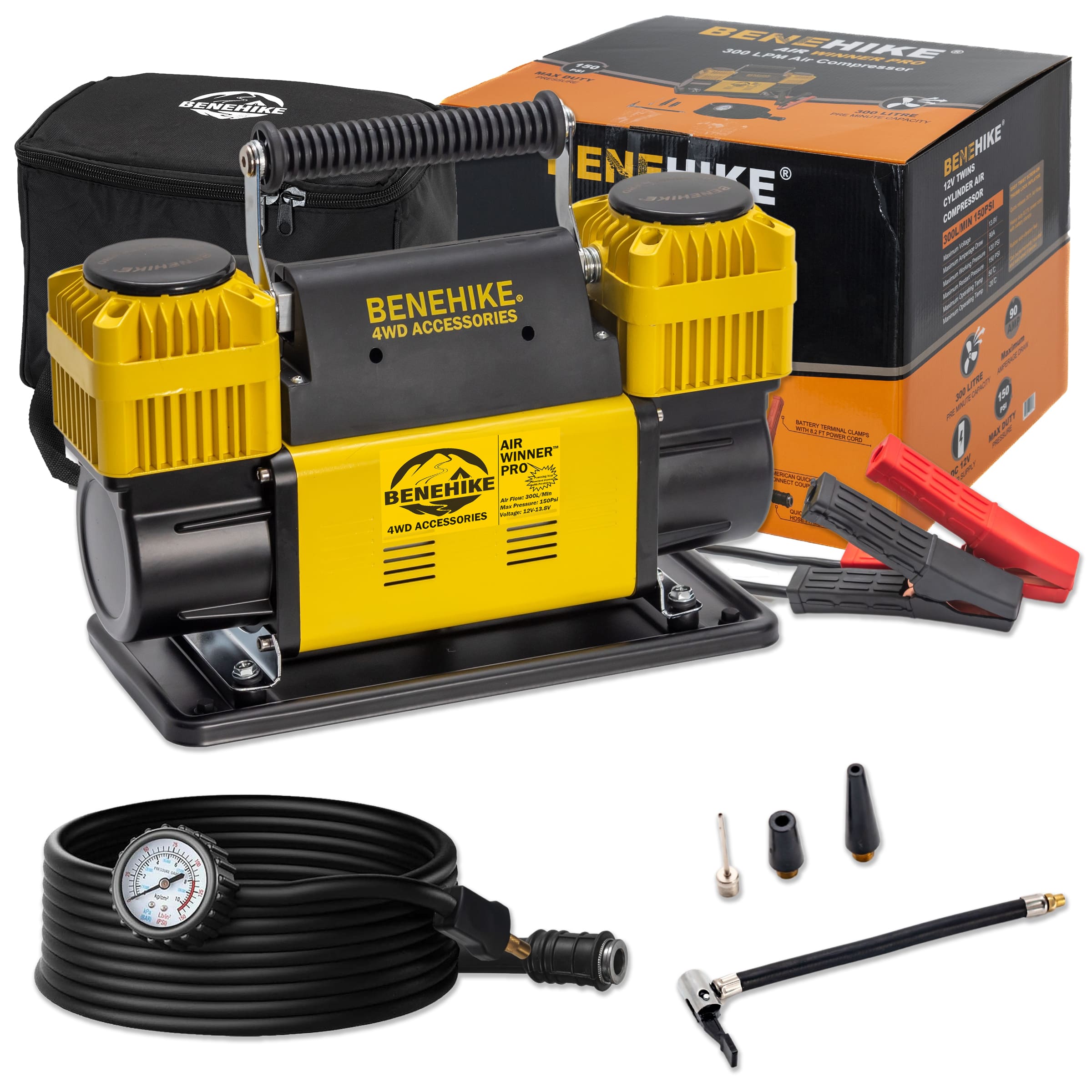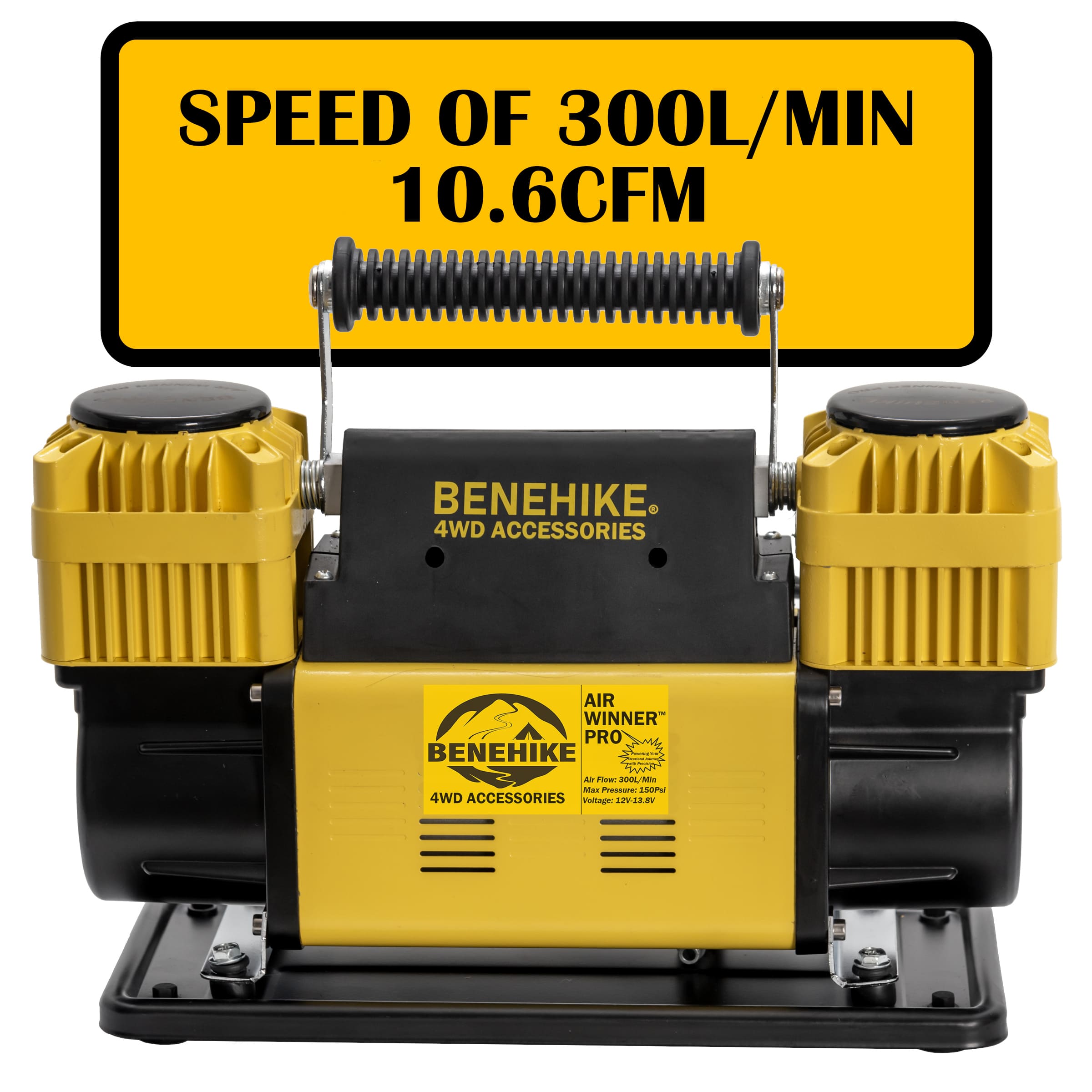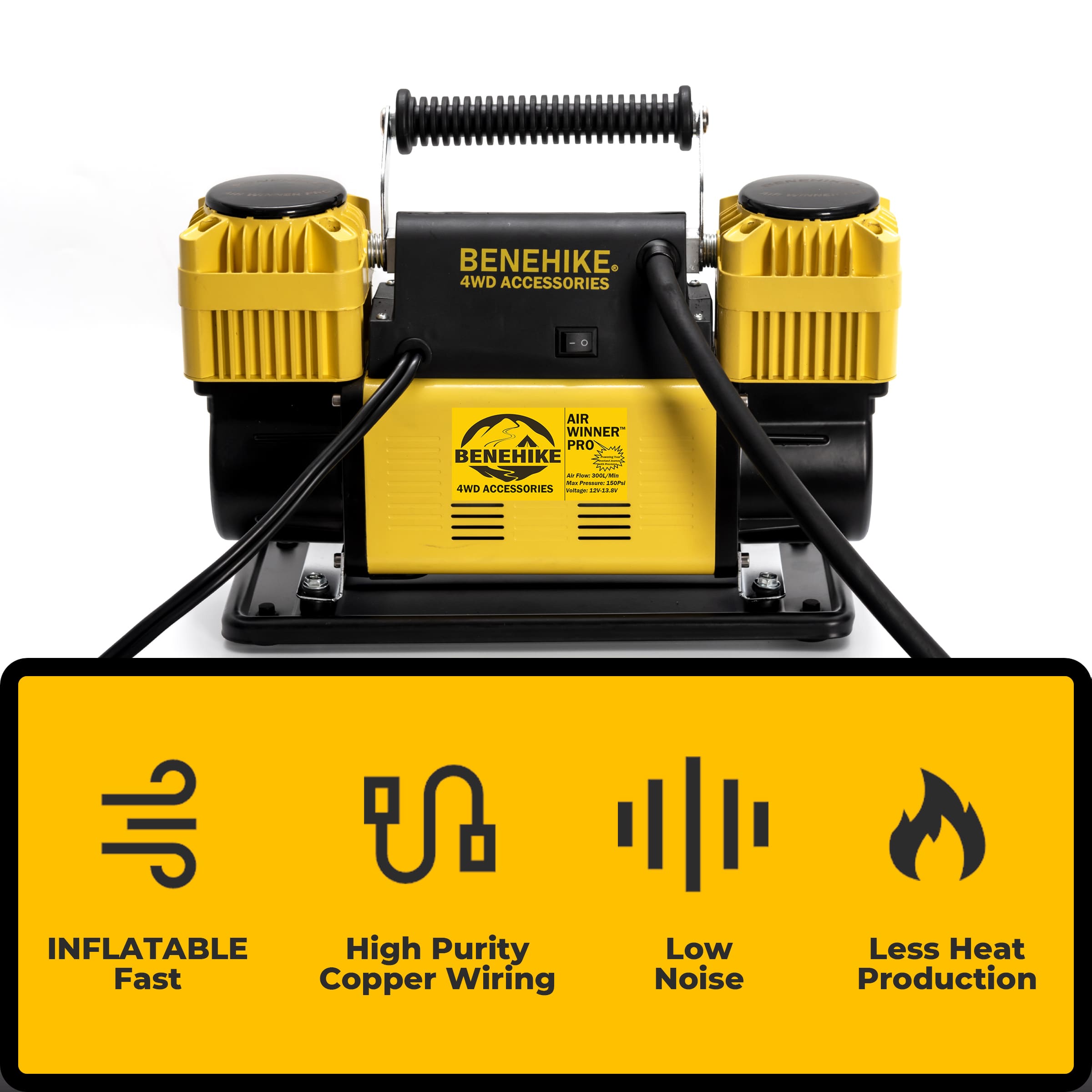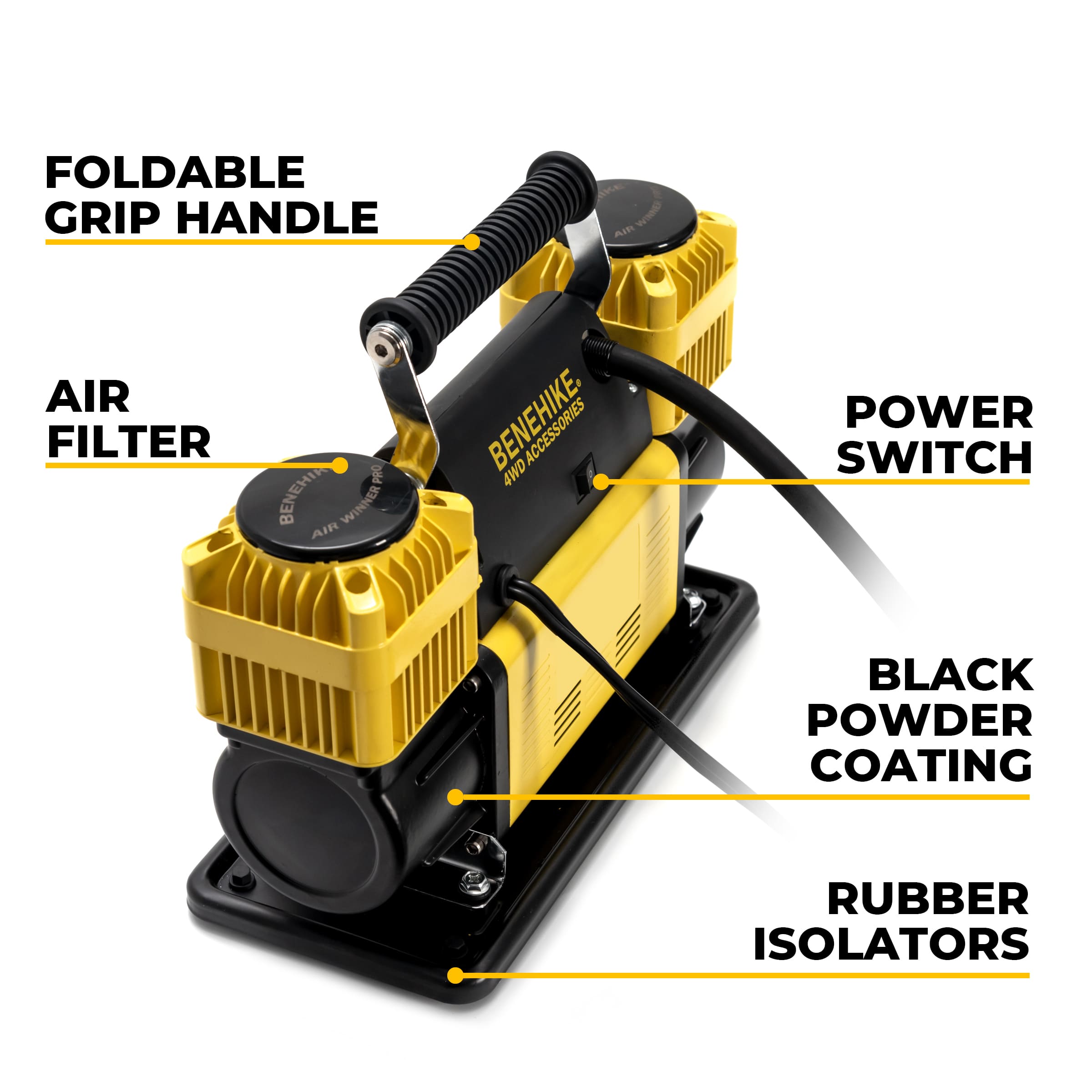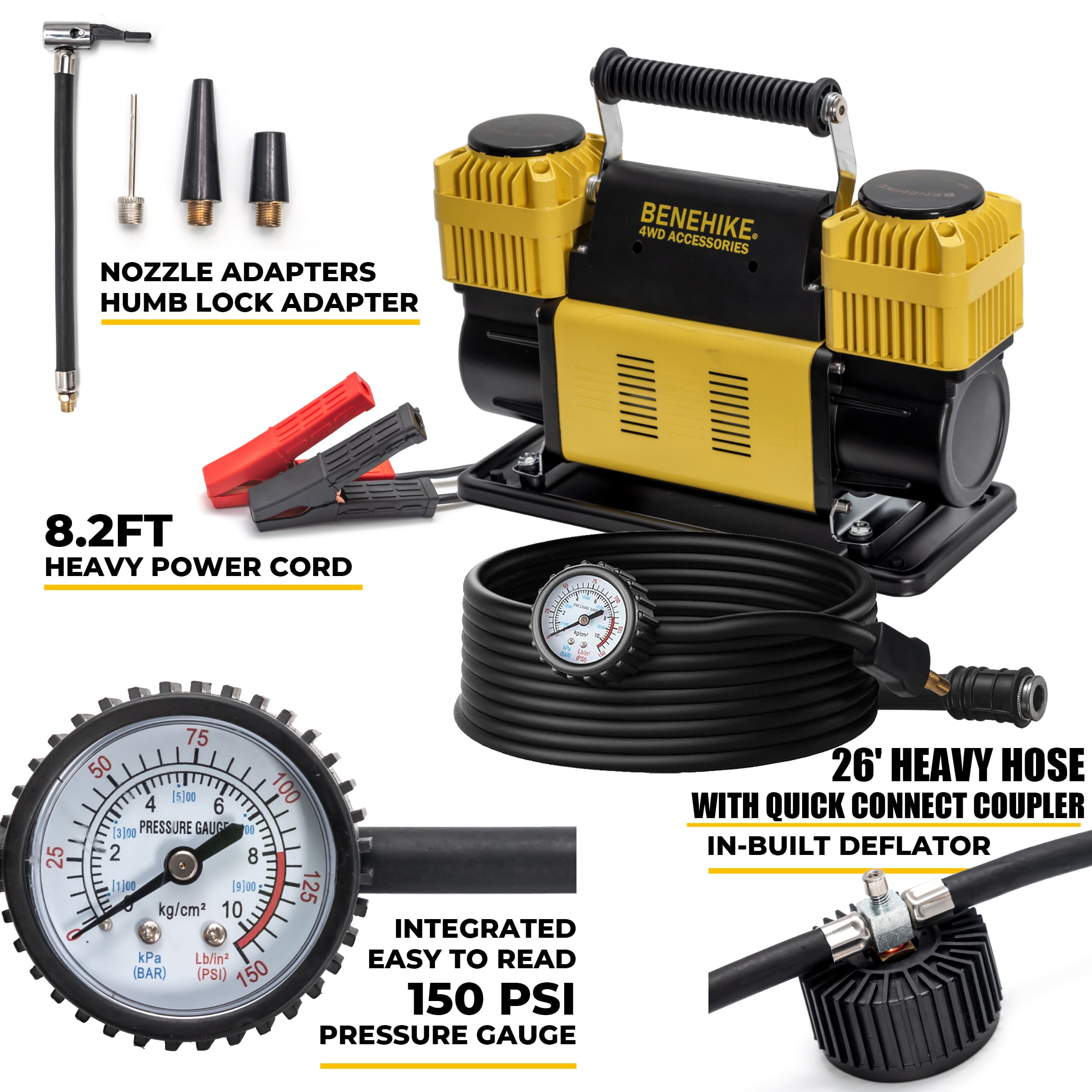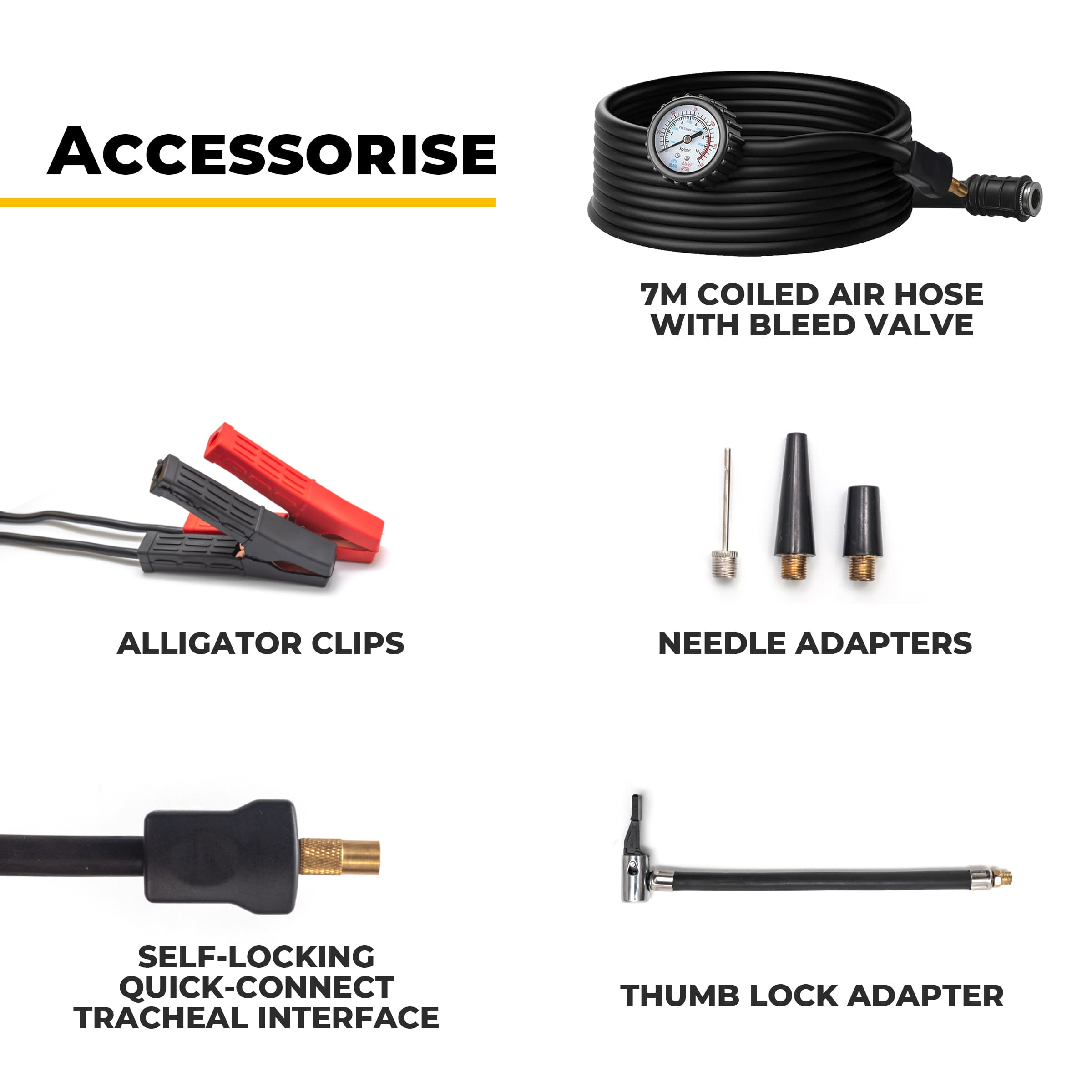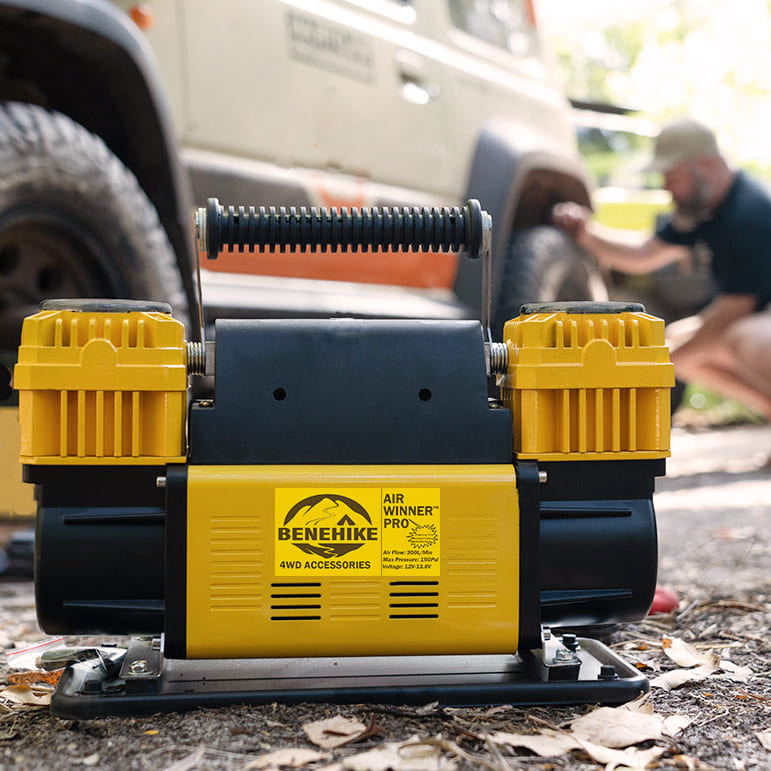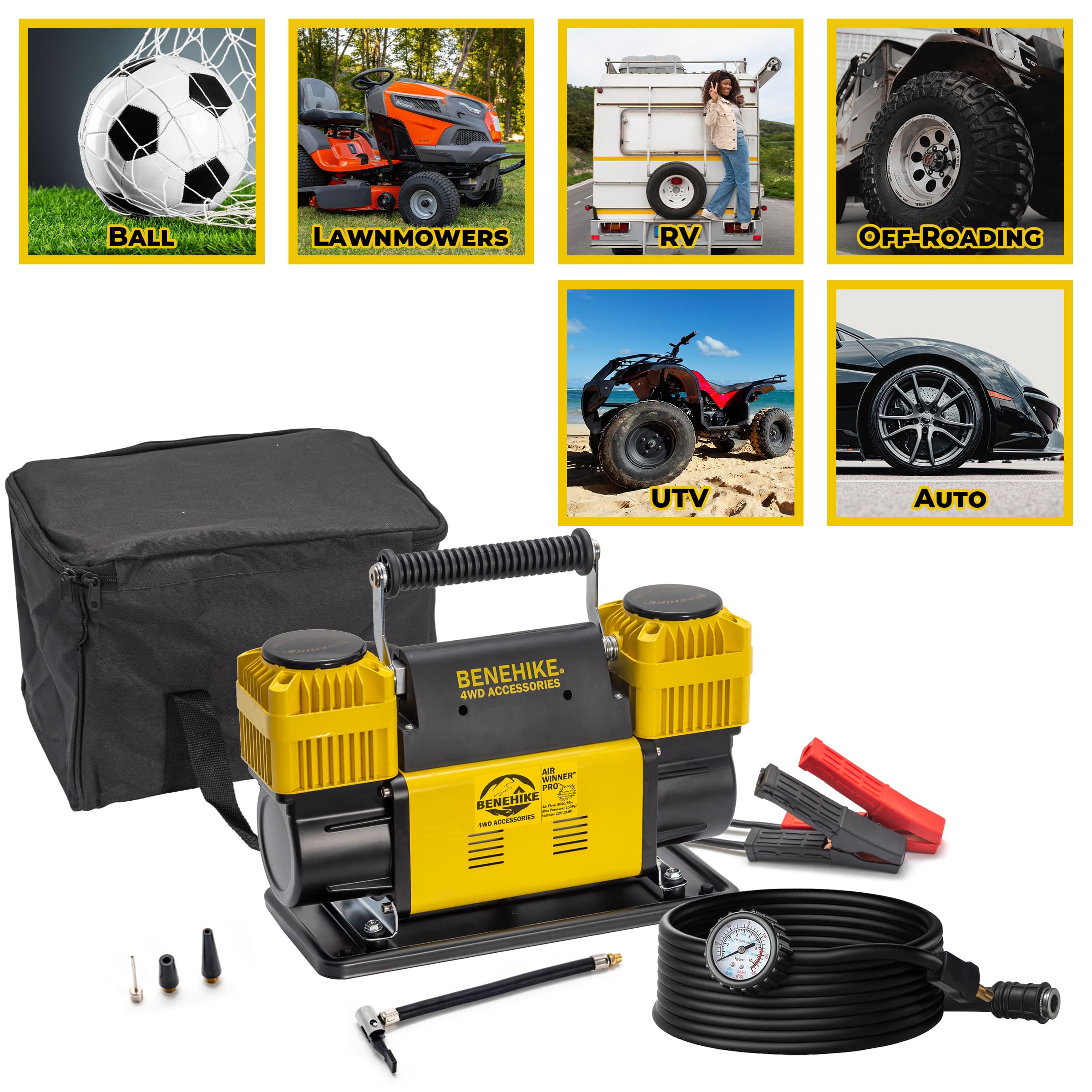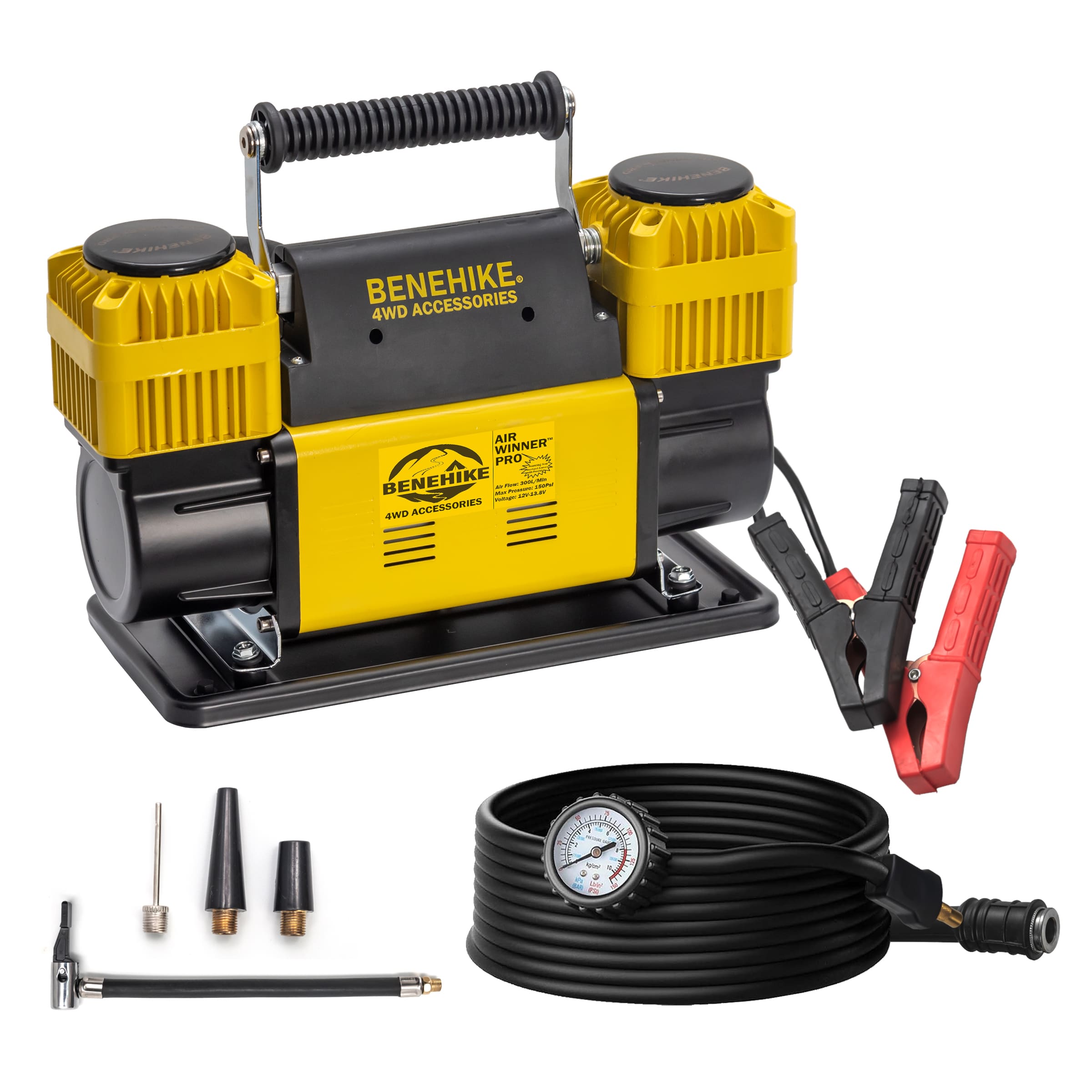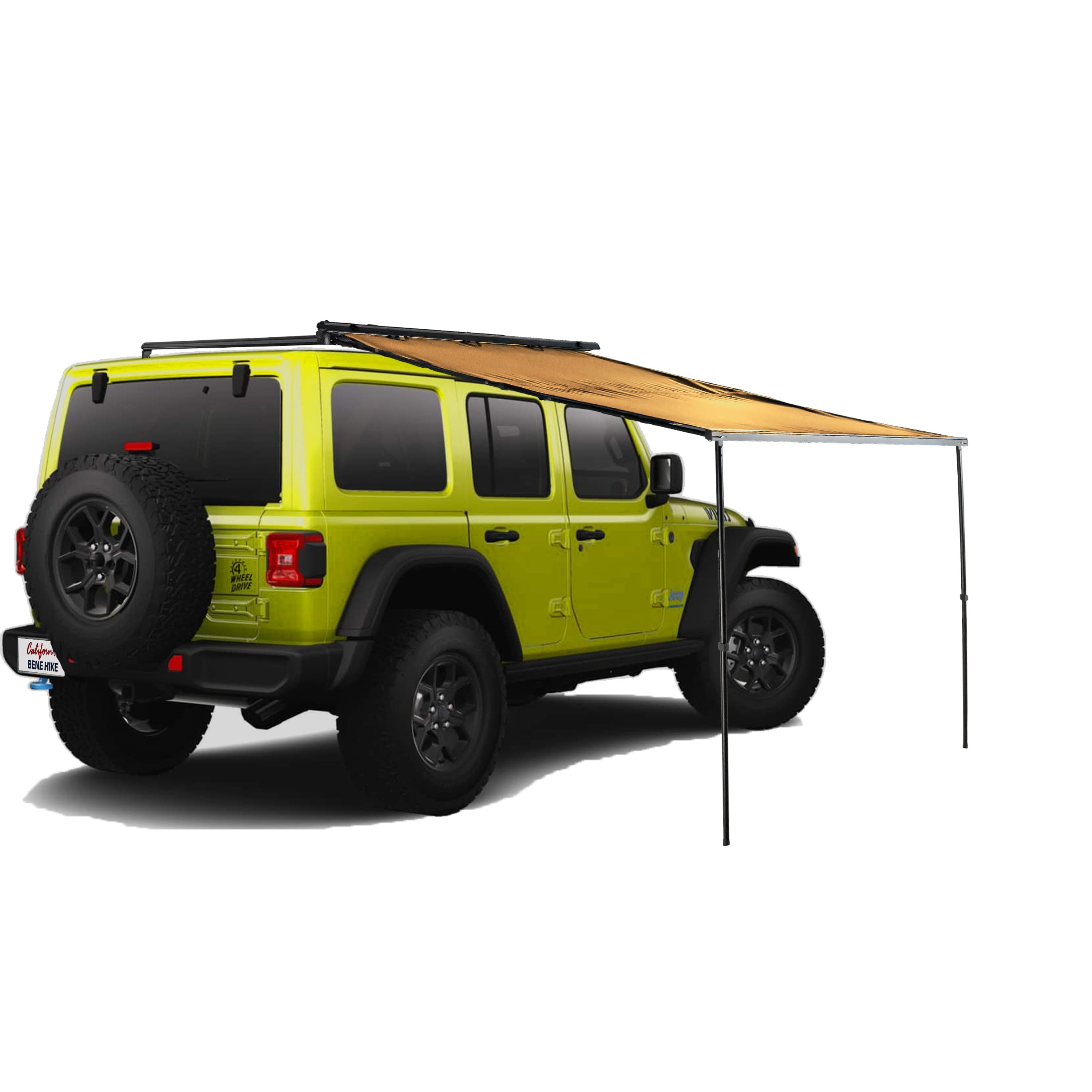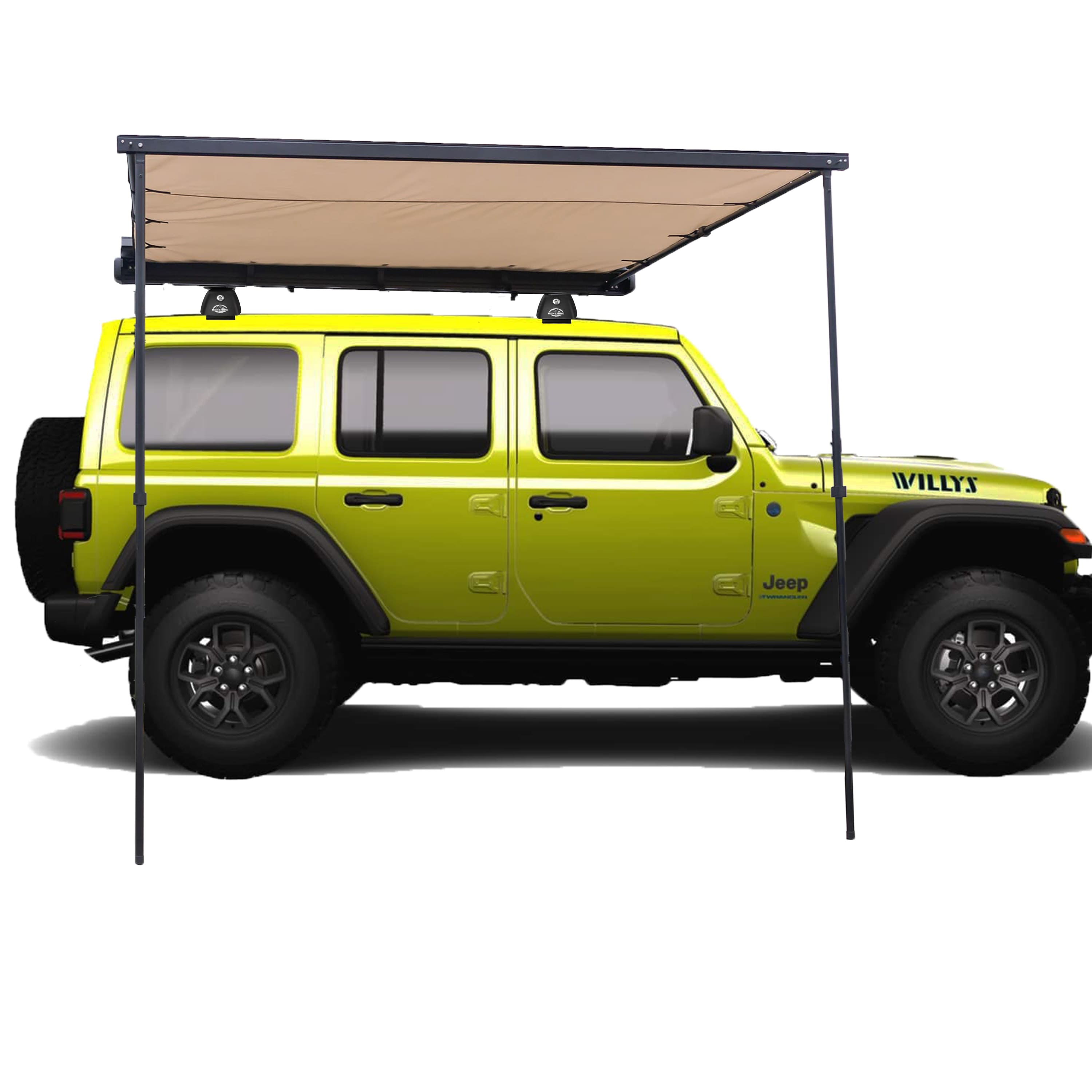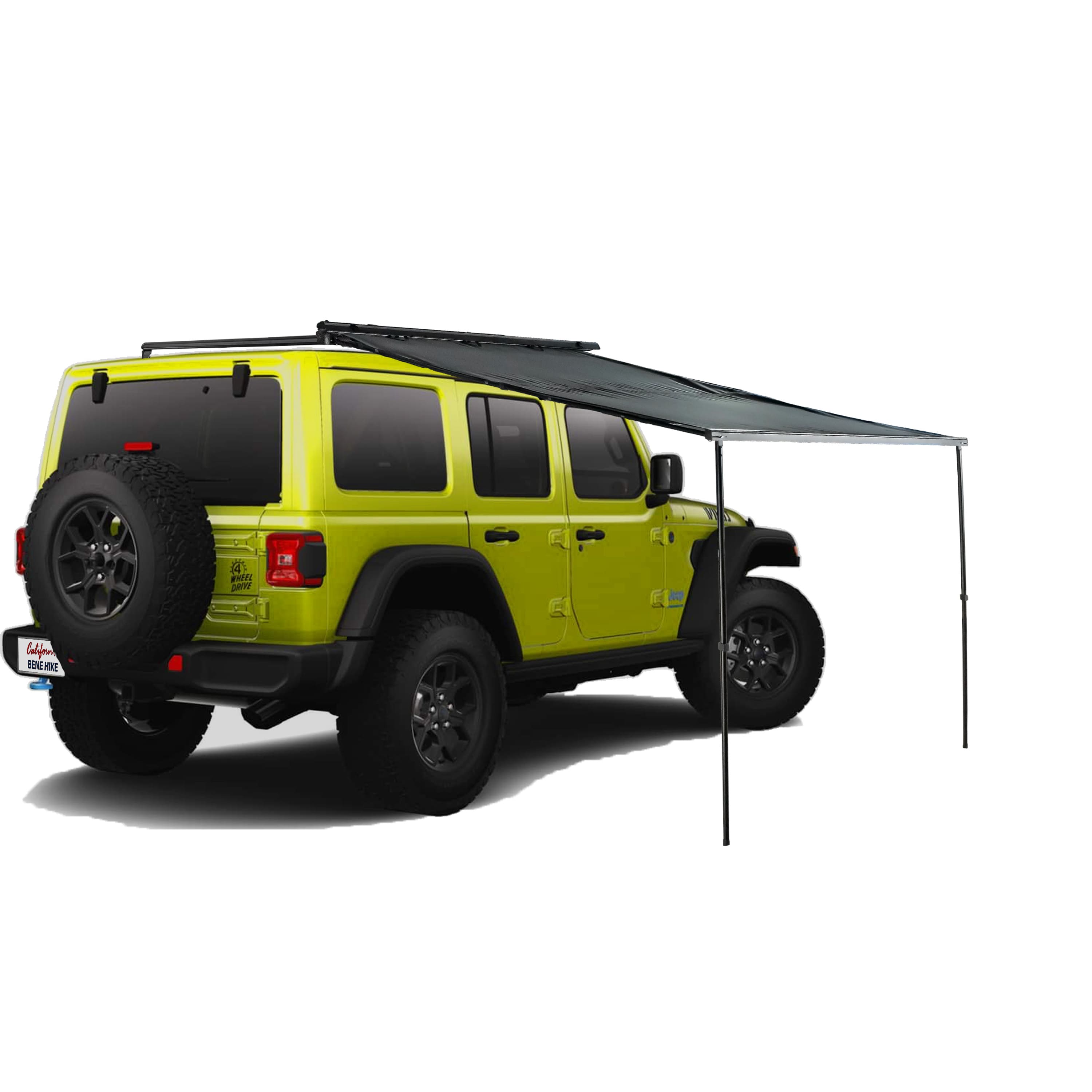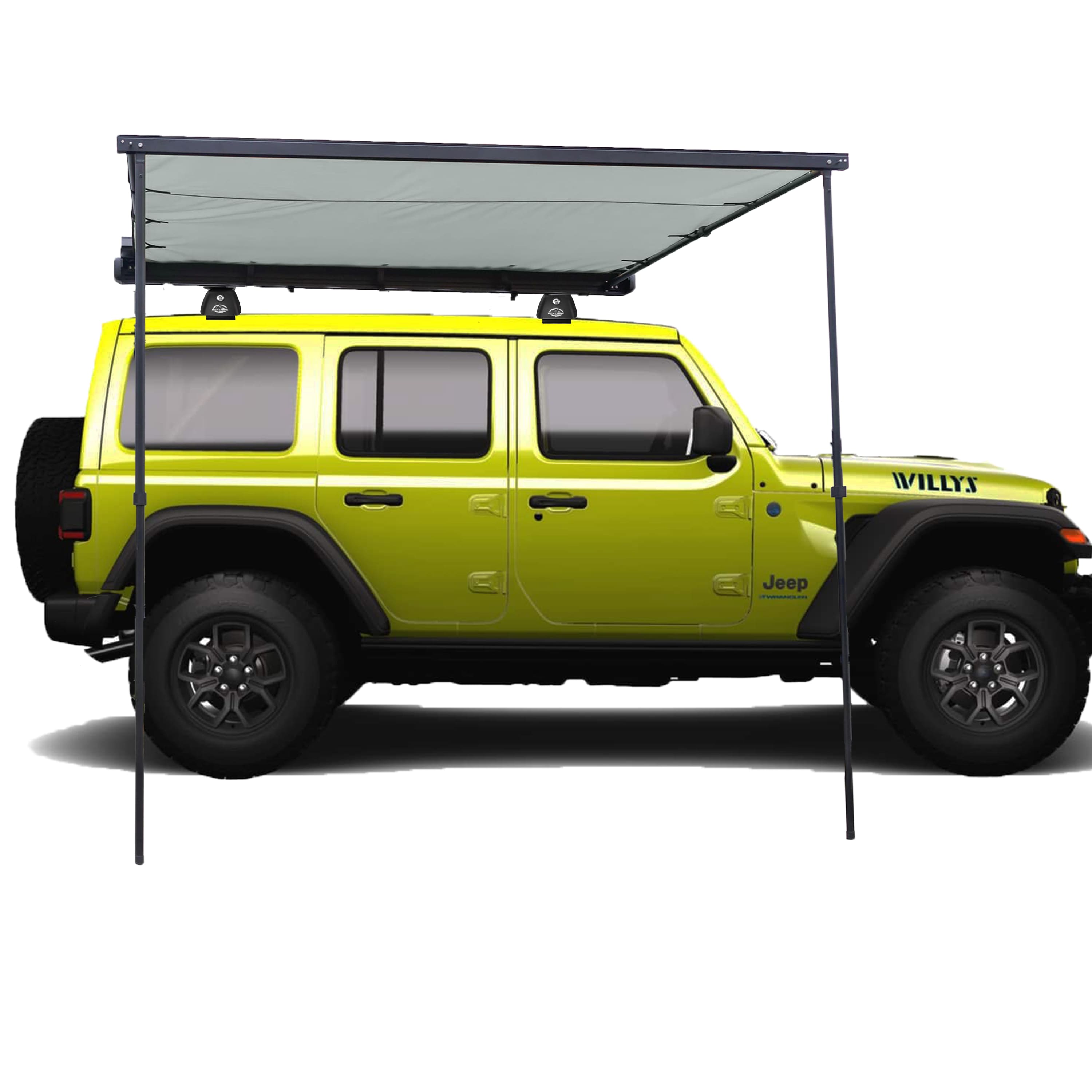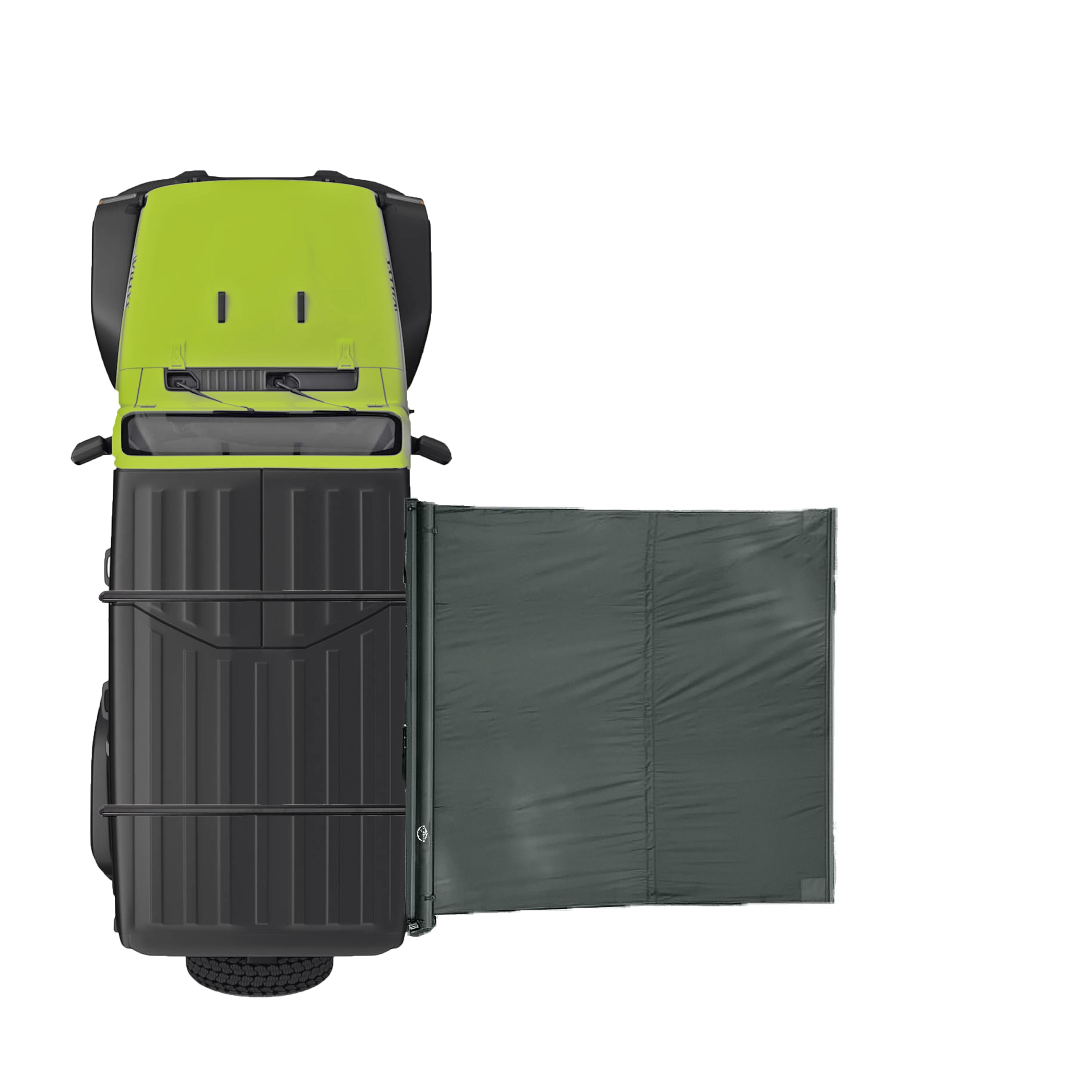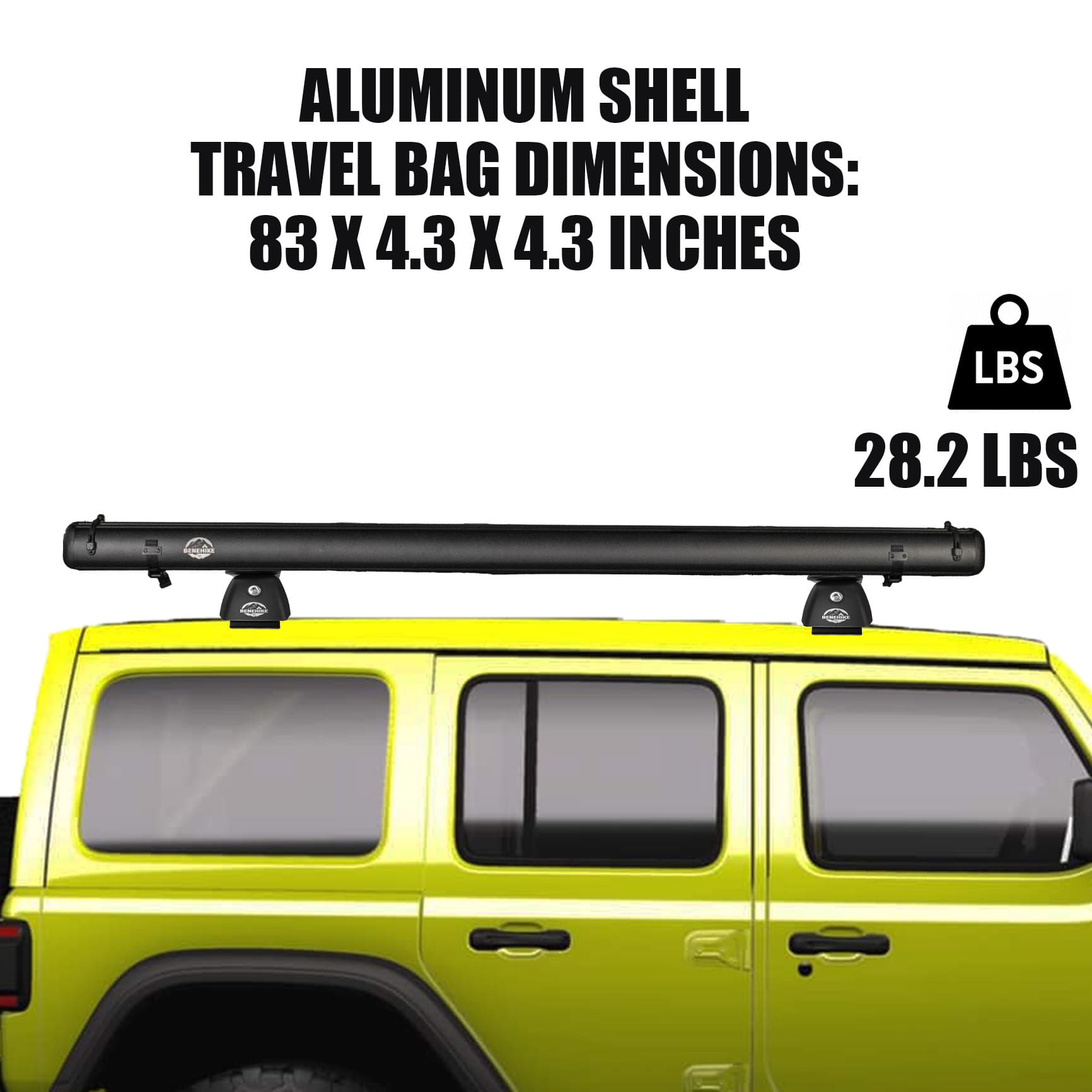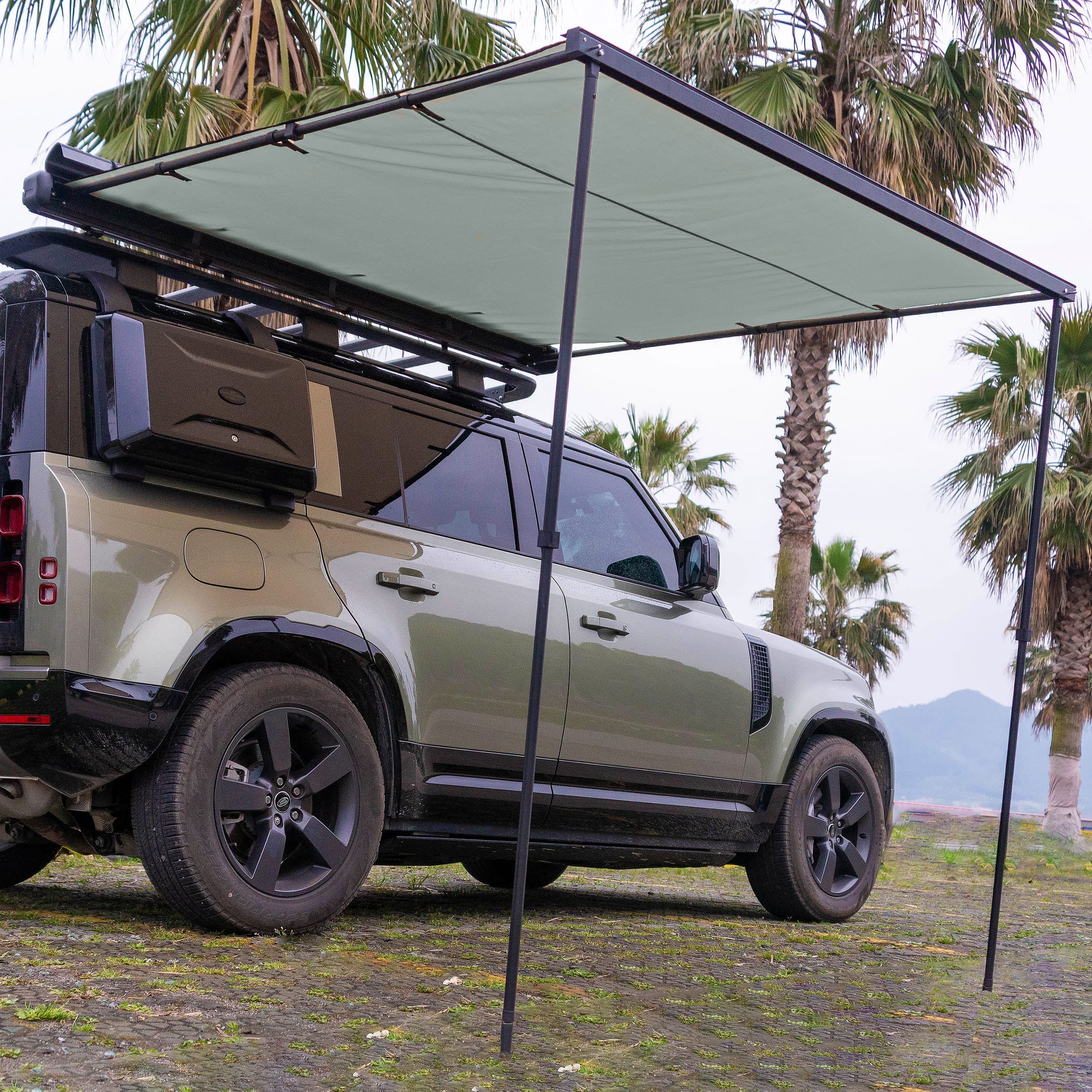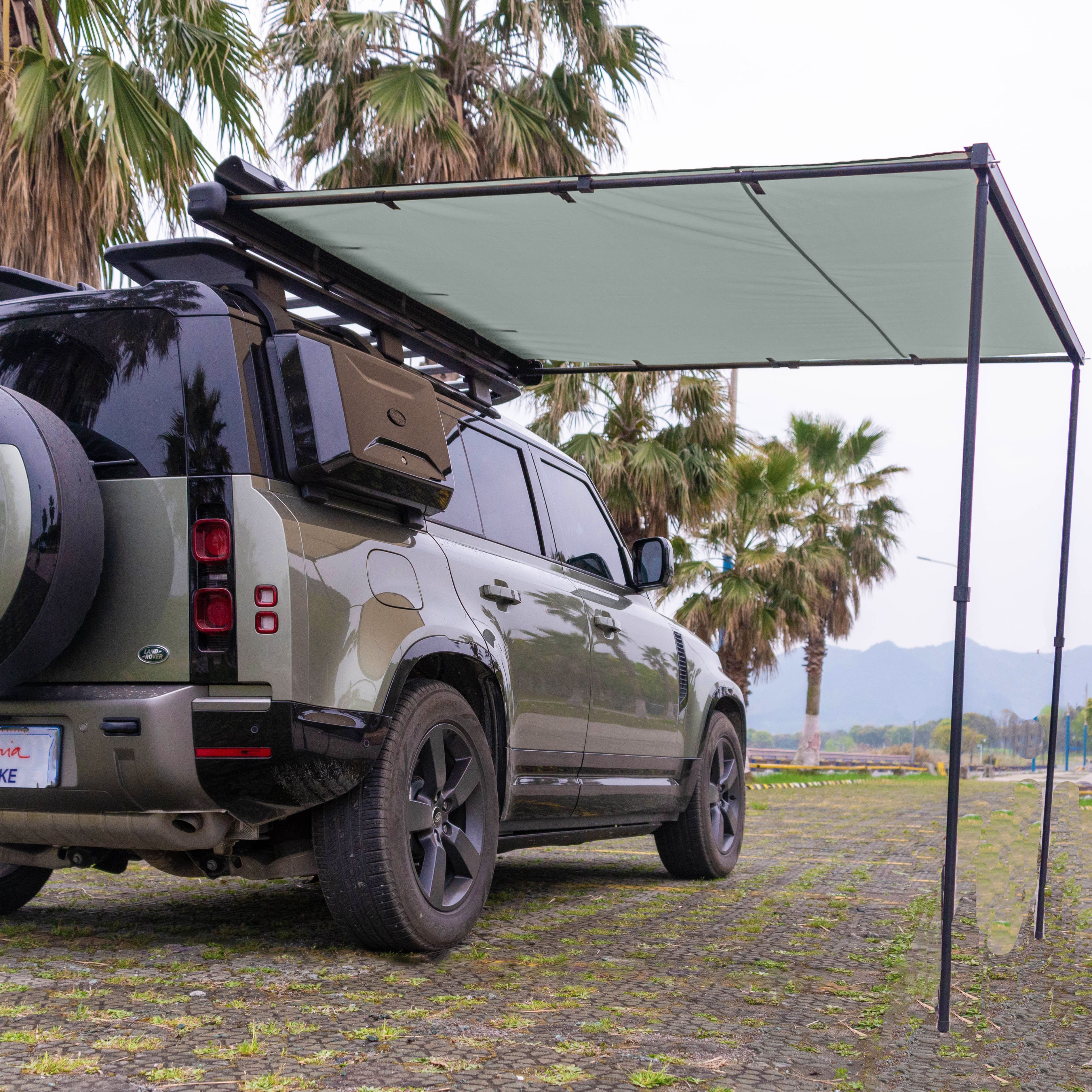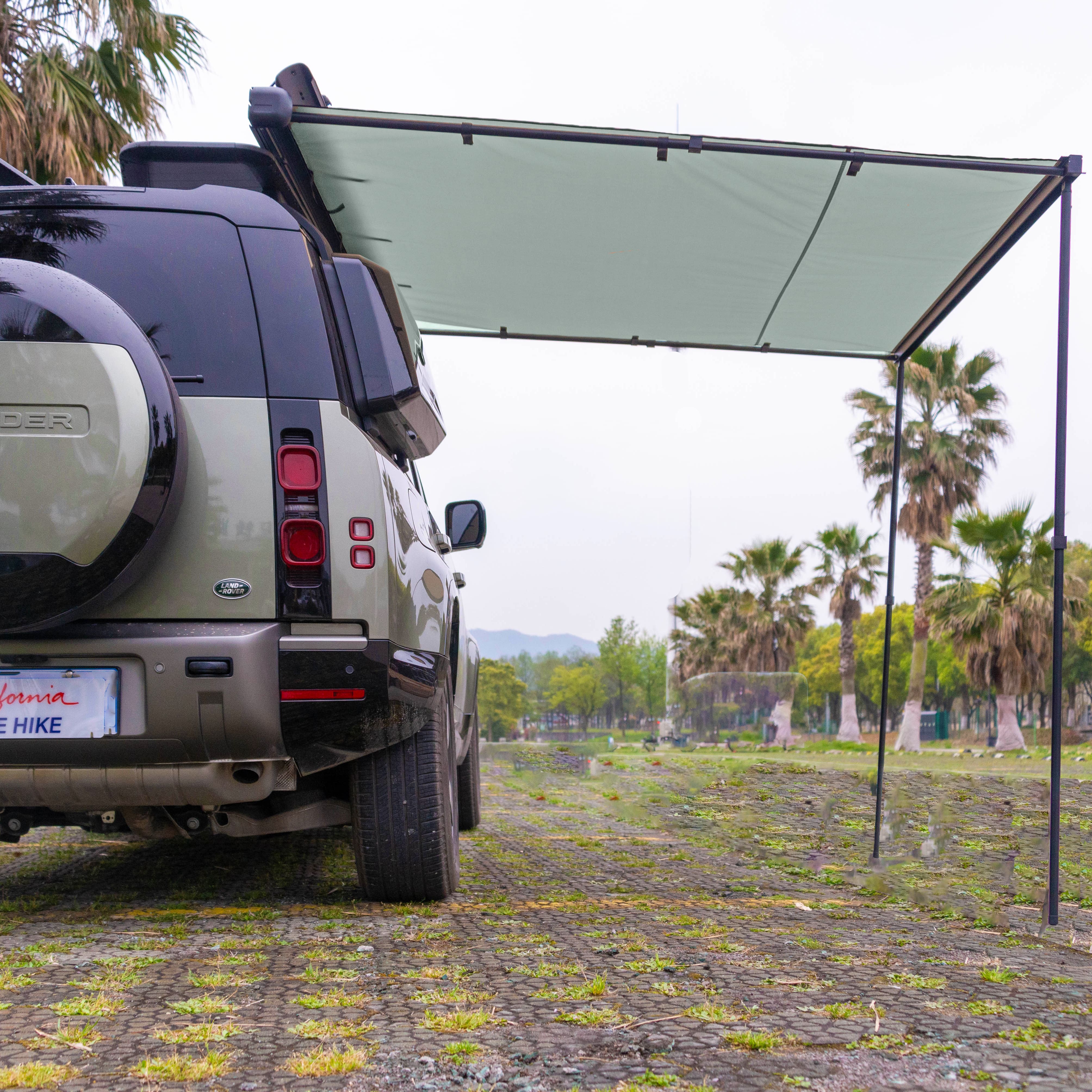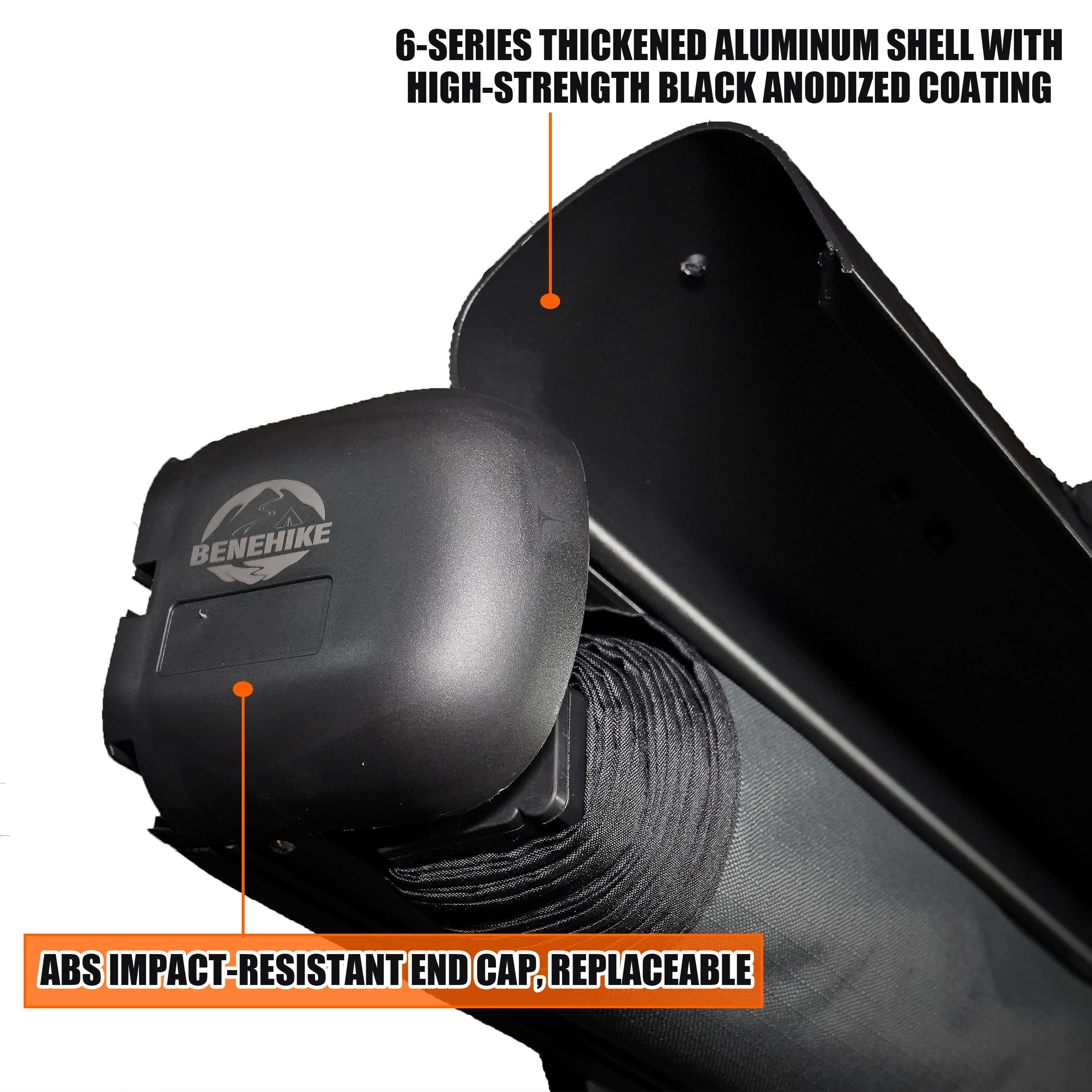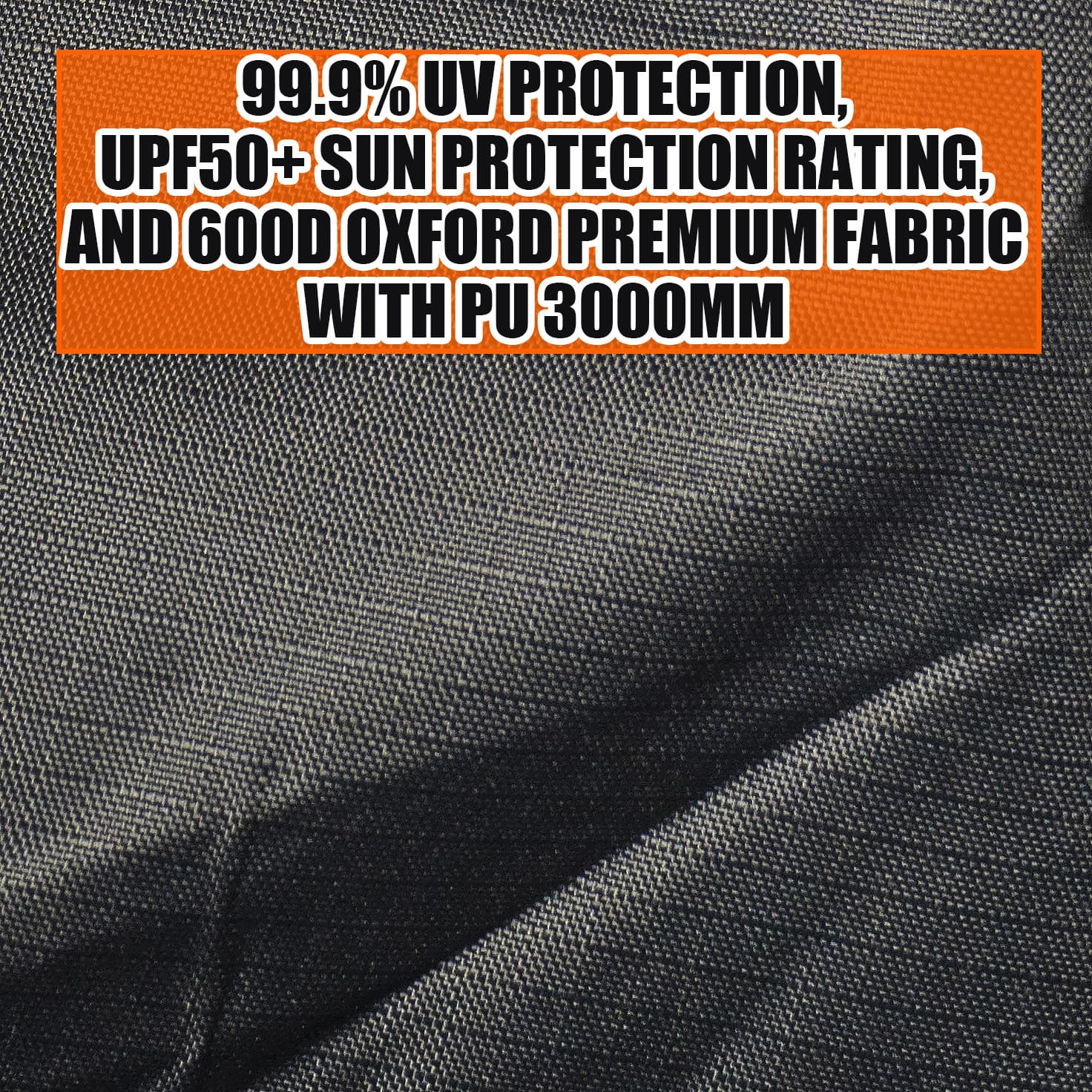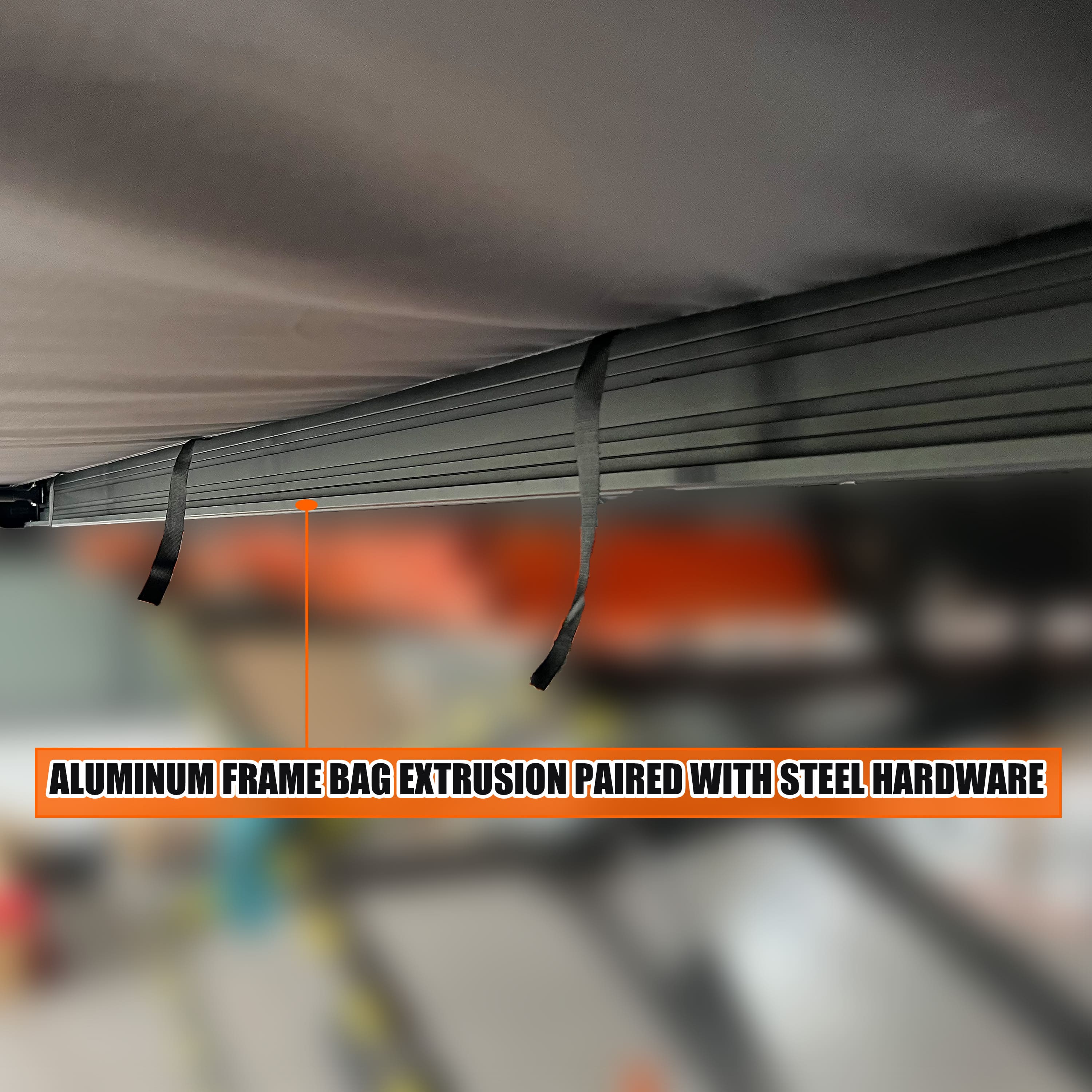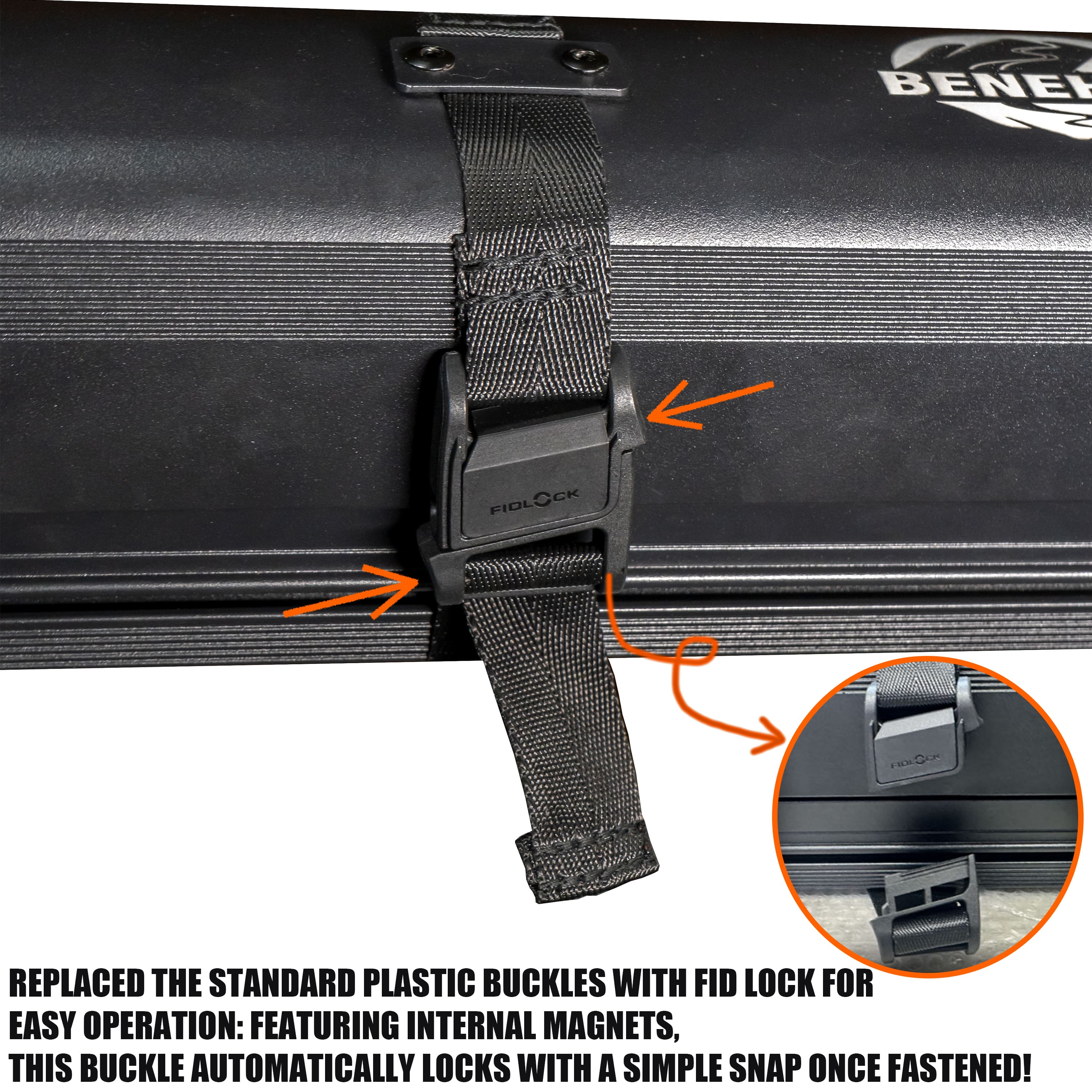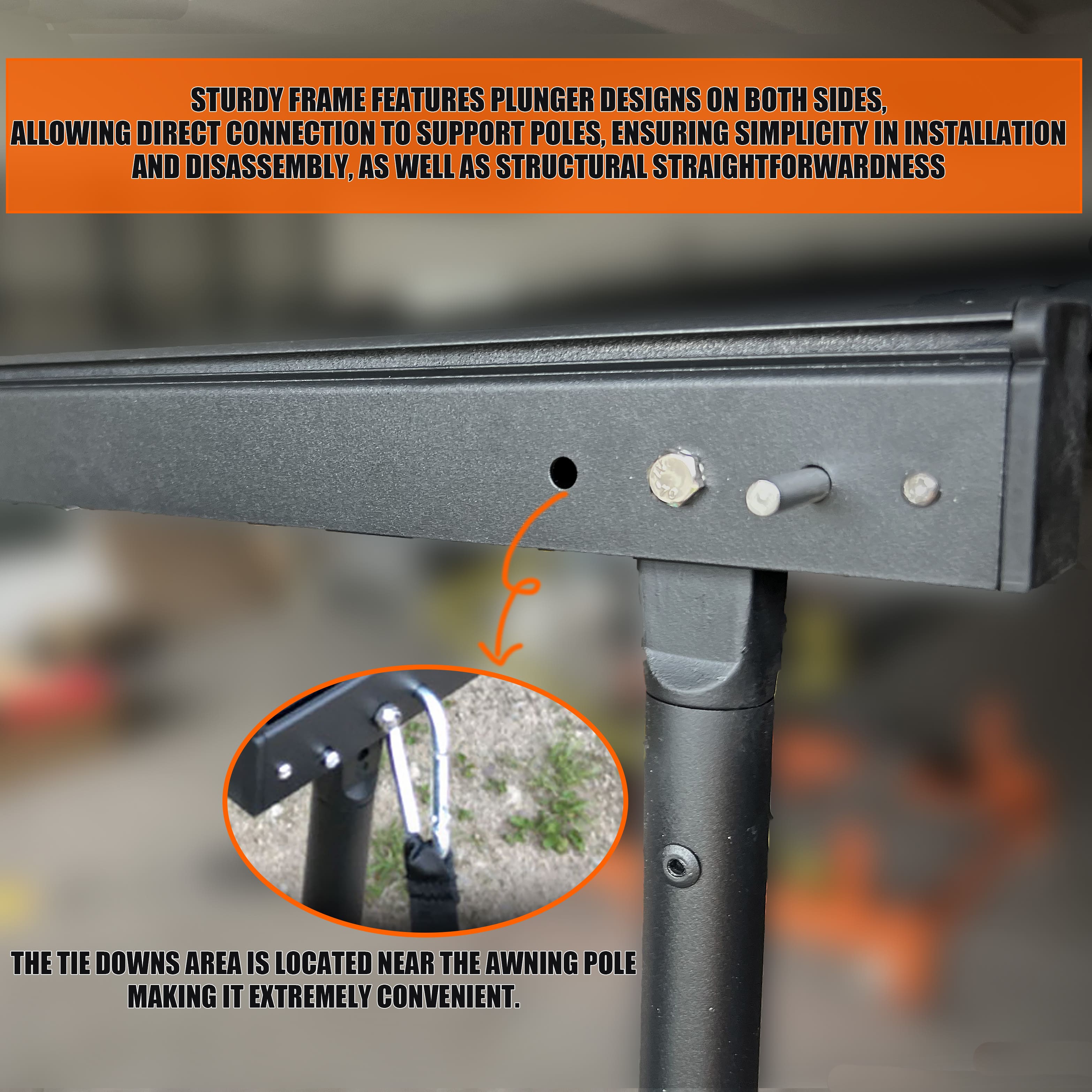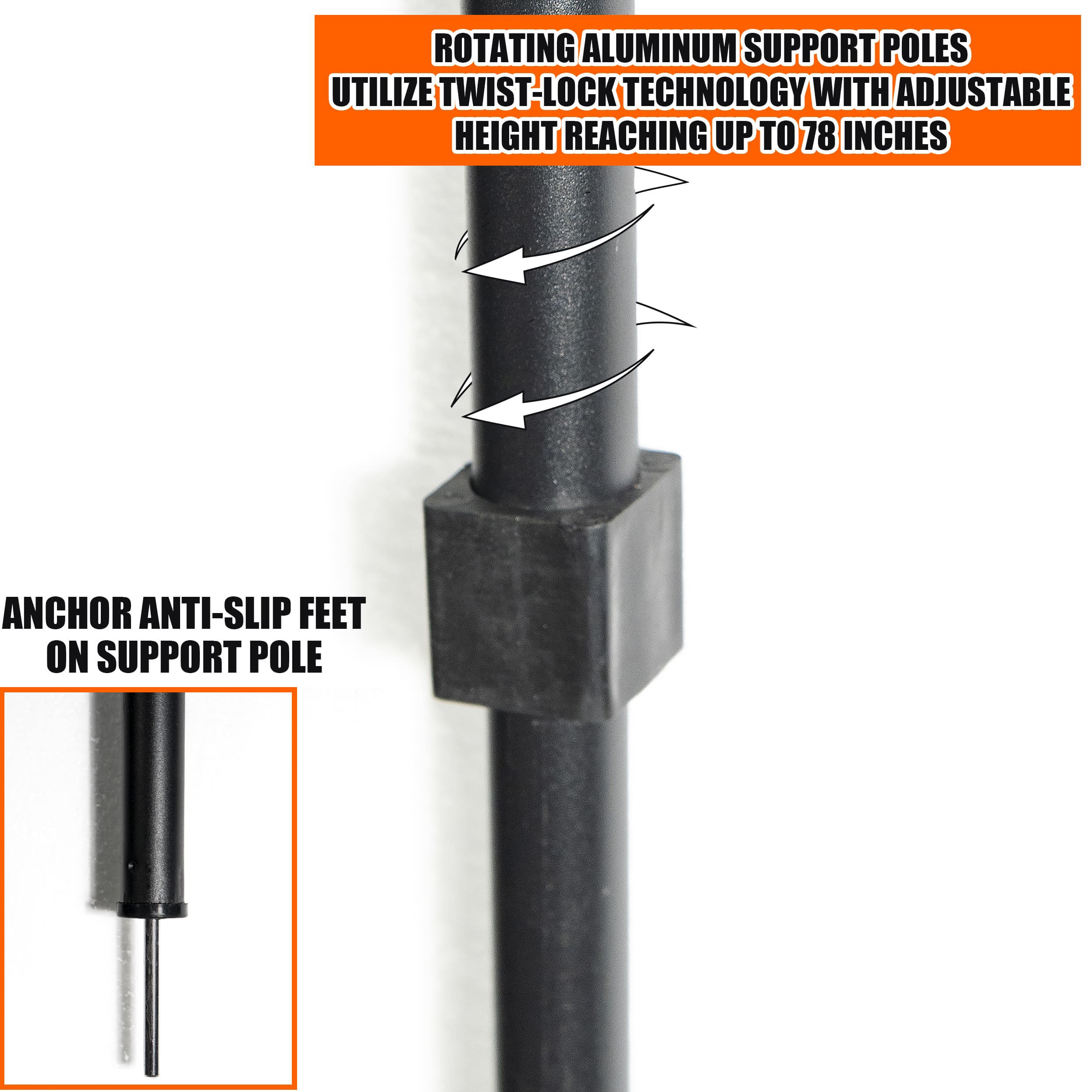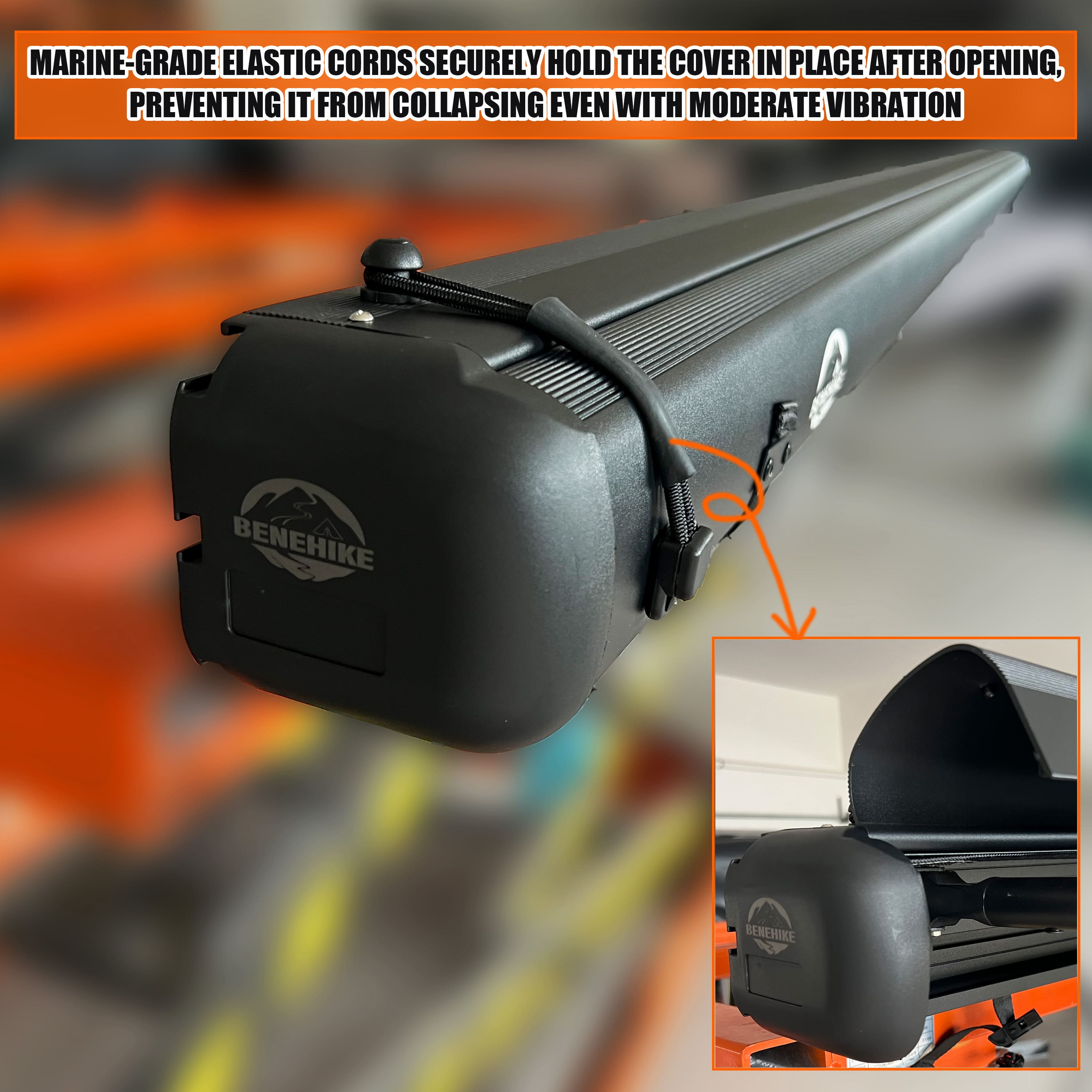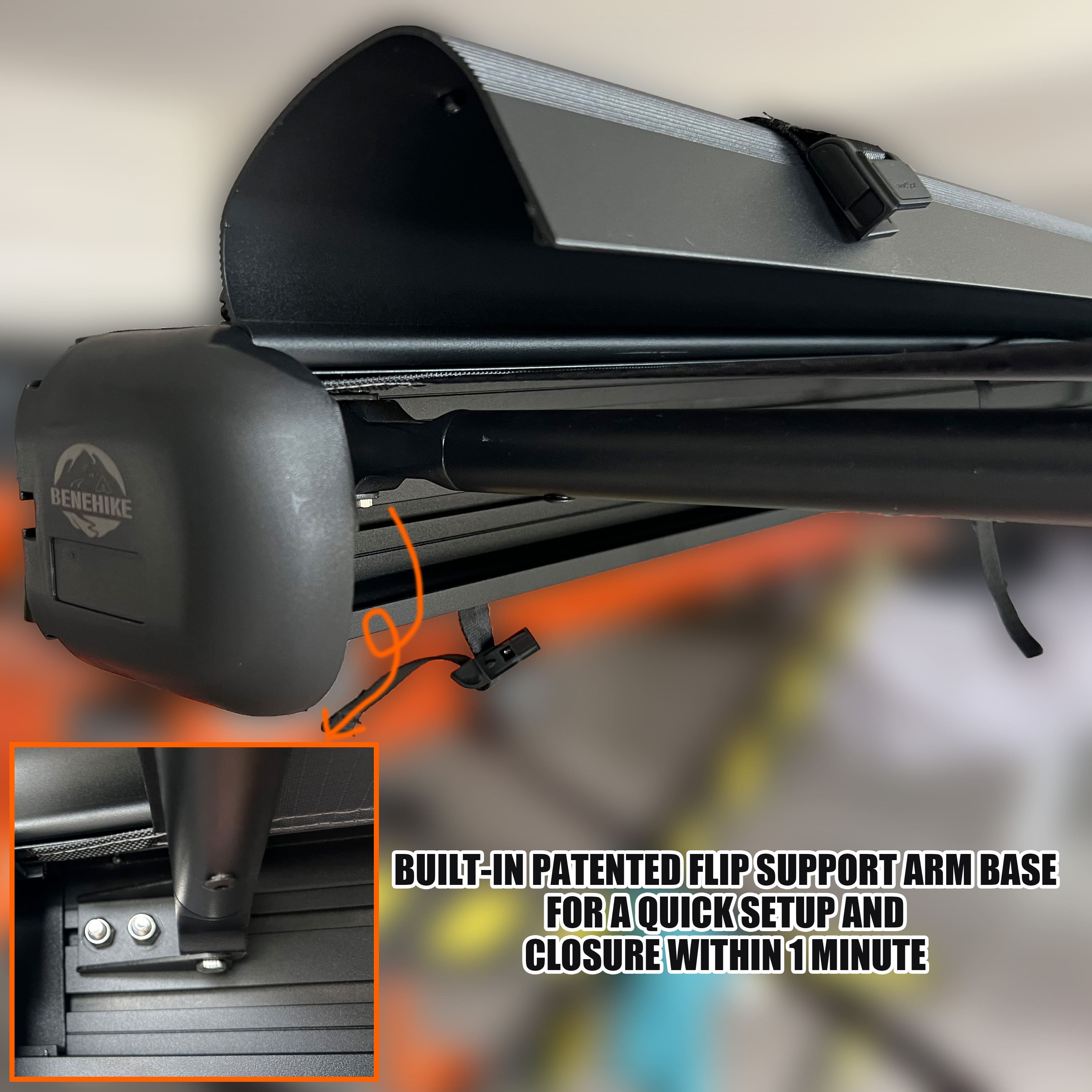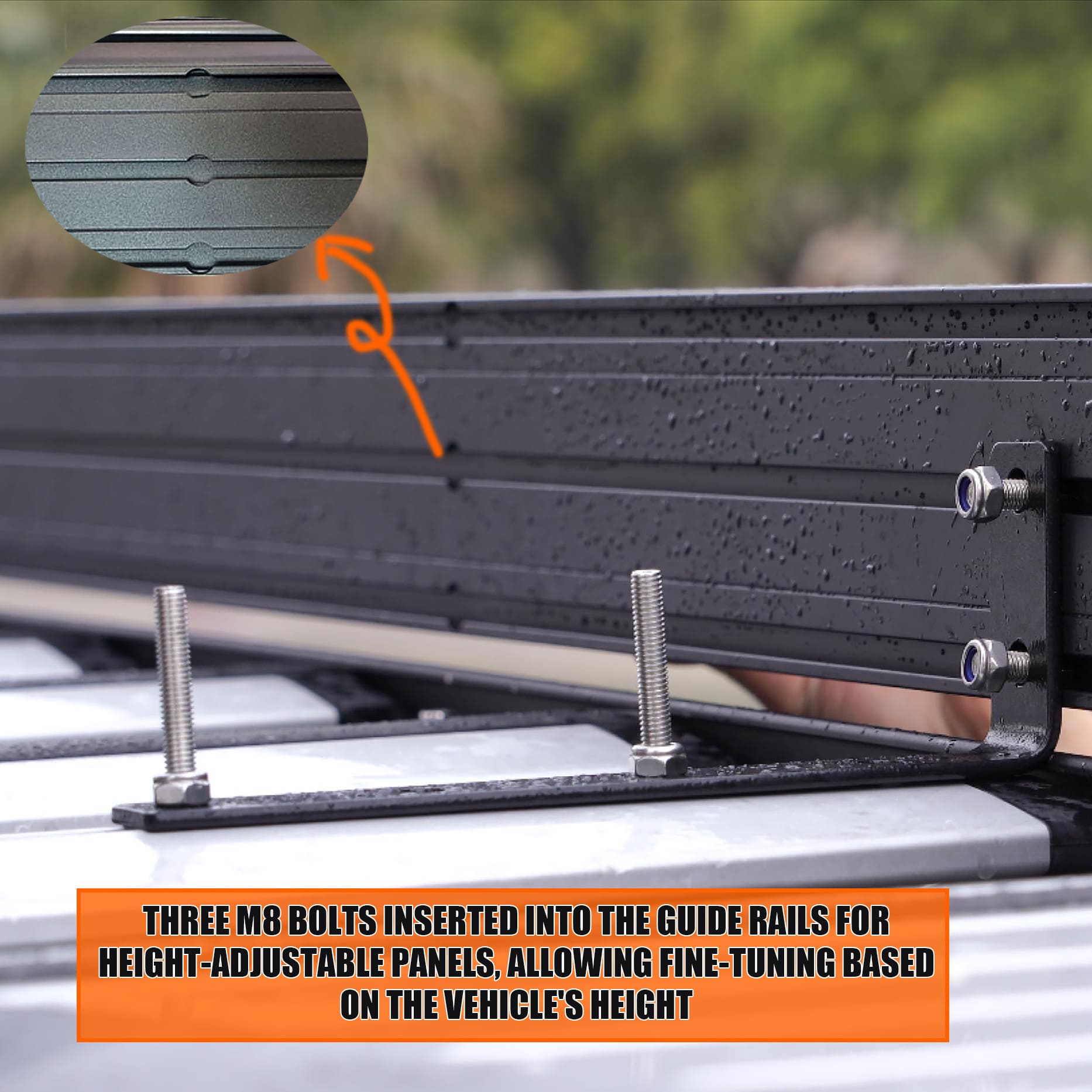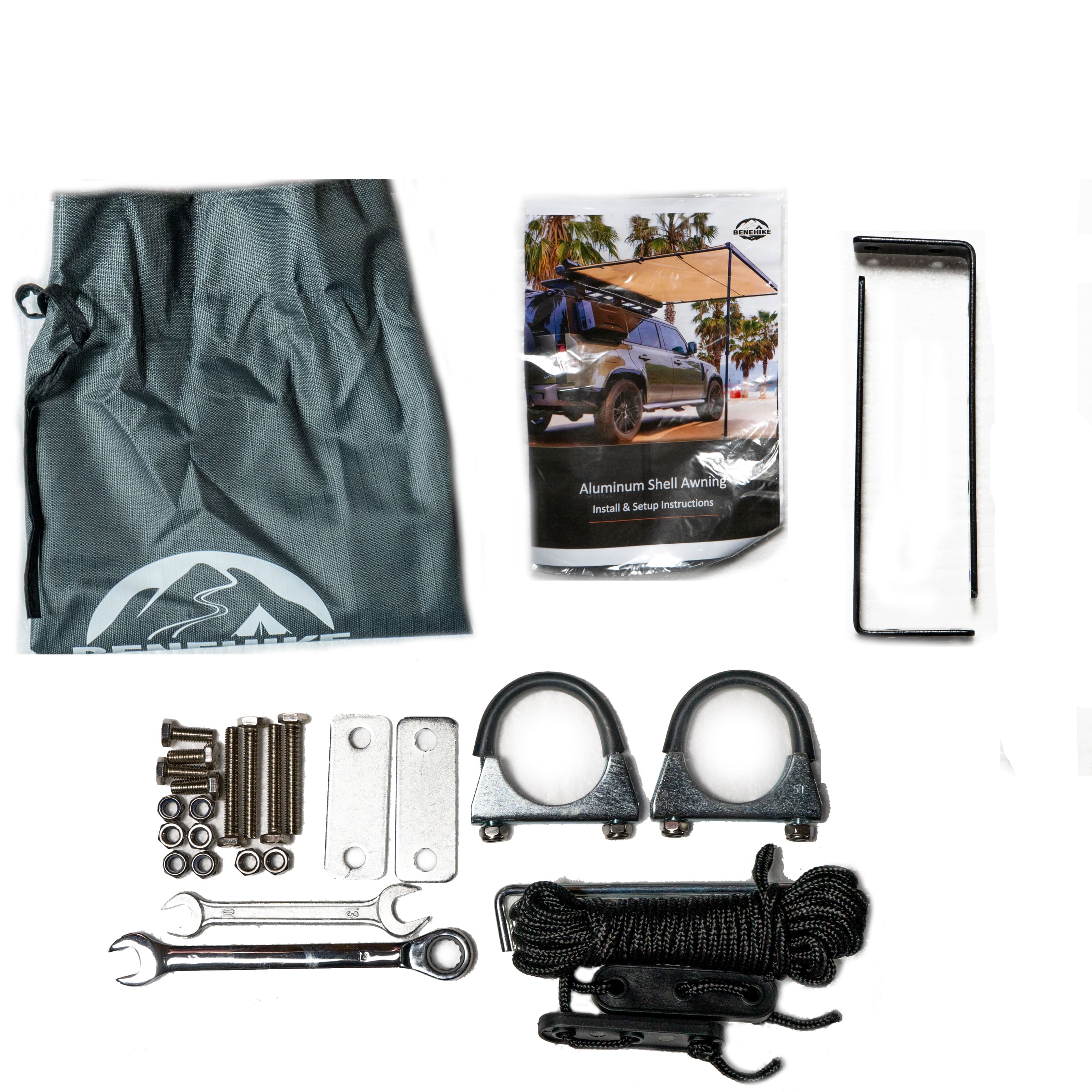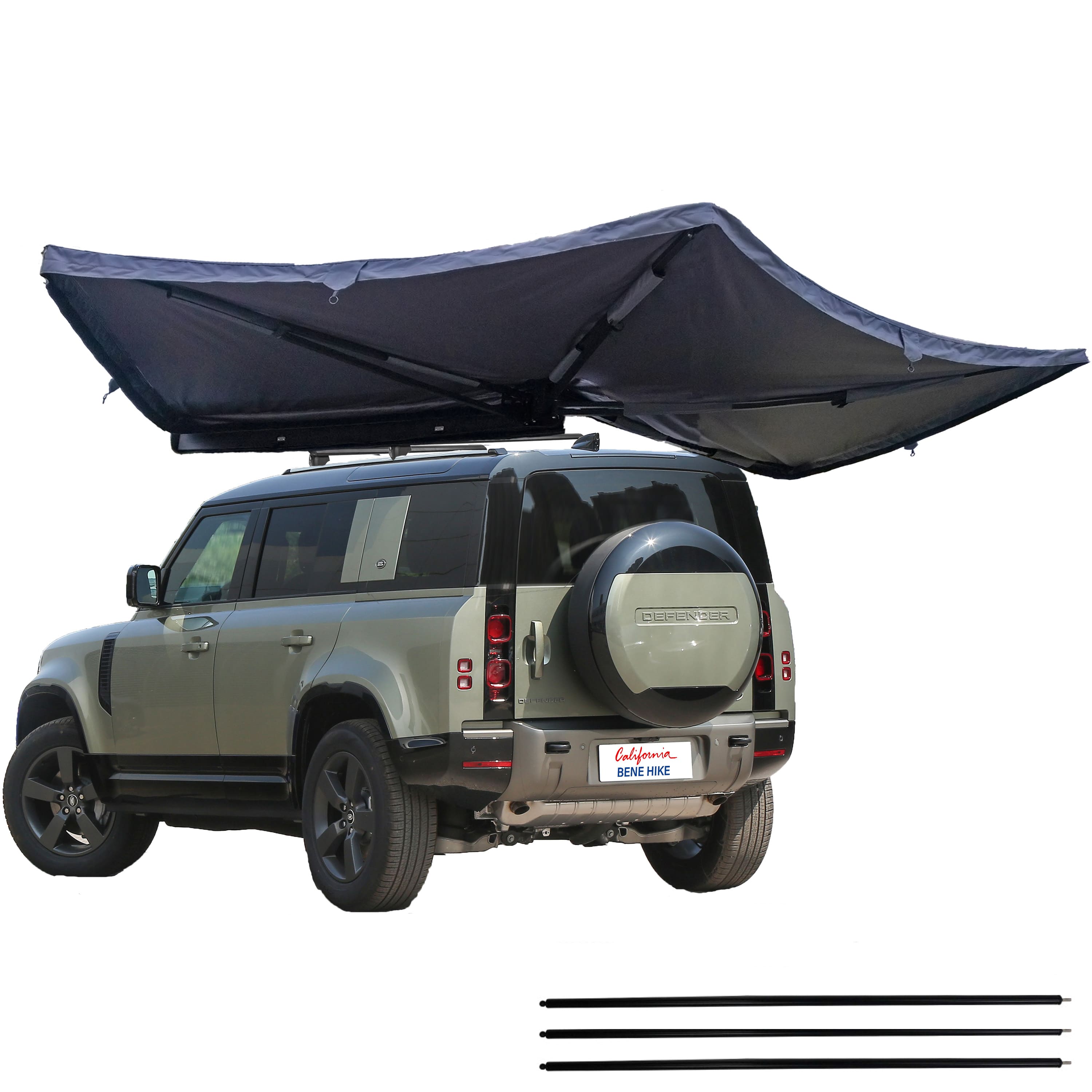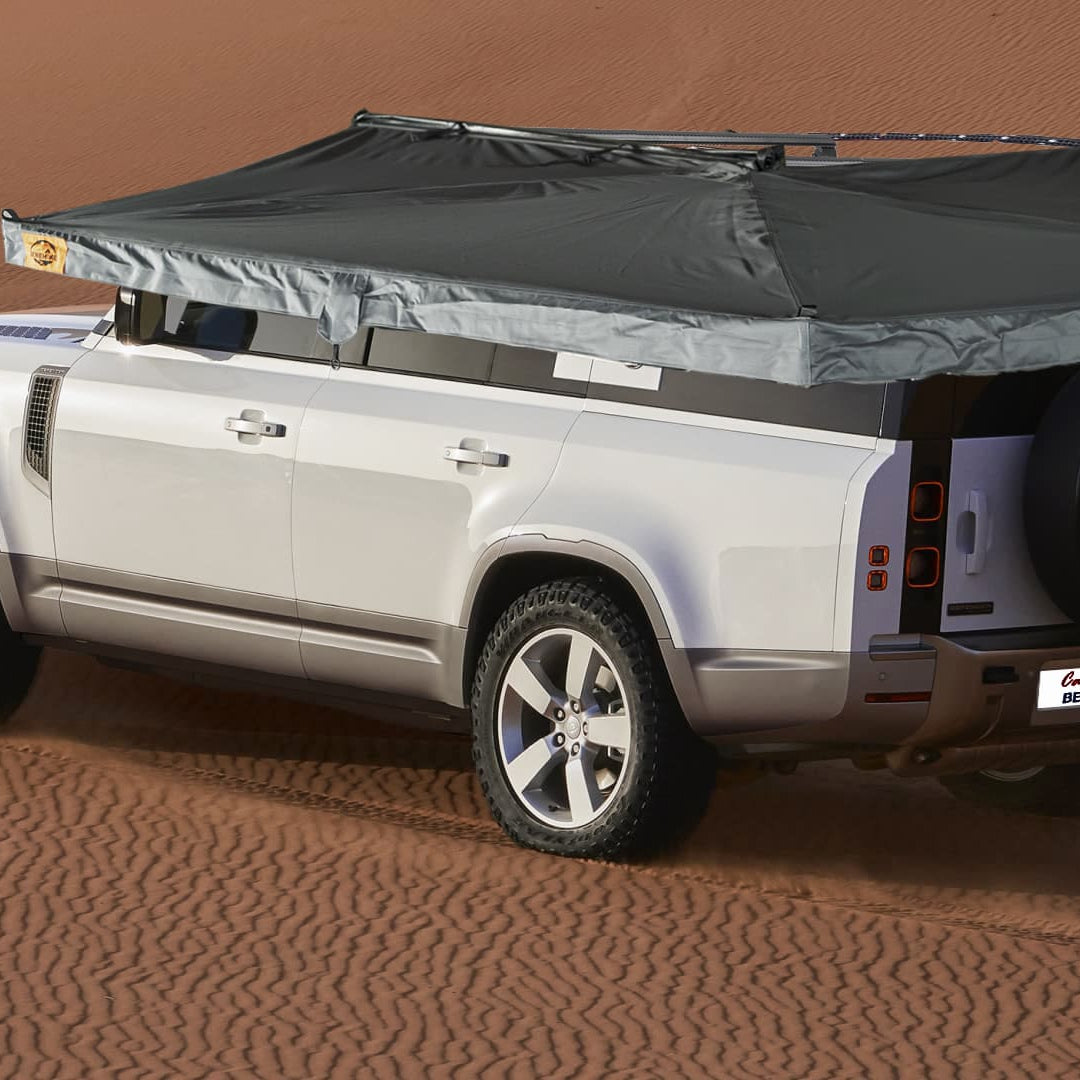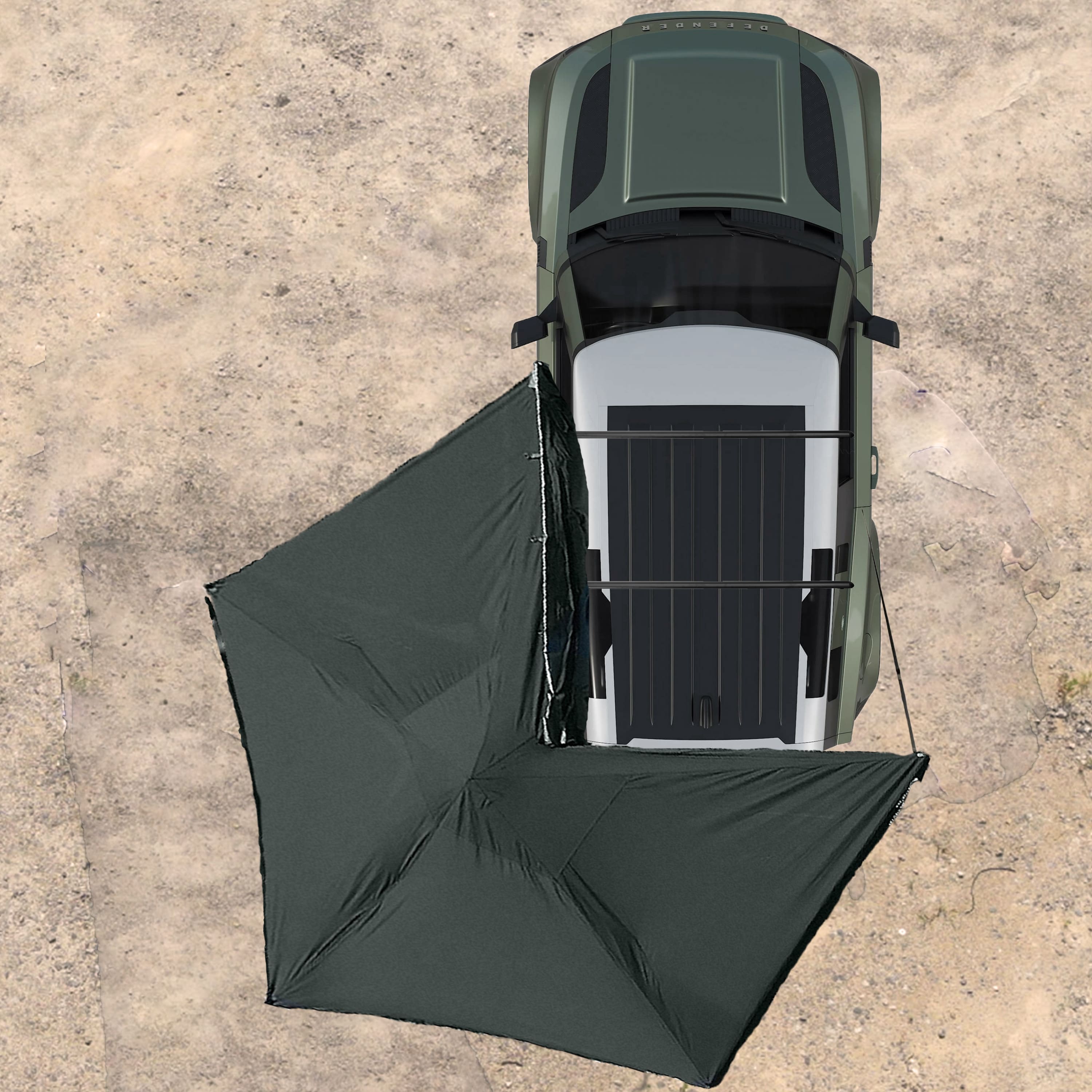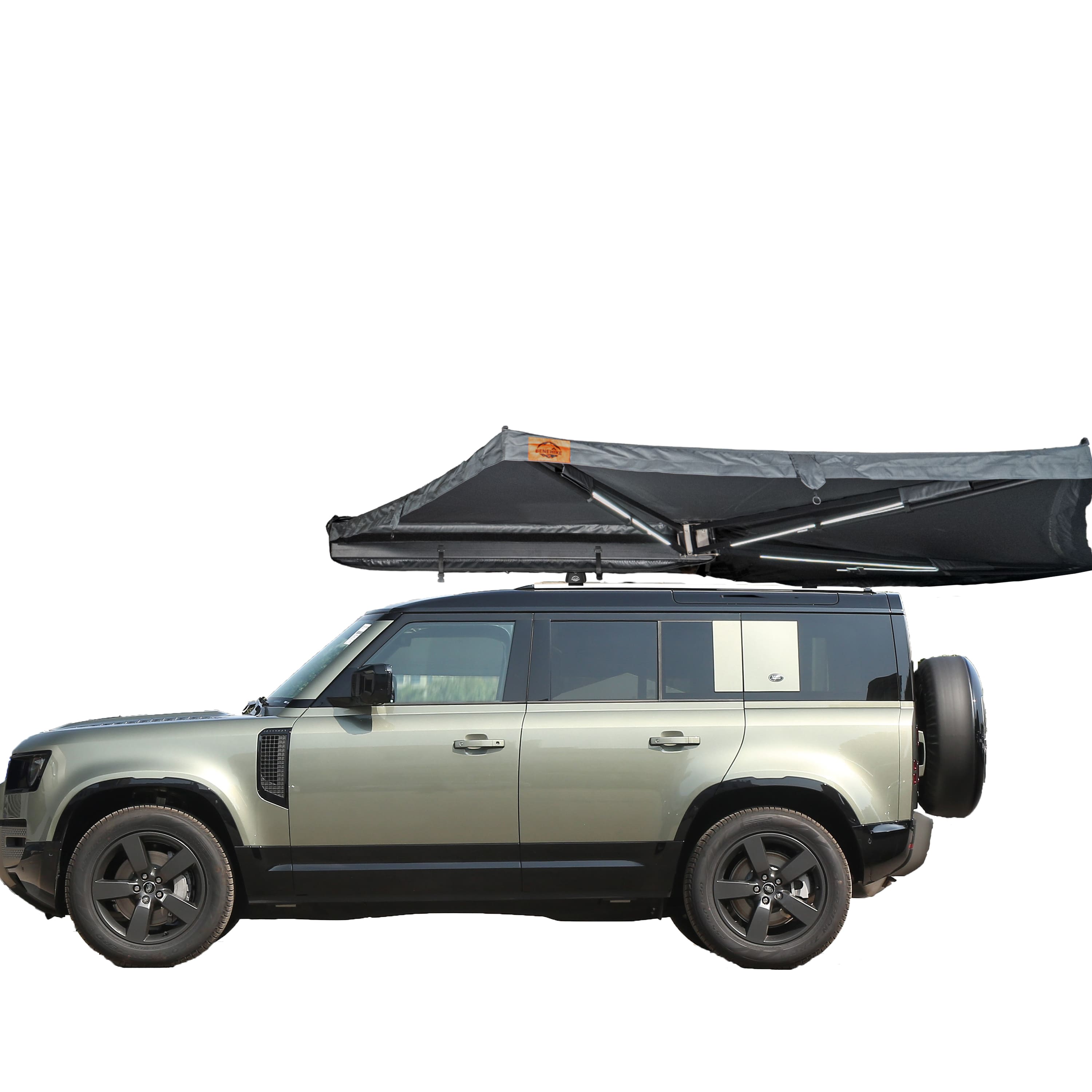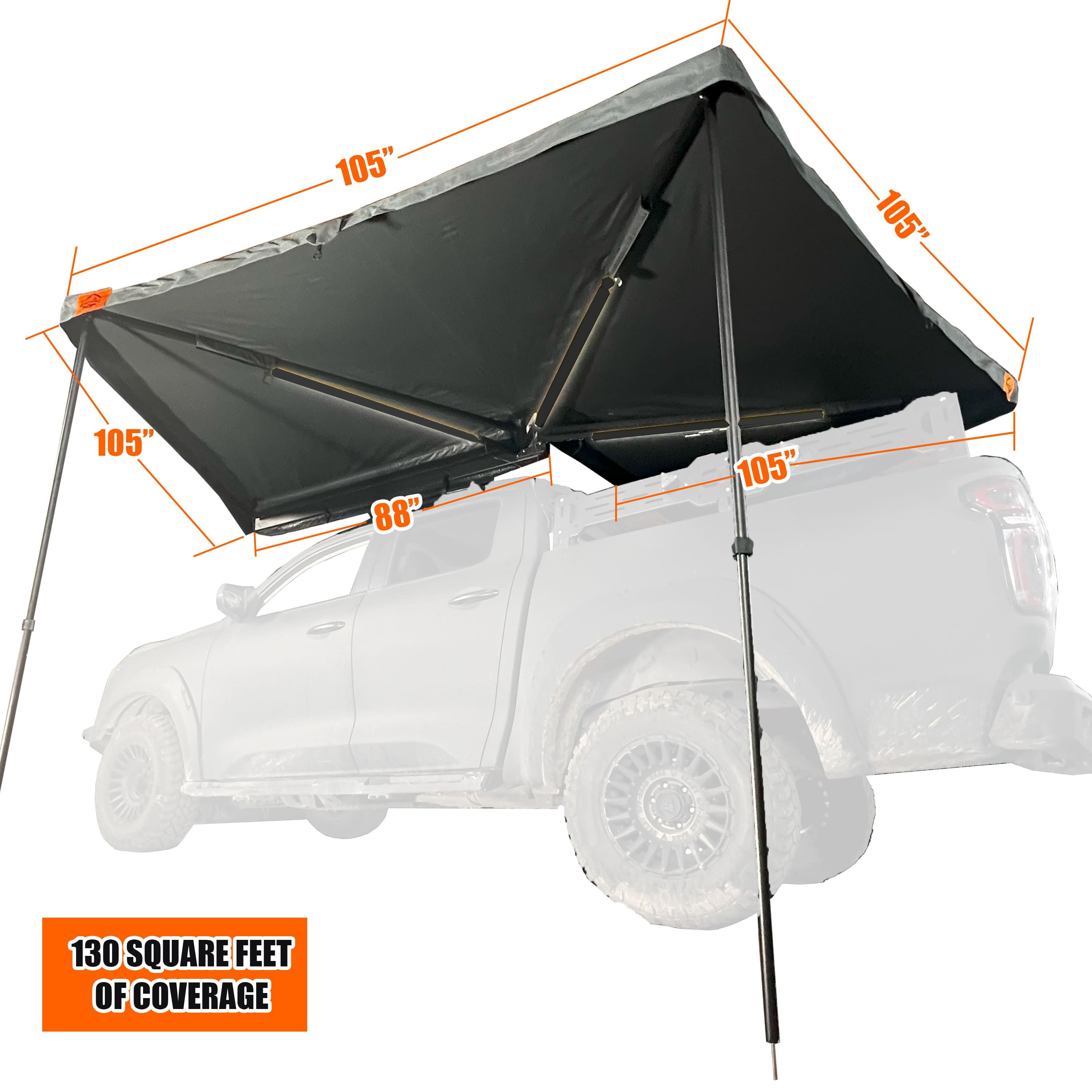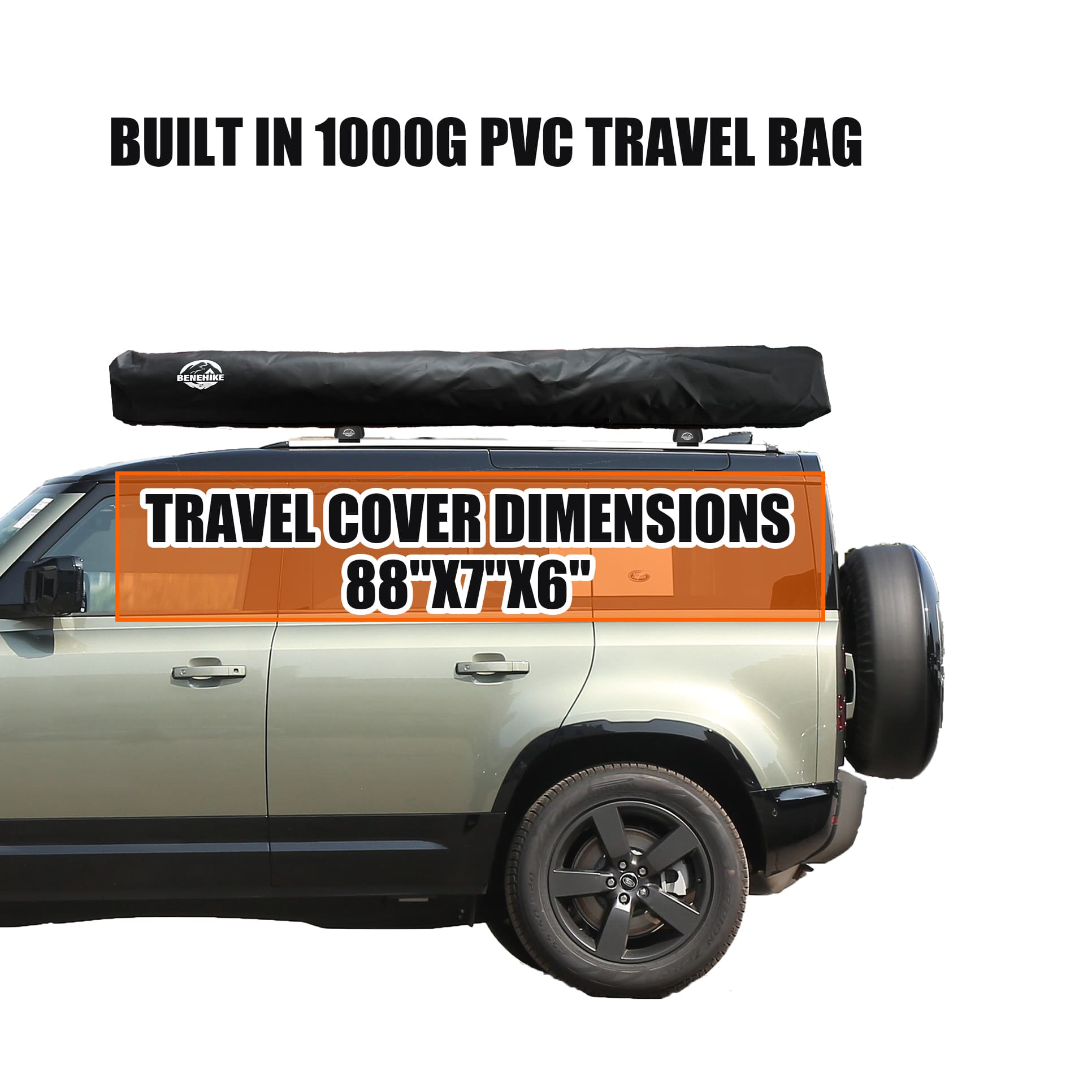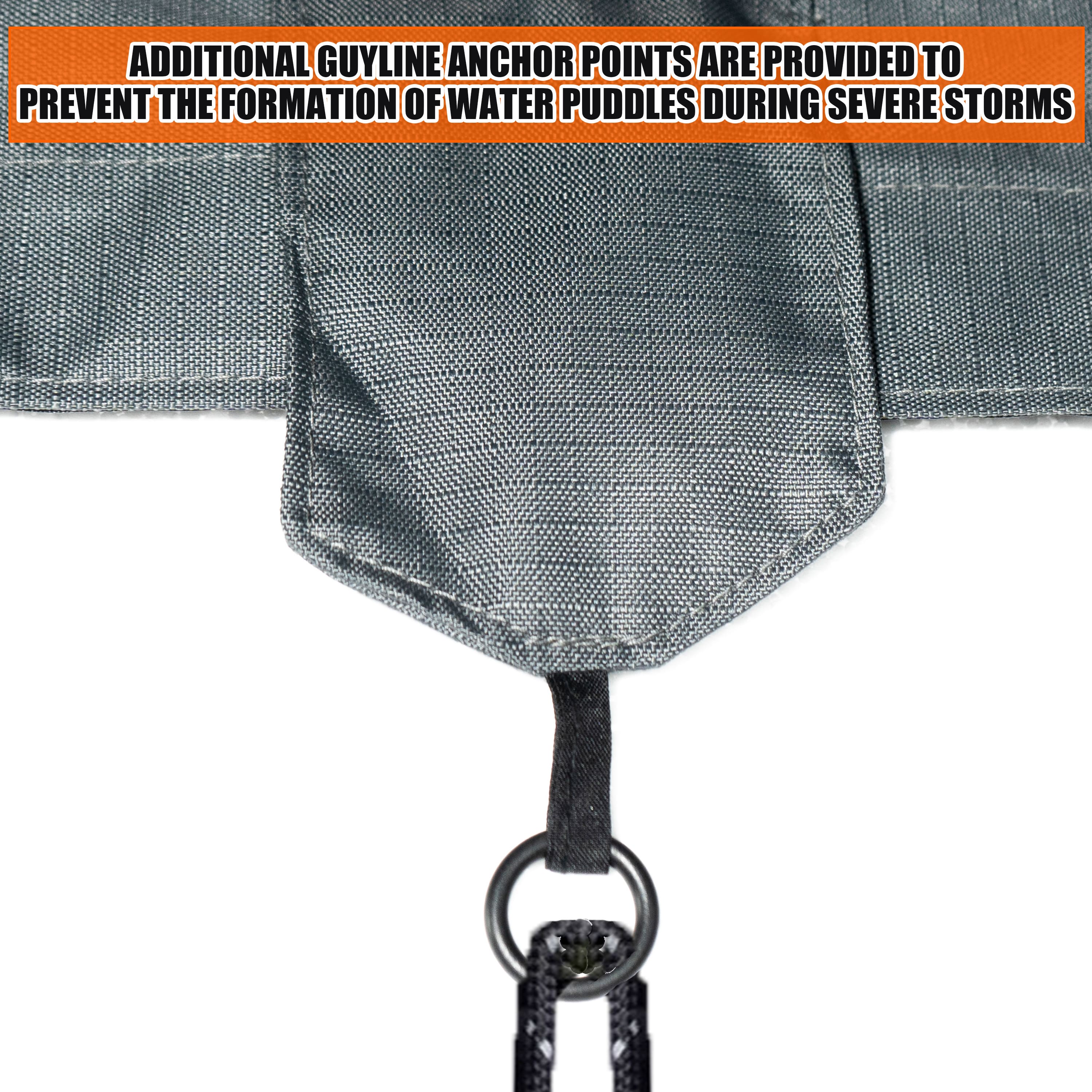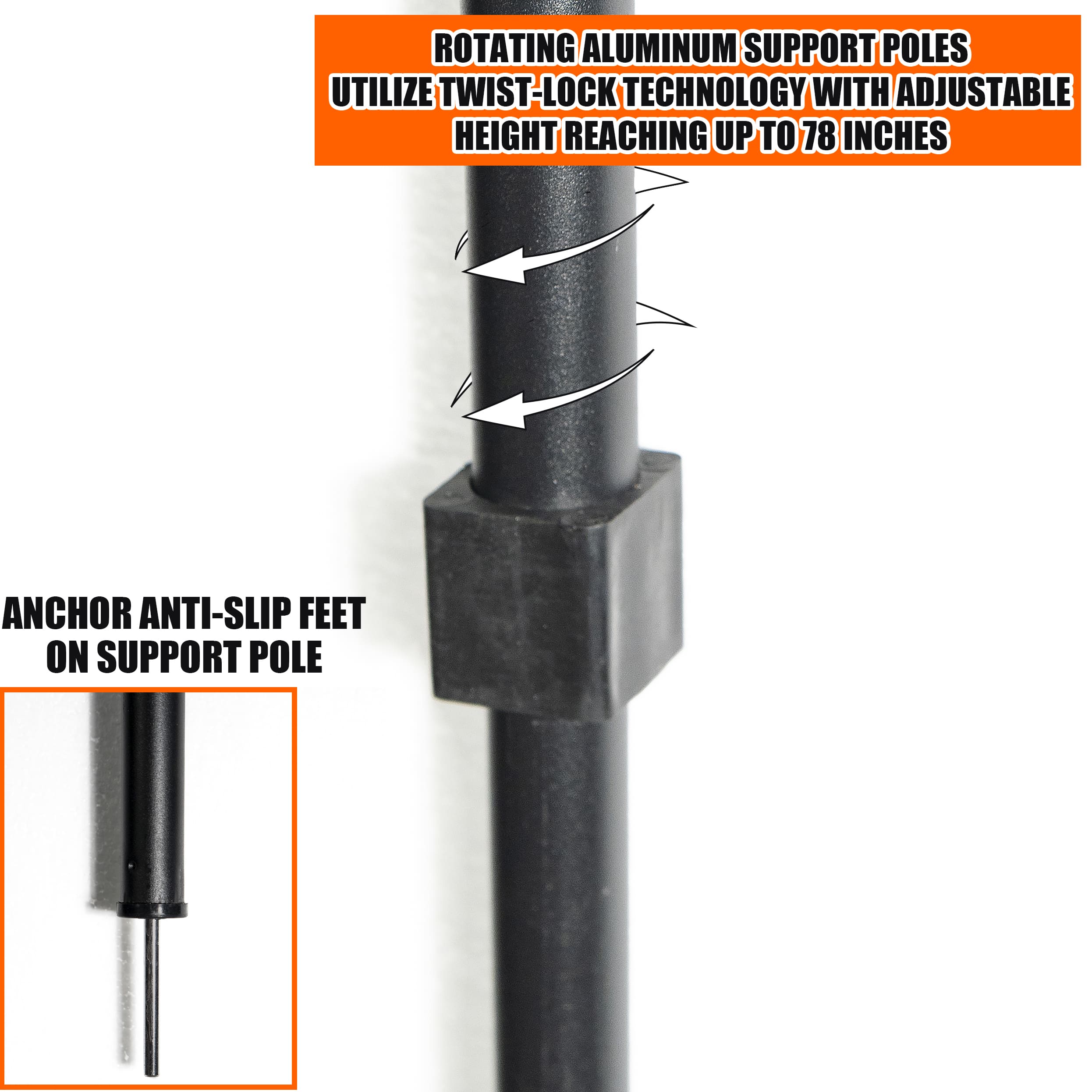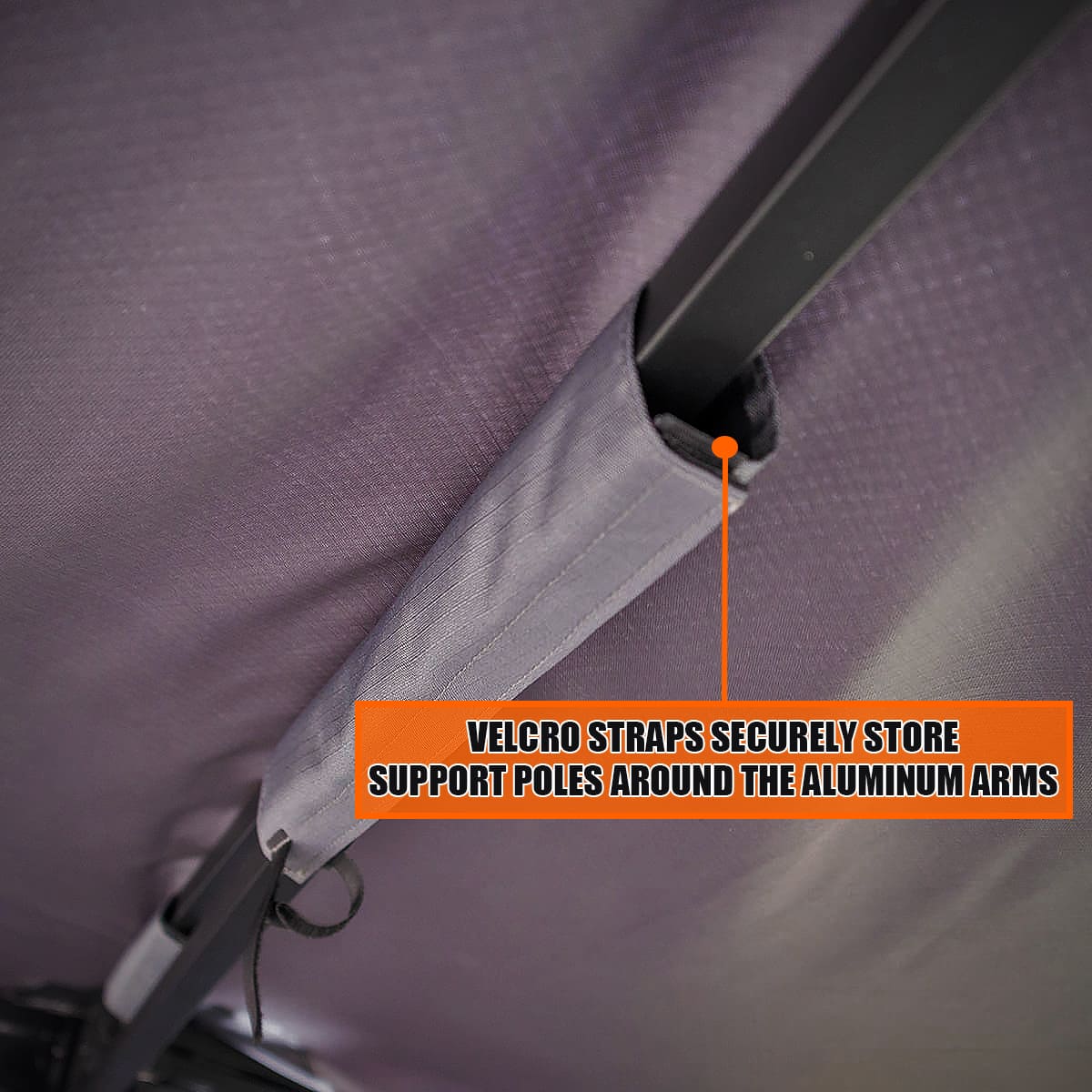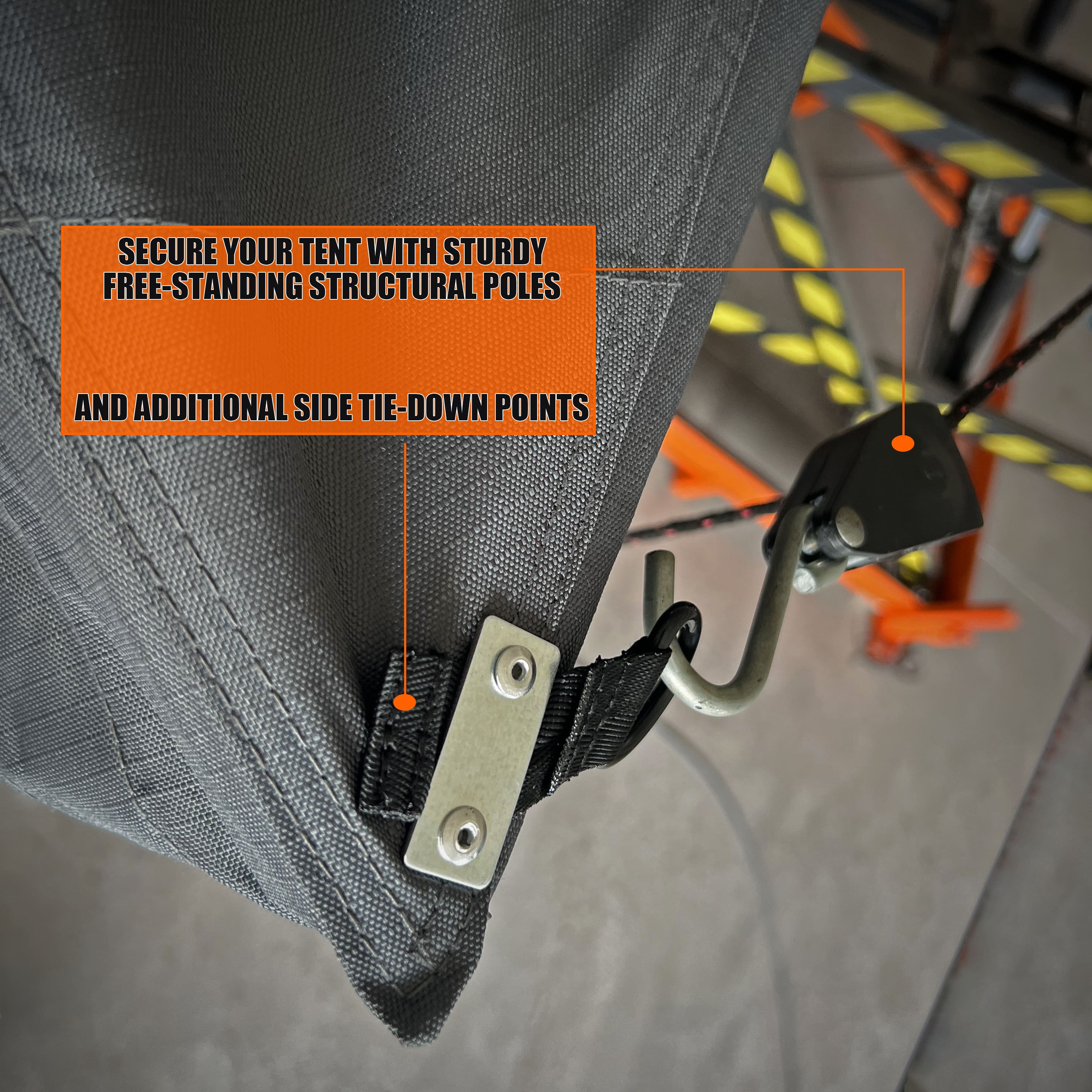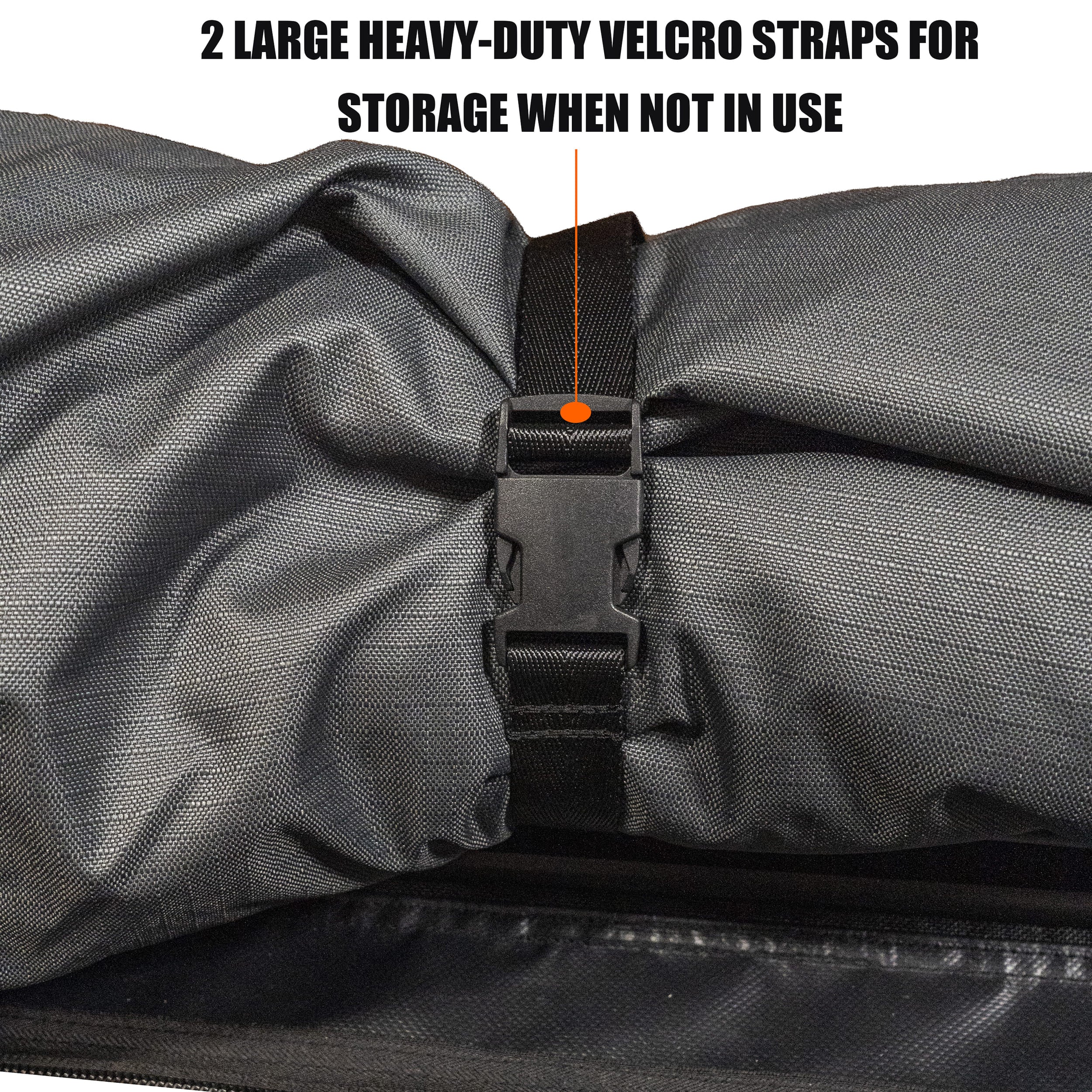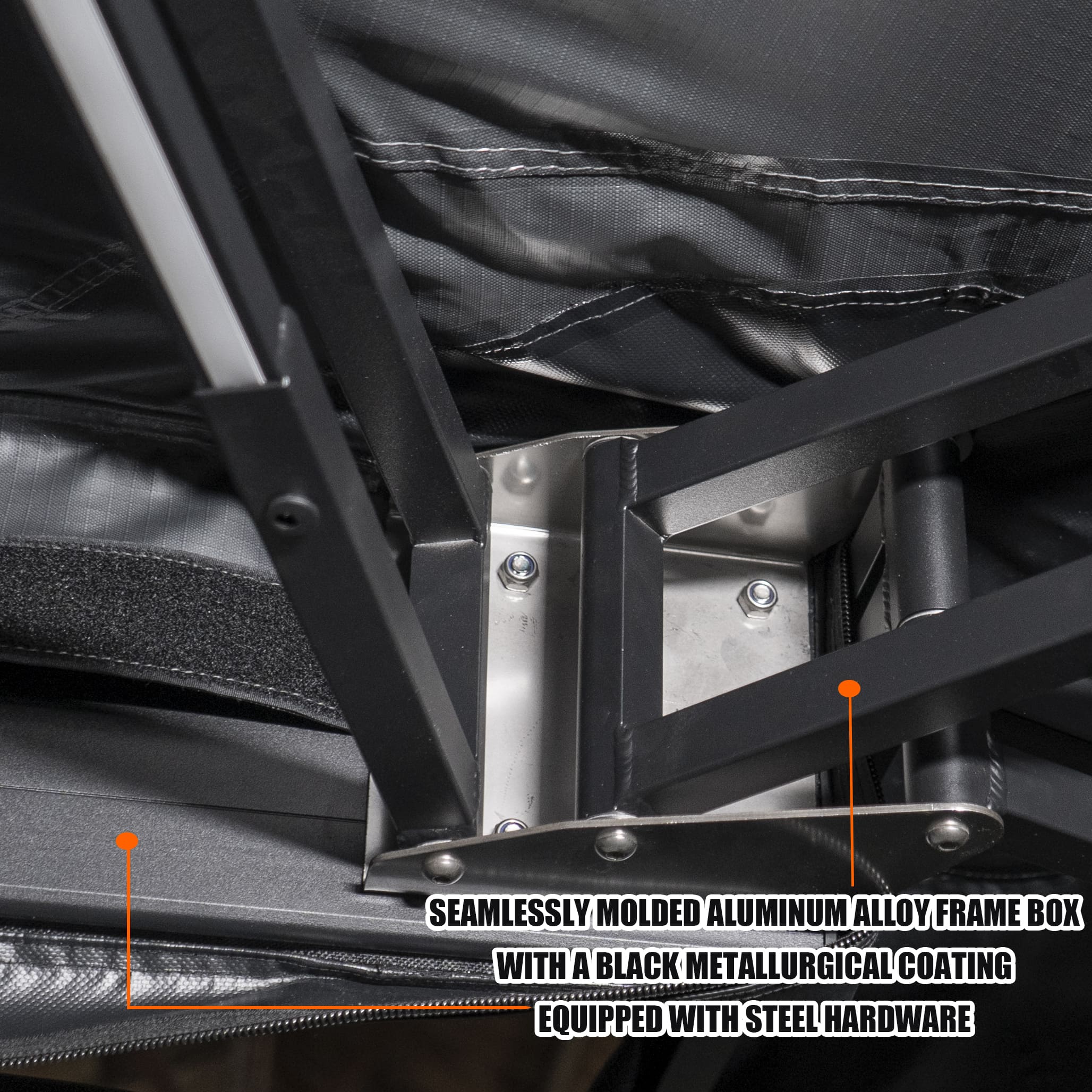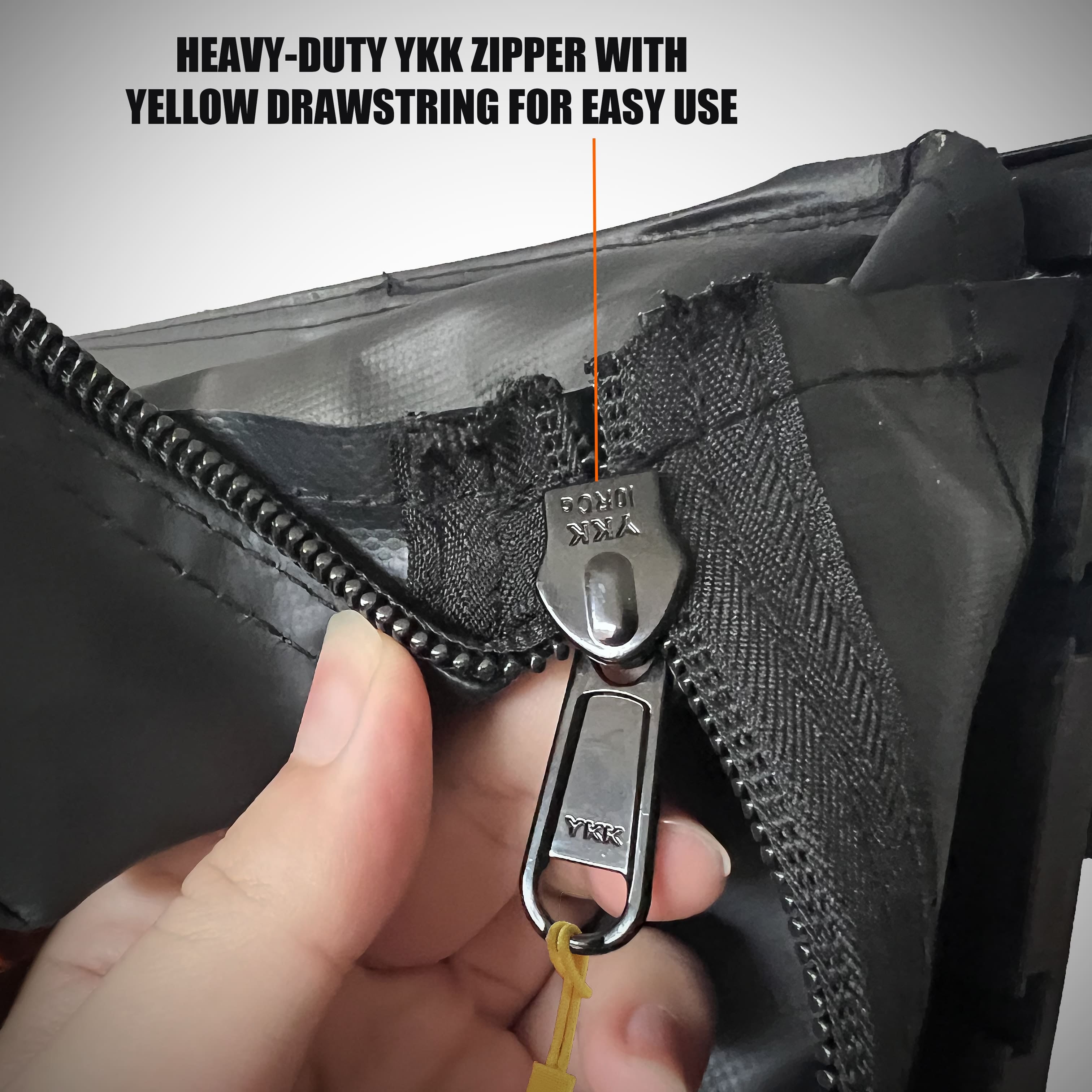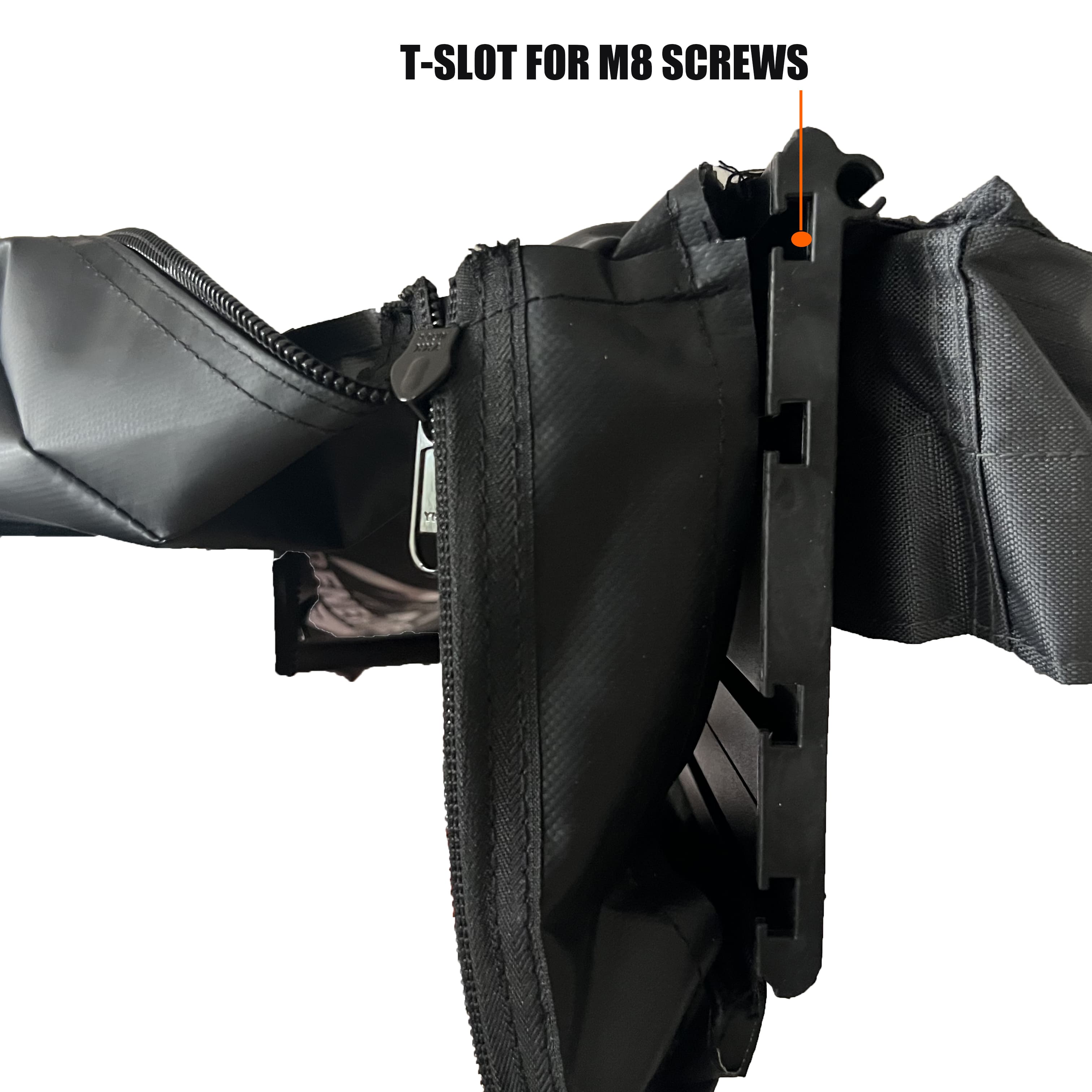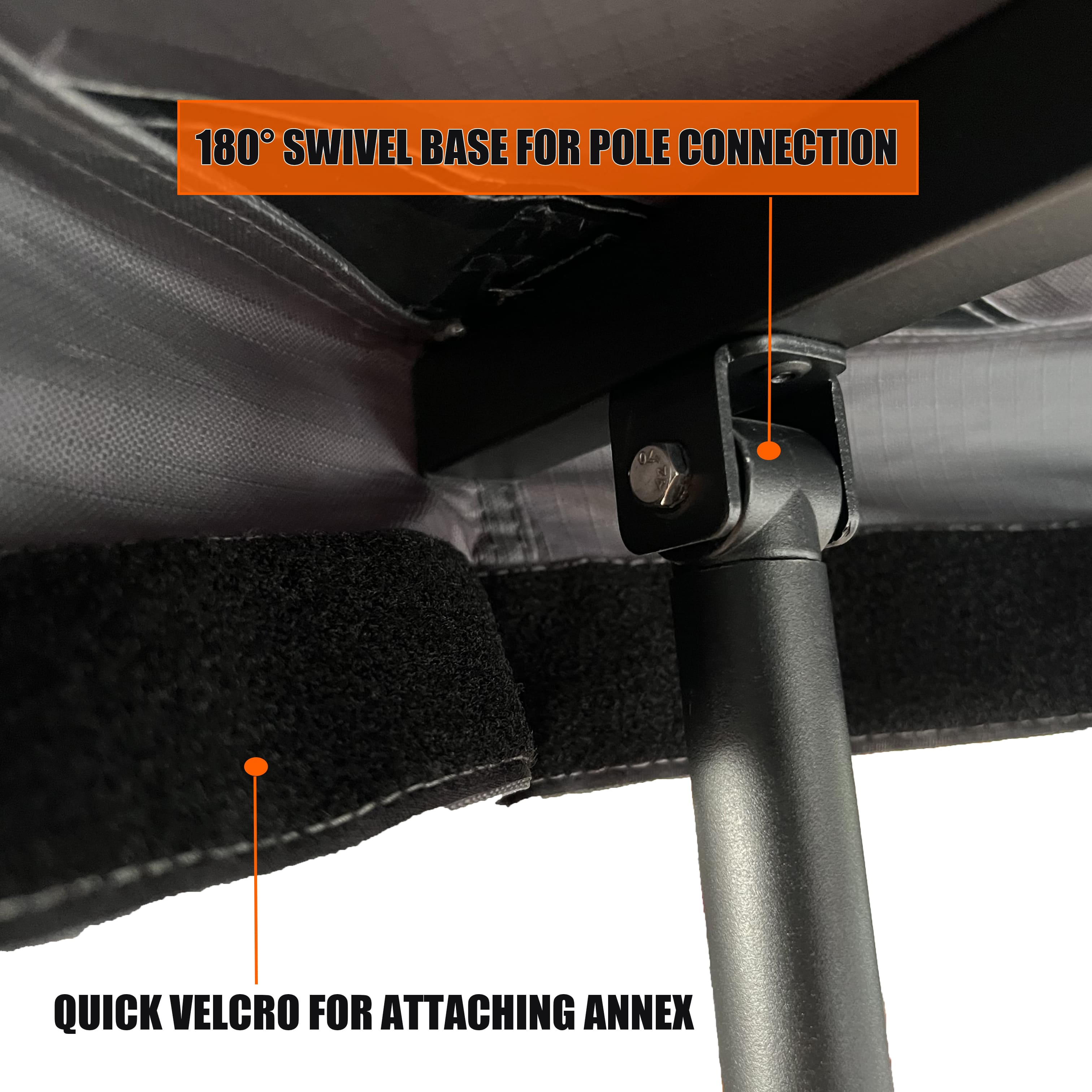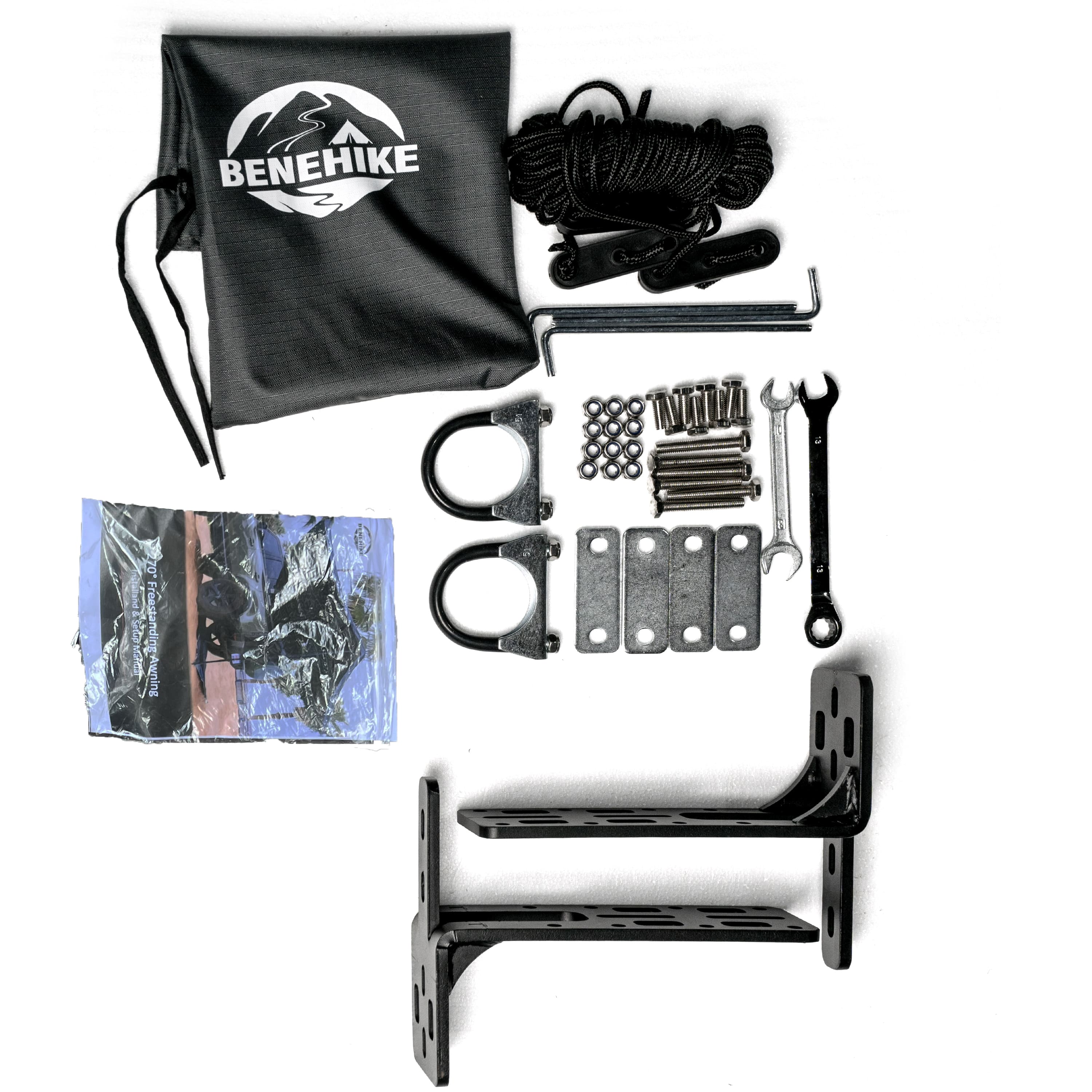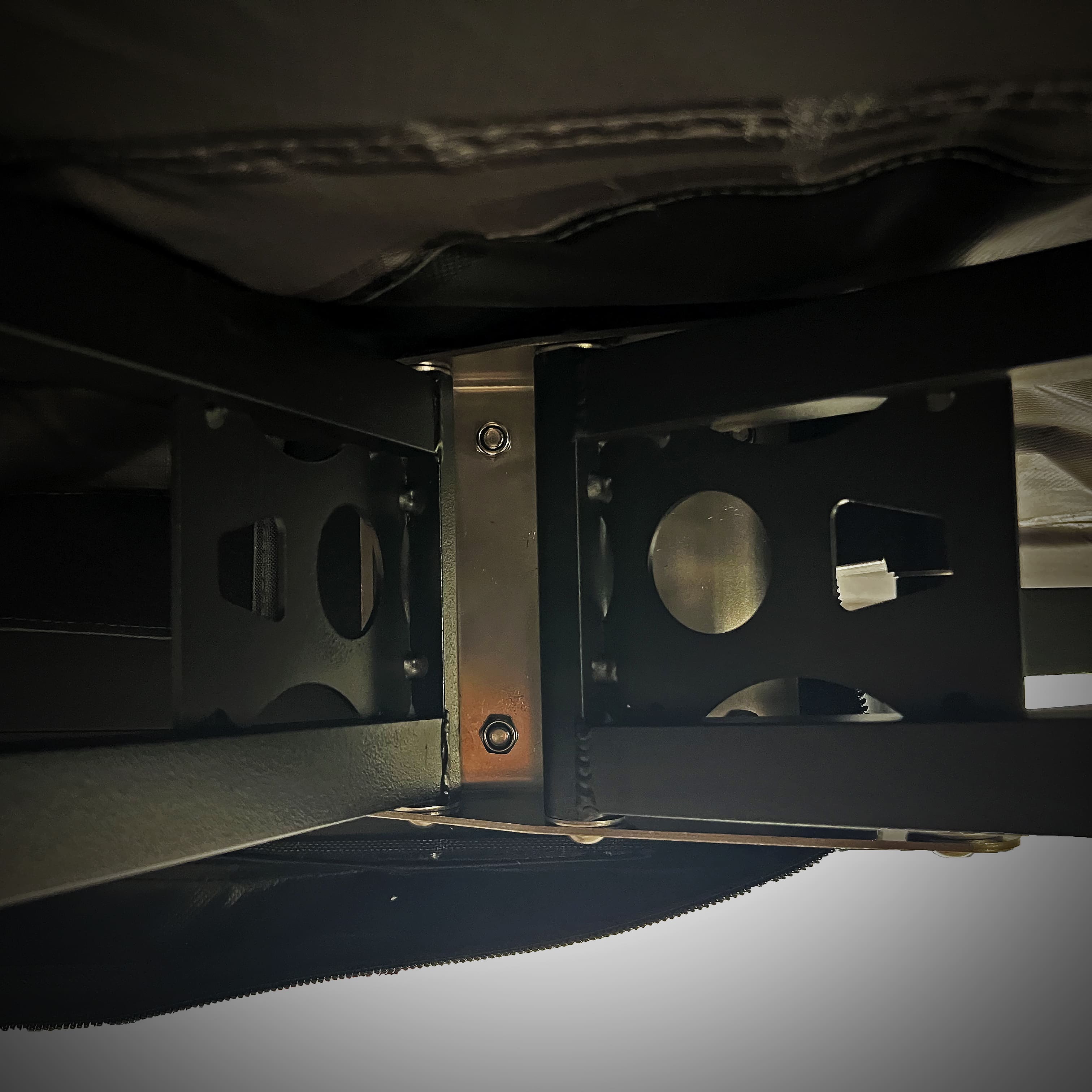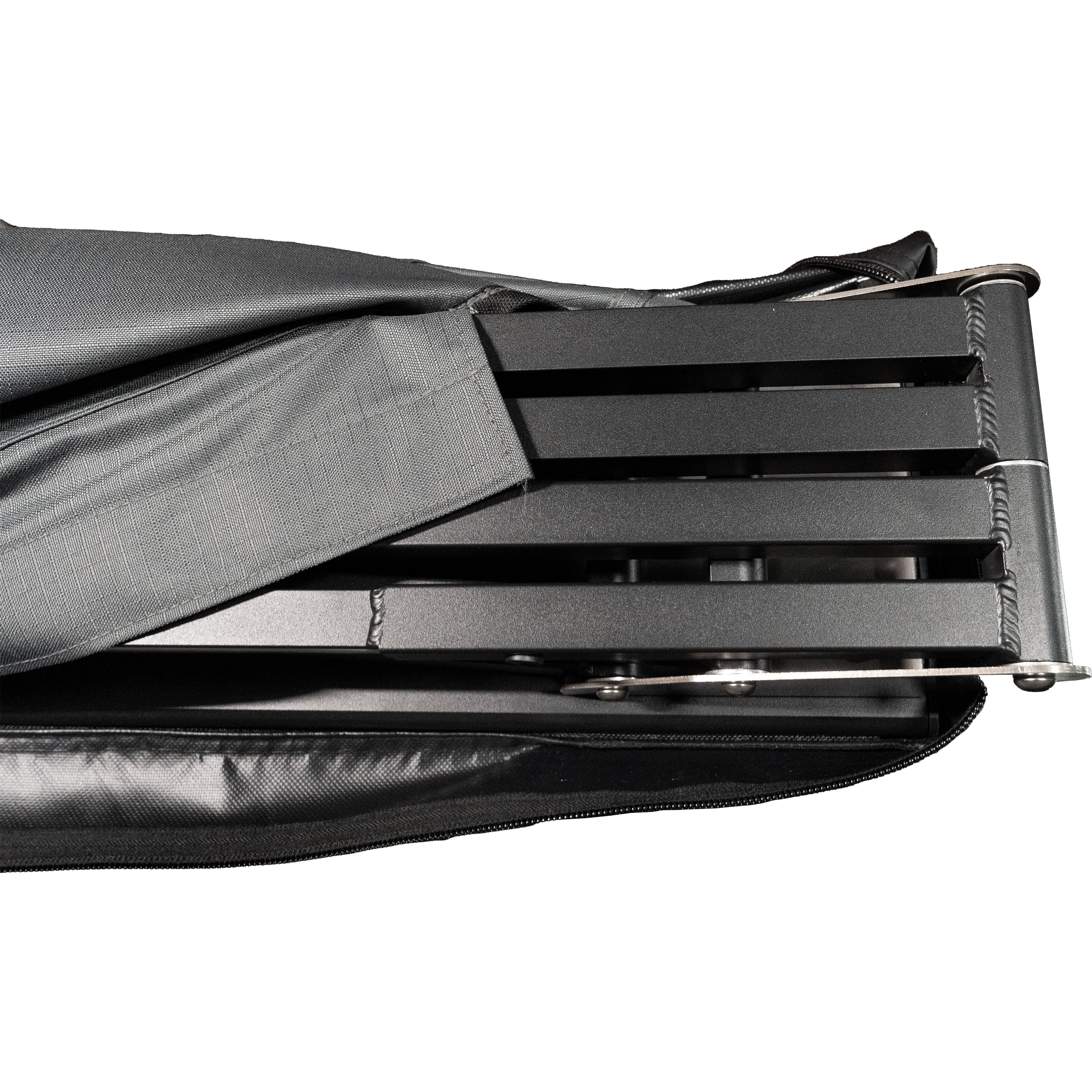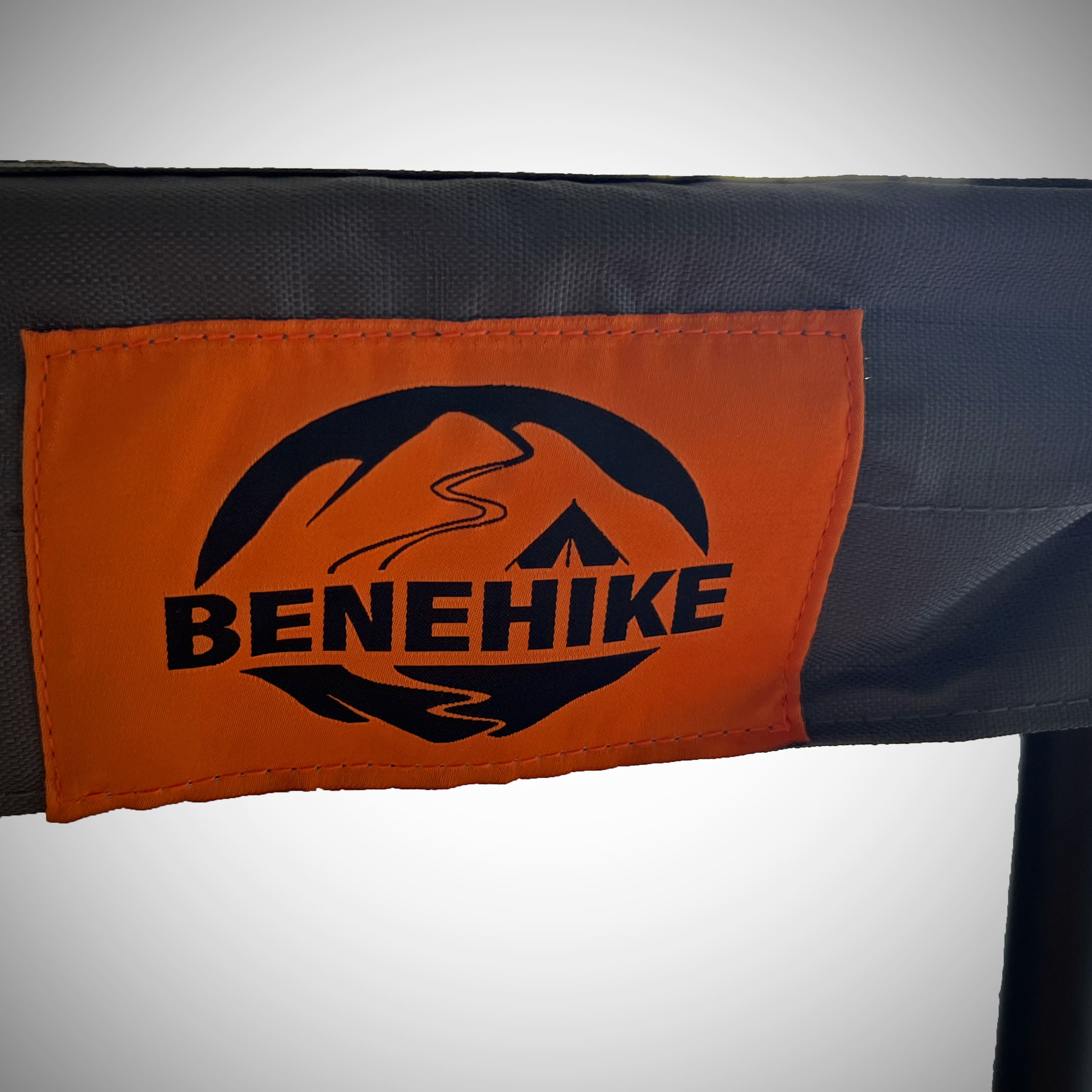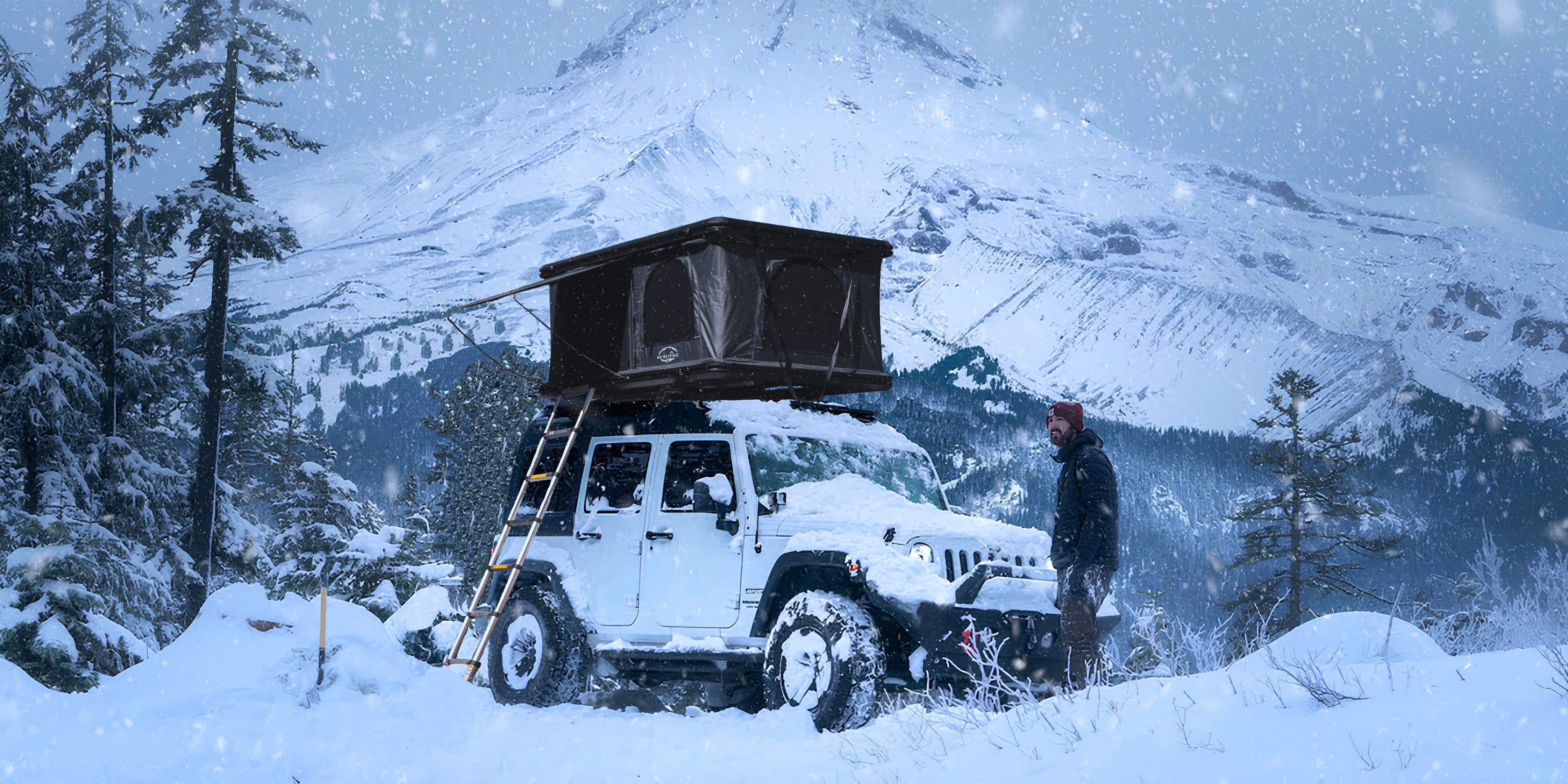Navigation
- What are the unique features of roof top tents to make your camping more comfort?
- Types of Roof Top Tents
- How to choose rooftop tents based on your needs?
Waking up to the warm glow of dawn peeking over the horizon, wisps of fog hovering softly above the treetops - now that's what I call glamping. As an avid outdoor enthusiast, I've spent many nights under the stars, enjoying the simple pleasures of camping. But after a while, sleeping on the hard ground starts to take its toll, making joint aches and back pain your new camping companions. That's why I swear by roof top tents for comfortable camping that still keeps you connected with nature. A roof top tent quite literally changes the game, elevating your basic tent setup while retaining the thrill of sleeping under the open sky. So if you're ready to upgrade your regular camping routine, read on for my ultimate guide to help you pick the perfect roof top tent to make your next camping trip truly memorable.
What are the unique features of roof top tents to make your camping more comfort?
- Elevated sleeping - You sleep up off the ground which is more comfortable, private, and keeps you away from insects, snakes, and other ground creatures. The height also allows for better views.

- Extra living space - Some roof top tents have enough headroom inside to allow for sitting up and using as extra living space during the day, not just for sleeping.
- Better ventilation - Most roof top tents have mesh panels, windows or other features to allow for better air flow and prevent moisture buildup. This makes them more comfortable in warm weather.
- Integrated shades - Many roof top tents have integrated shade options like solar shades, retractable screens or blinds to provide shade and protection from the sun during the day.
- Inbuilt storage - Some roof top tents have storage pockets, cubbies and dividers built into the tent fabric to make organizing your gear easier.
- Added security - The elevated height and hard shell base of some roof top tents makes them more protected against animals and potential intruders.
- Easy setup - Most roof top tents have quick and easy setup mechanisms so you can be up and sleeping within minutes of arriving at your campsite.
Types of Roof Top Tents
With all the advantages of roof top tents in mind, I think you already have some idea about what the roof top tents could bring to your camping trip! Now it comes to the topic of how to choose the right tent. Choosing the right roof top tent with the features that suit your needs is an important step in elevating your basic tent setup. There are several different types of roof top tents on the market, each with their own unique features and advantages.
Hard shell roof top tents are the most basic style. They consist of a hard shell case that attaches to your vehicle roof rack, and has a built-in ladder for easy access. When opened, the hard shell becomes your roof and tent walls. These tents are compact, rugged and affordable making them a great entry level option. However, they tend to be noisy in the wind and offer minimal insulation.

Soft shell roof top tents have fabric walls and roof that are pitched over an internal frame. This allows for more headroom inside and better ventilation and ventilation. Soft shell tents are also quieter in the wind, and some models have slightly thicker fabric for better insulation. However they are slightly bulkier packed down compared to hard shell tents.
Hybrid roof top tents are a mix of soft and hard shell designs, combining the benefits of both. They have a hard shell base and internal frame, but fabric walls and roof that pitch over the frame. This provides the best of both worlds with durability, compact size opened up, and increased living space and ventilation. Many campers consider hybrid tents to be the gold standard for roof top camping.
How to choose rooftop tents based on your needs?
In general, think about your priorities - convenience, weight, durability, budget, etc. - and compare different rooftop tent options based on those needs to find the best match for you. Read reviews and compare features across brands. Then choose the rooftop tent that most closely aligns with your specific requirements.
- Size - Choose a tent size that fits your needs. Small tents are good for 1-2 people, medium for 2-3 people, and large for 3+ people. Consider if you need room for gear as well.
- Weight - Lighterweight tents are easier to handle and mount, but may be less robust. Heavier tents are more durable but harder to handle.
- Access - Some tents have side doors for easier access, while others only have top hatches. Side doors are more convenient.
- Materials - Decide if you want a hard-shell or soft-shell tent. Hard shells are more durable but heavier, while soft shells are lighter but less rugged.
- Features - Consider extras like built-in mattresses, storage pockets, window shades, electrical ports, etc.
- Ease of use - Look for tents with easy mounting systems and simple lift mechanisms to raise and lower the tent.
- Price - Tents can range from under $1000 to over $3000 depending on size, materials, features and brand. Determine your budget.
- Warranty - Longer warranties provide more peace of mind in case of defects or issues. Typical warranties are 1-3 years.


